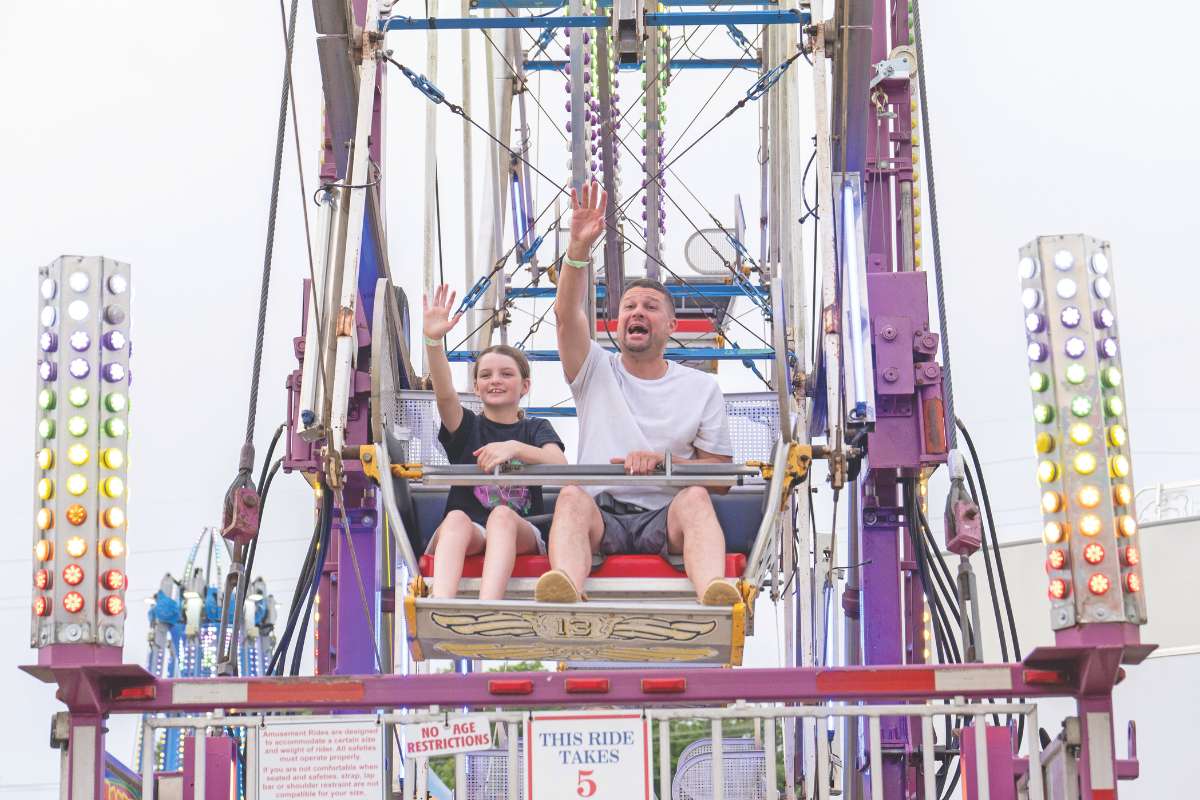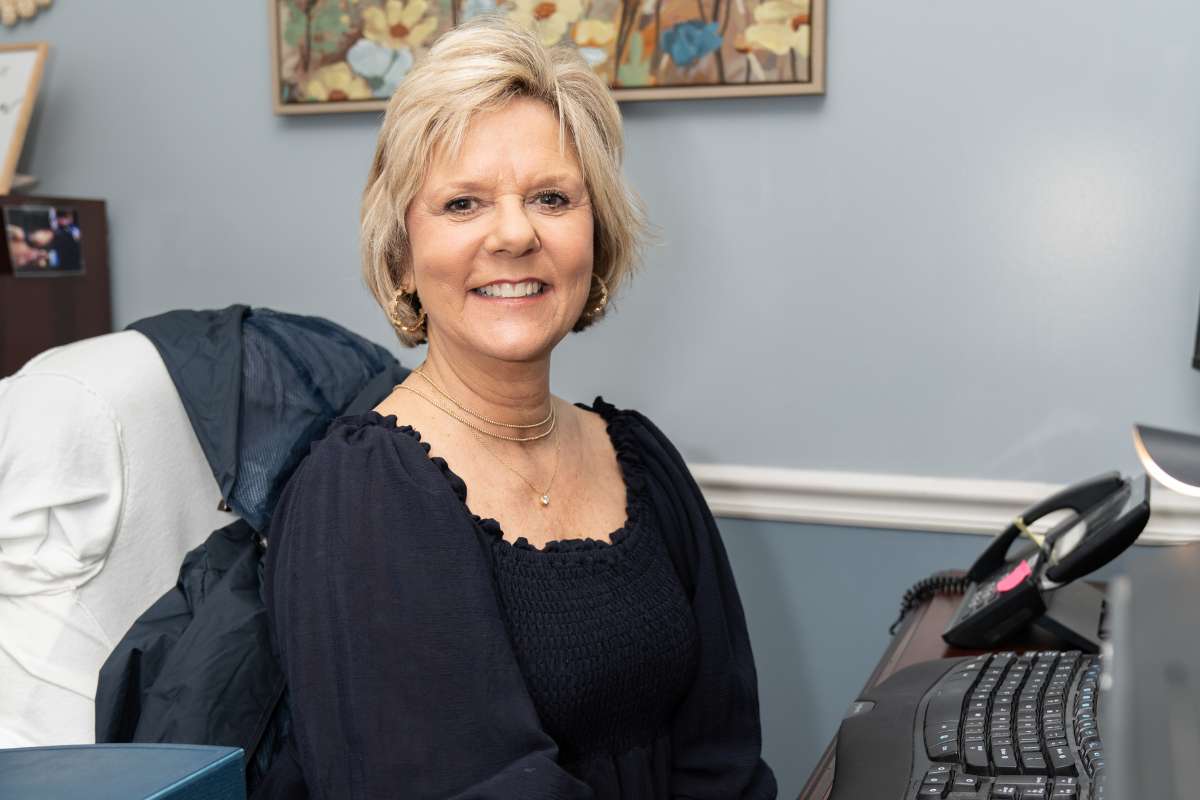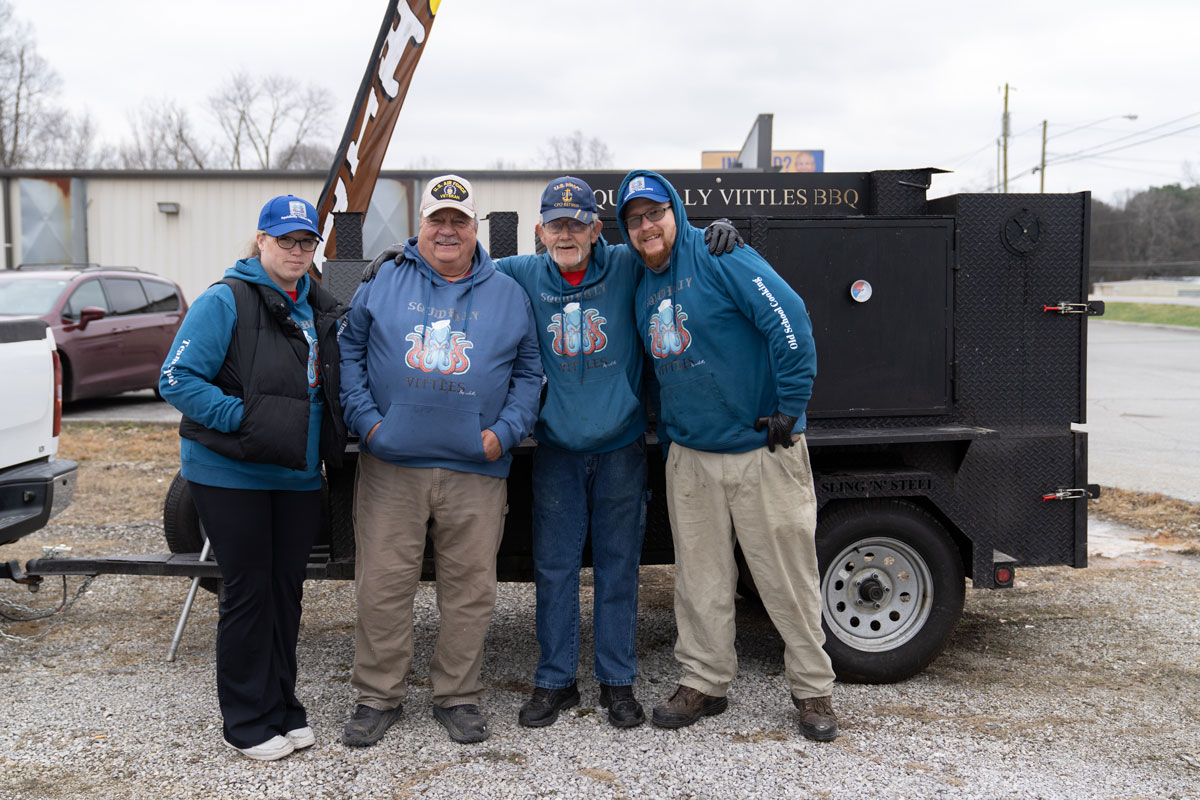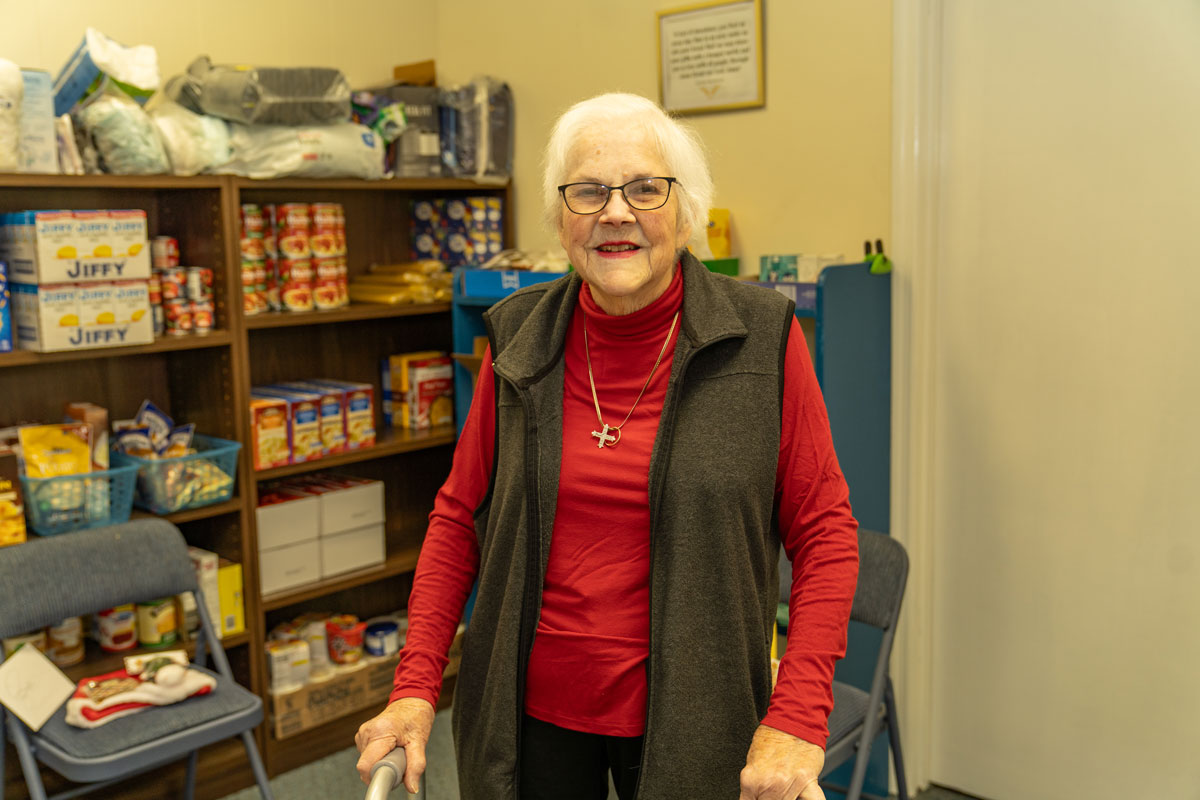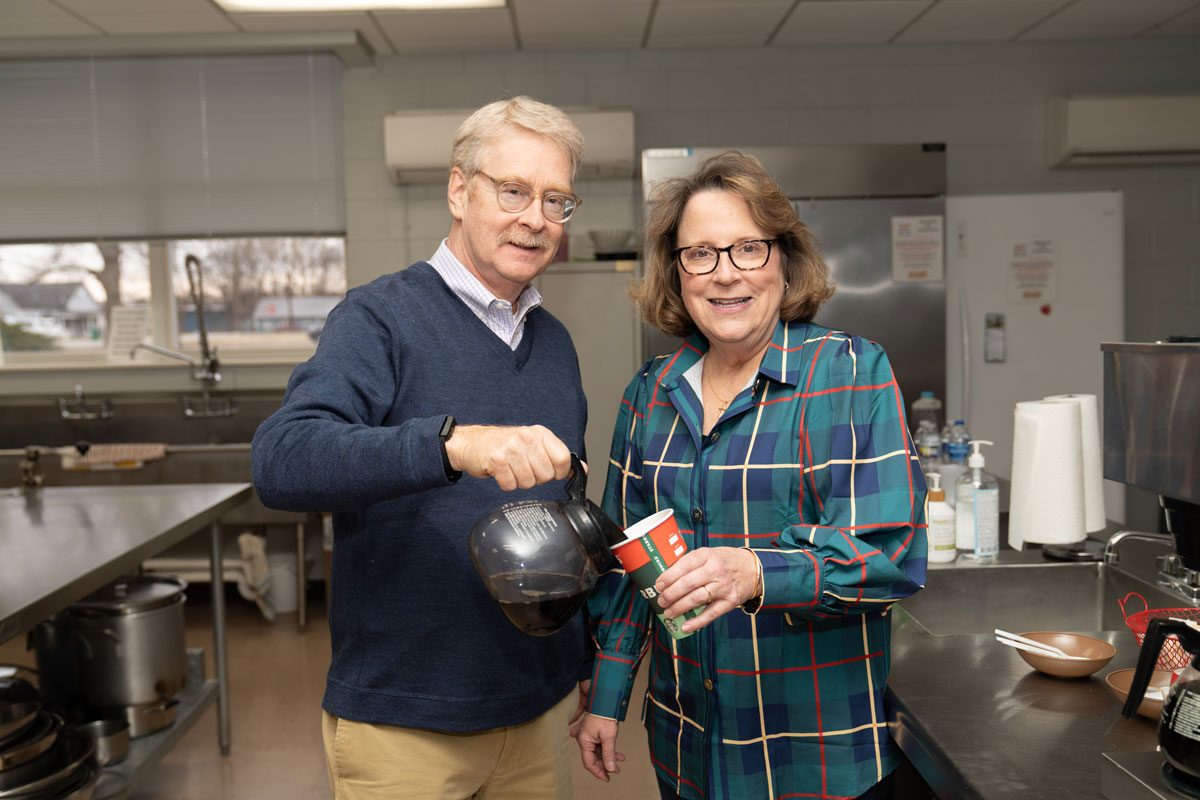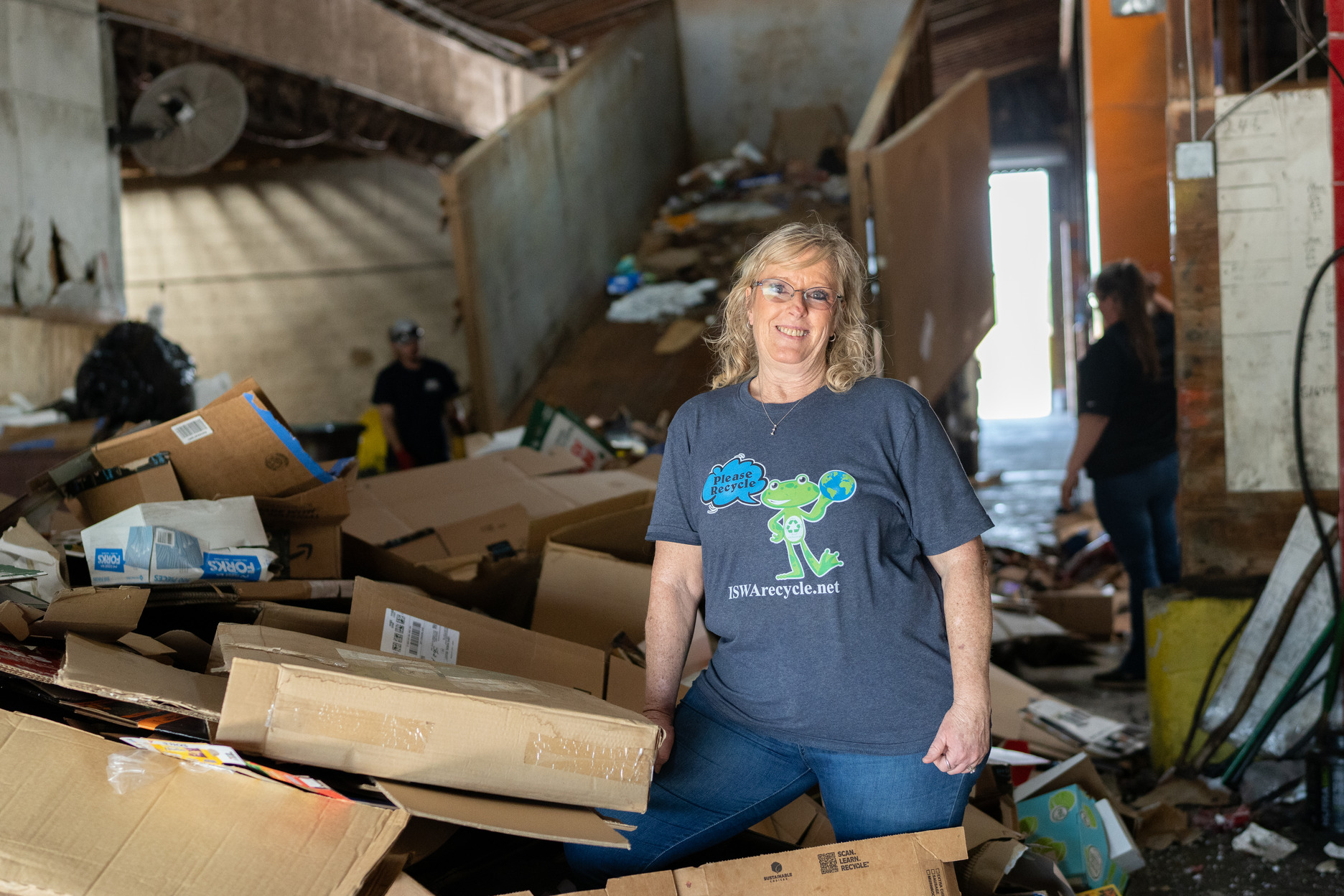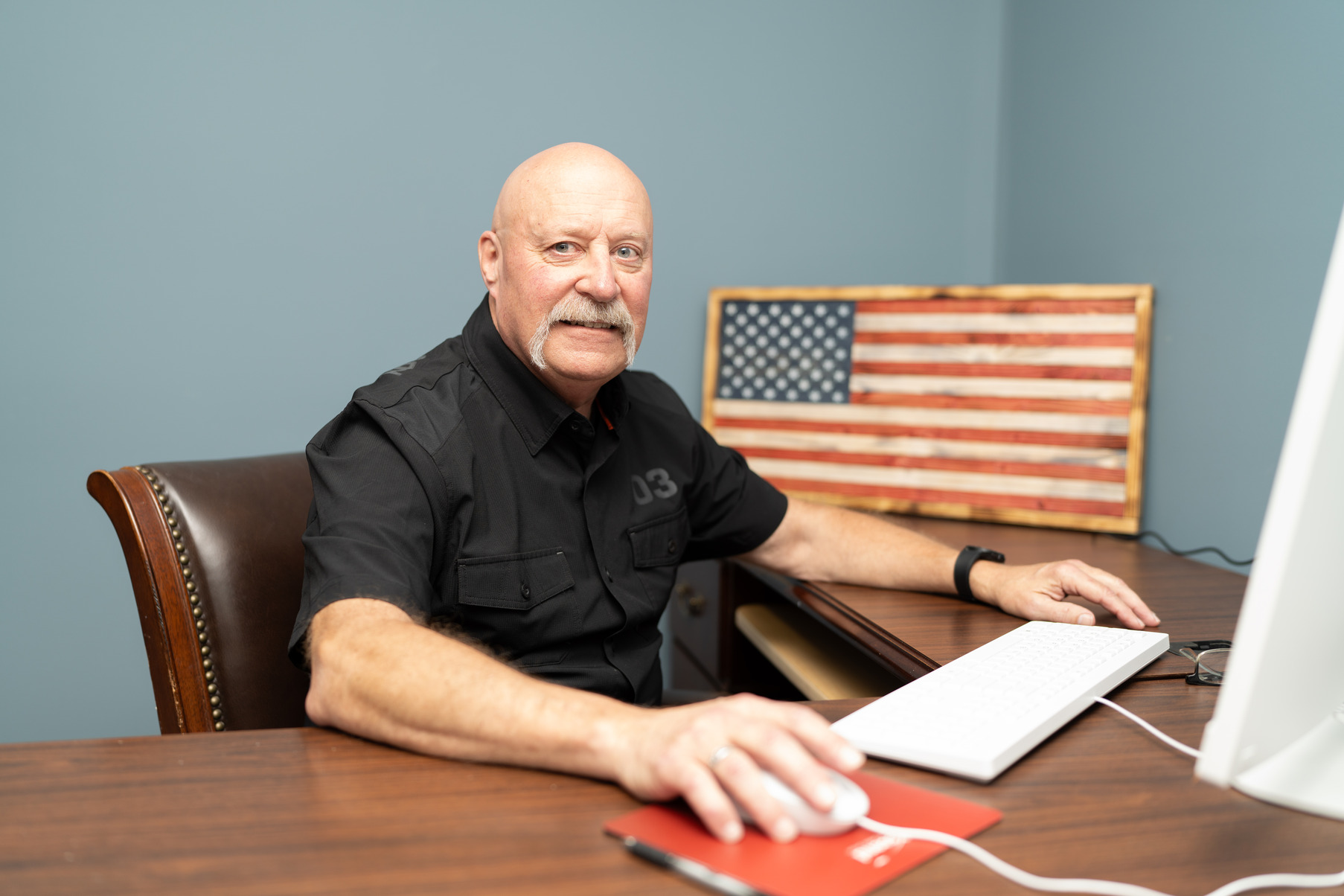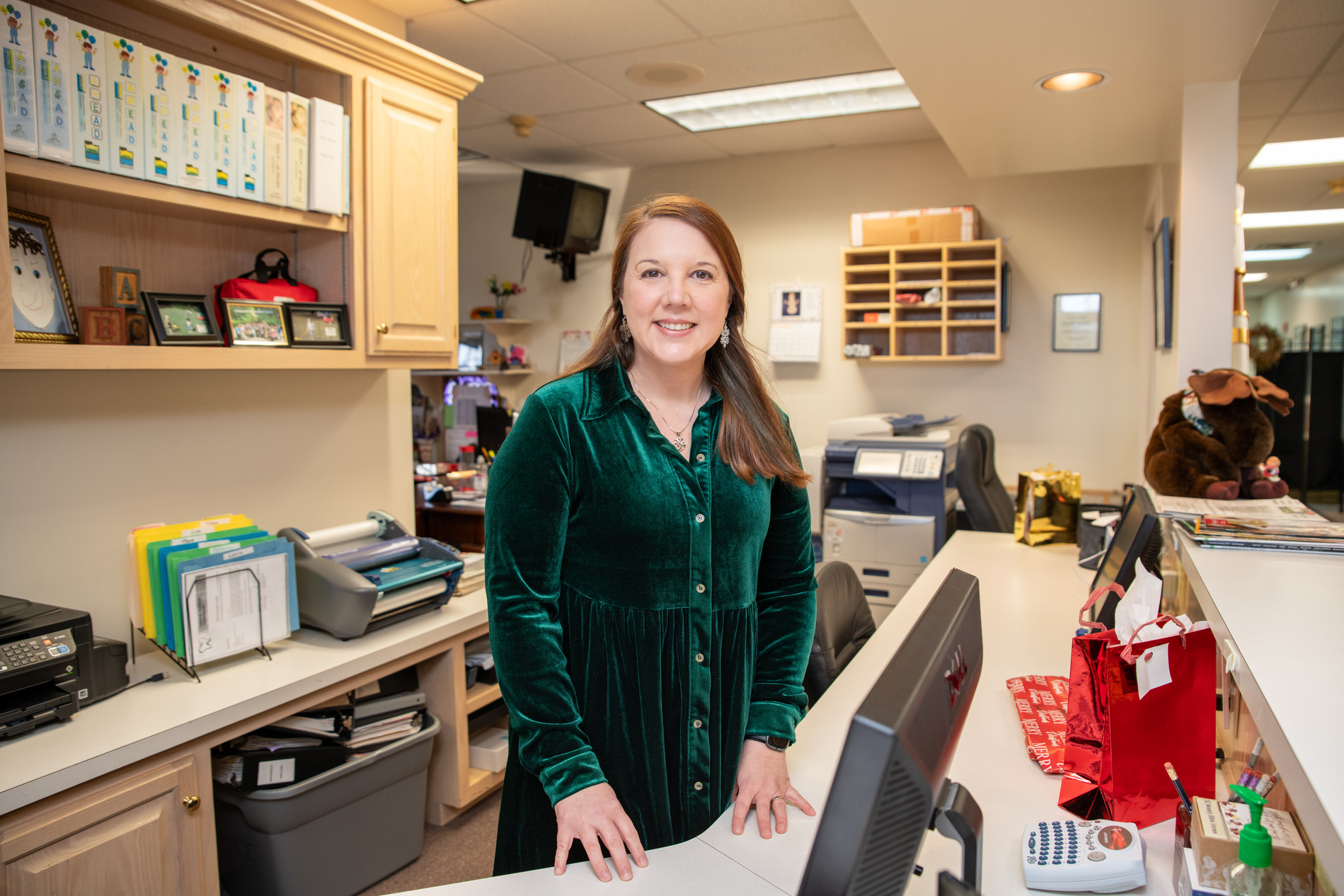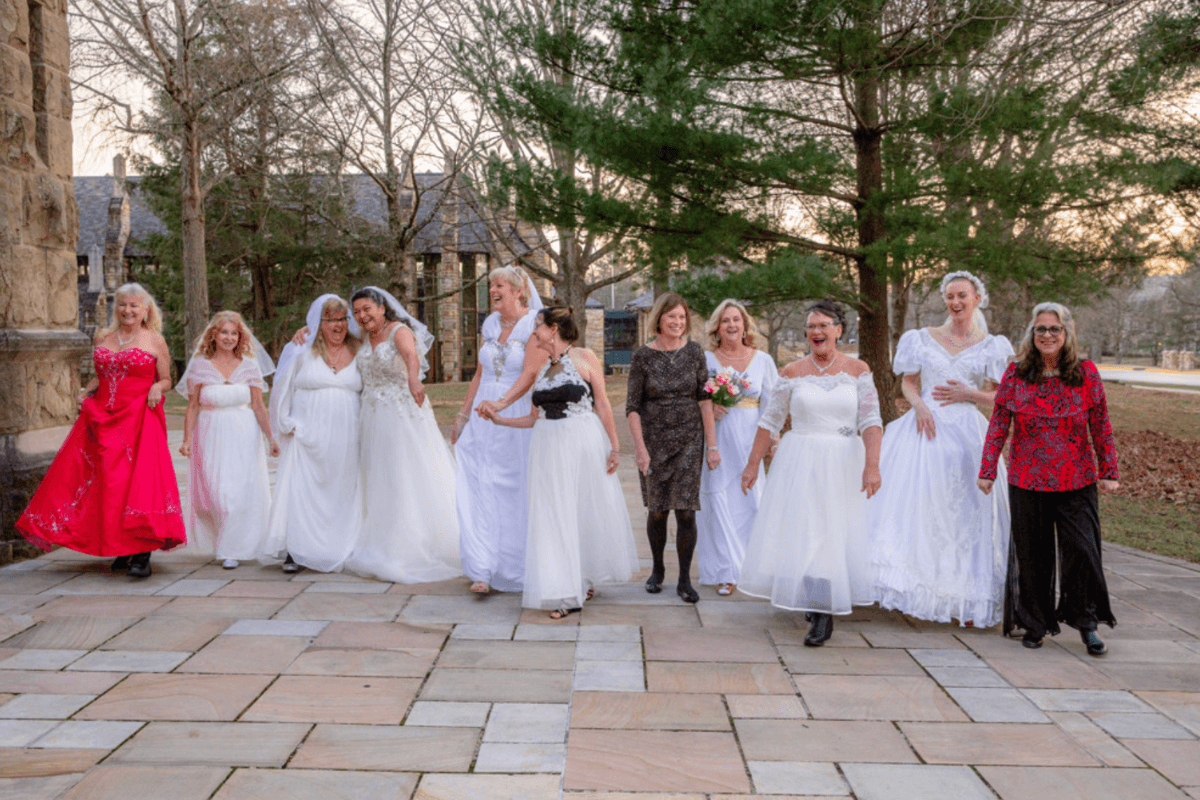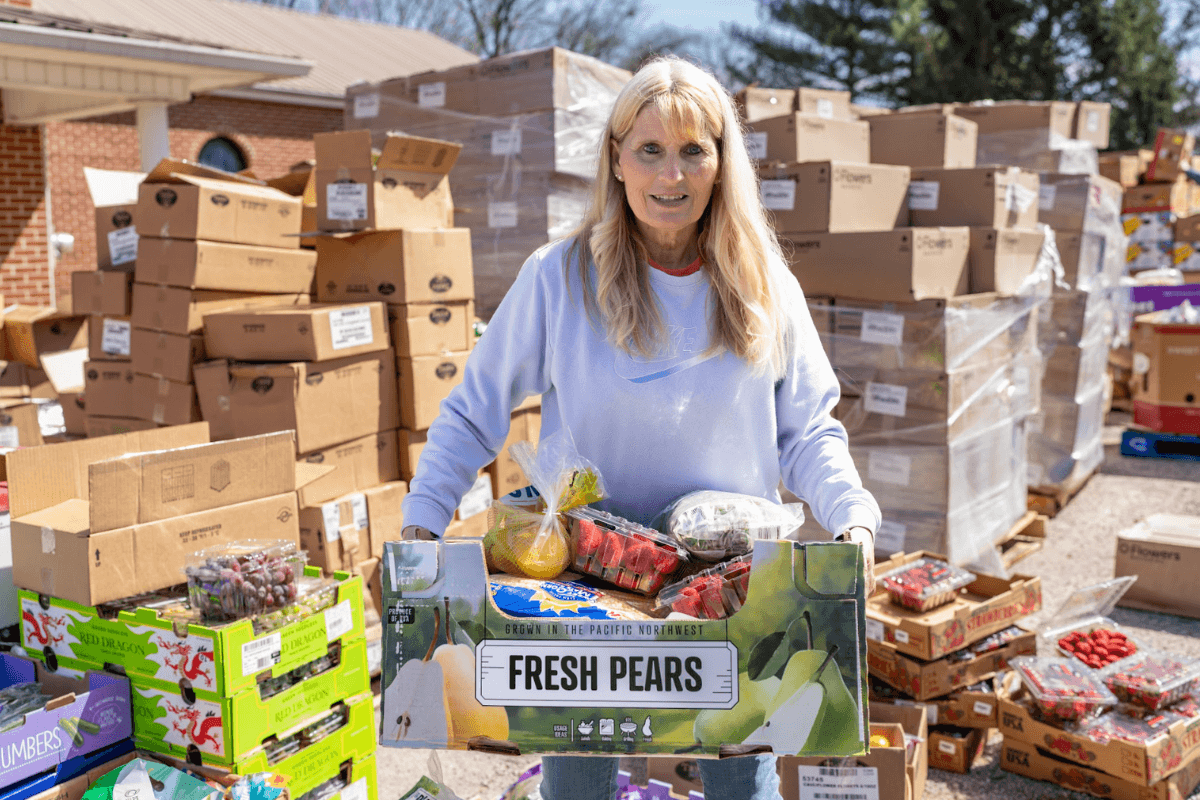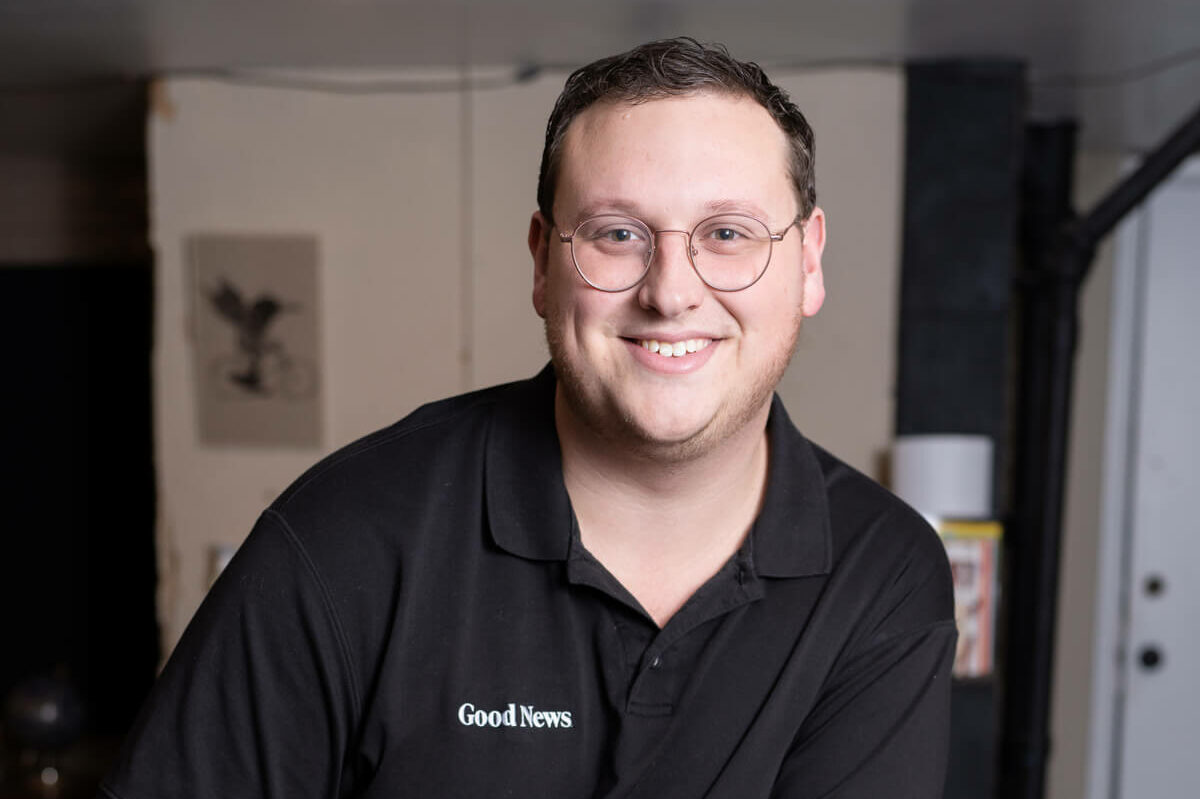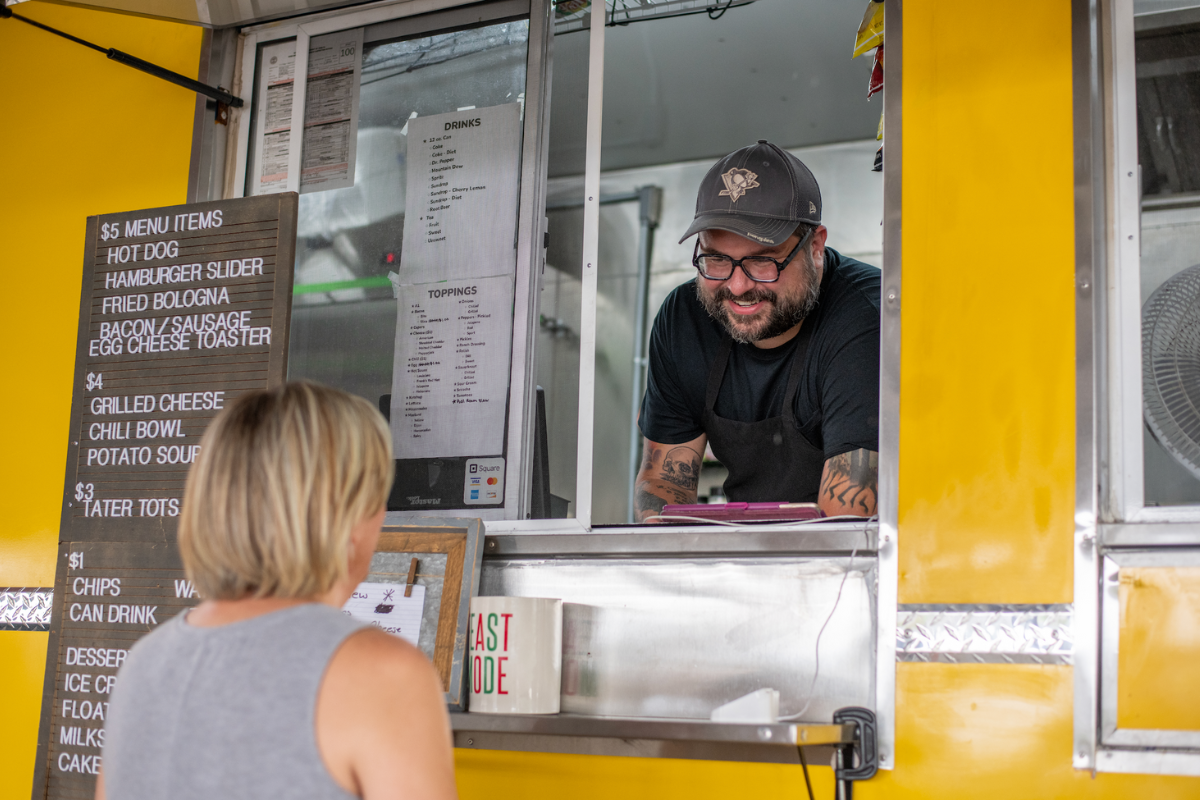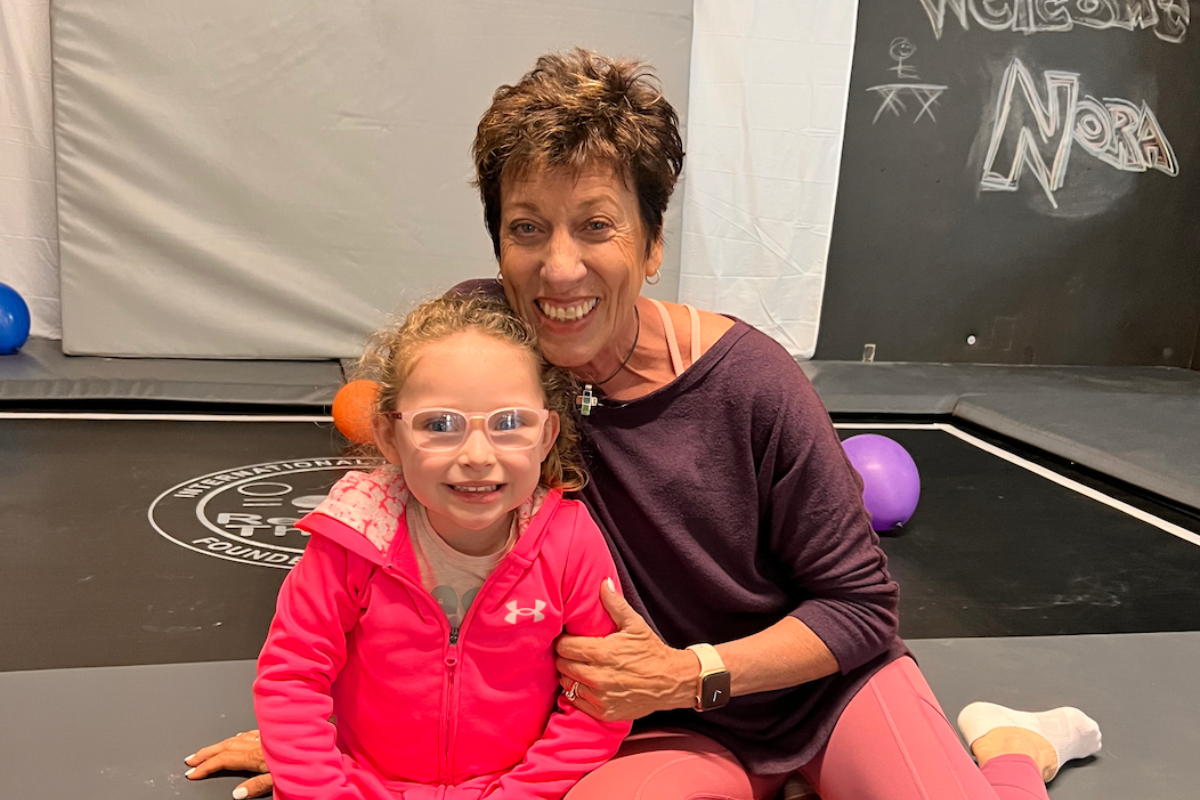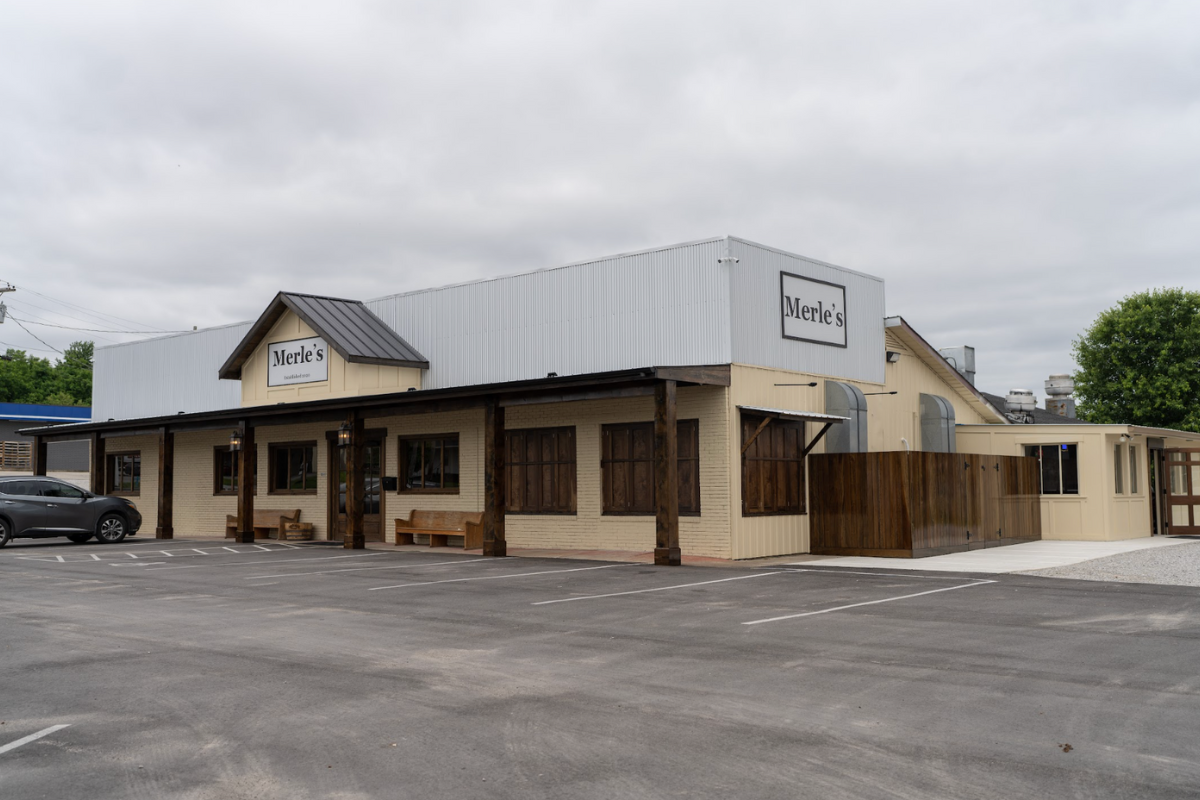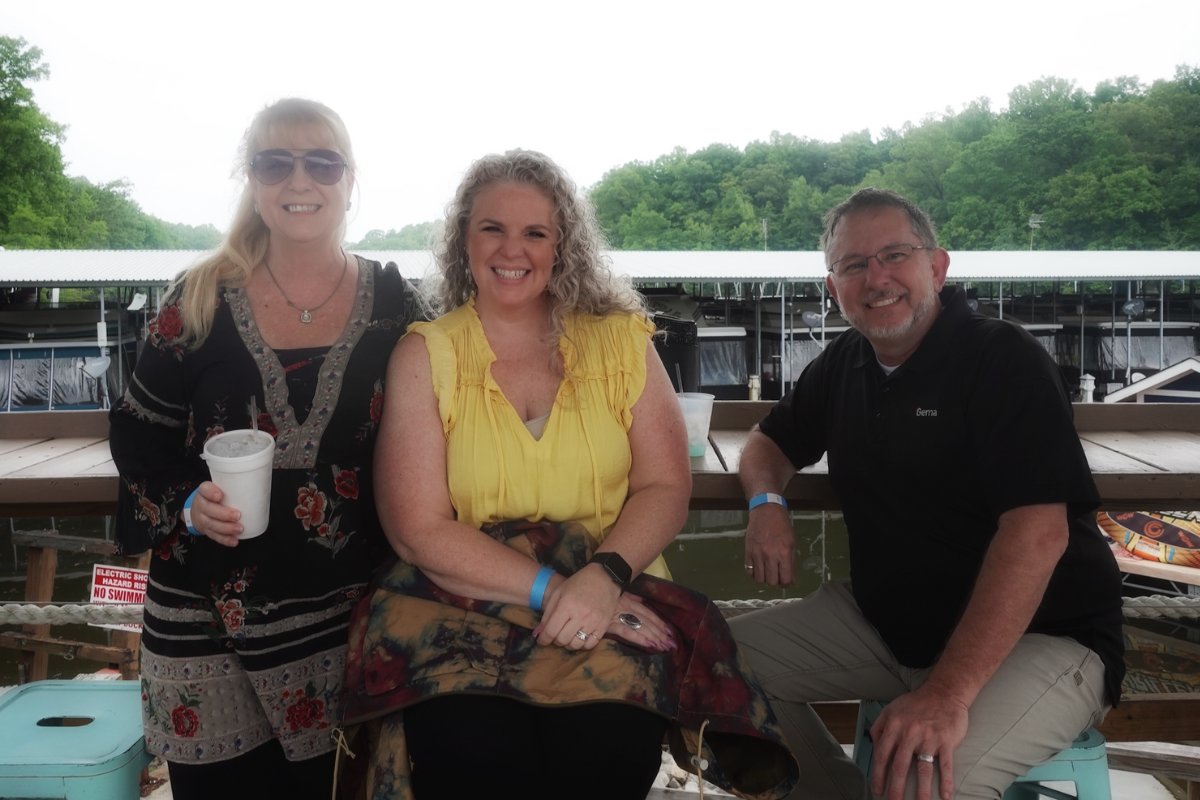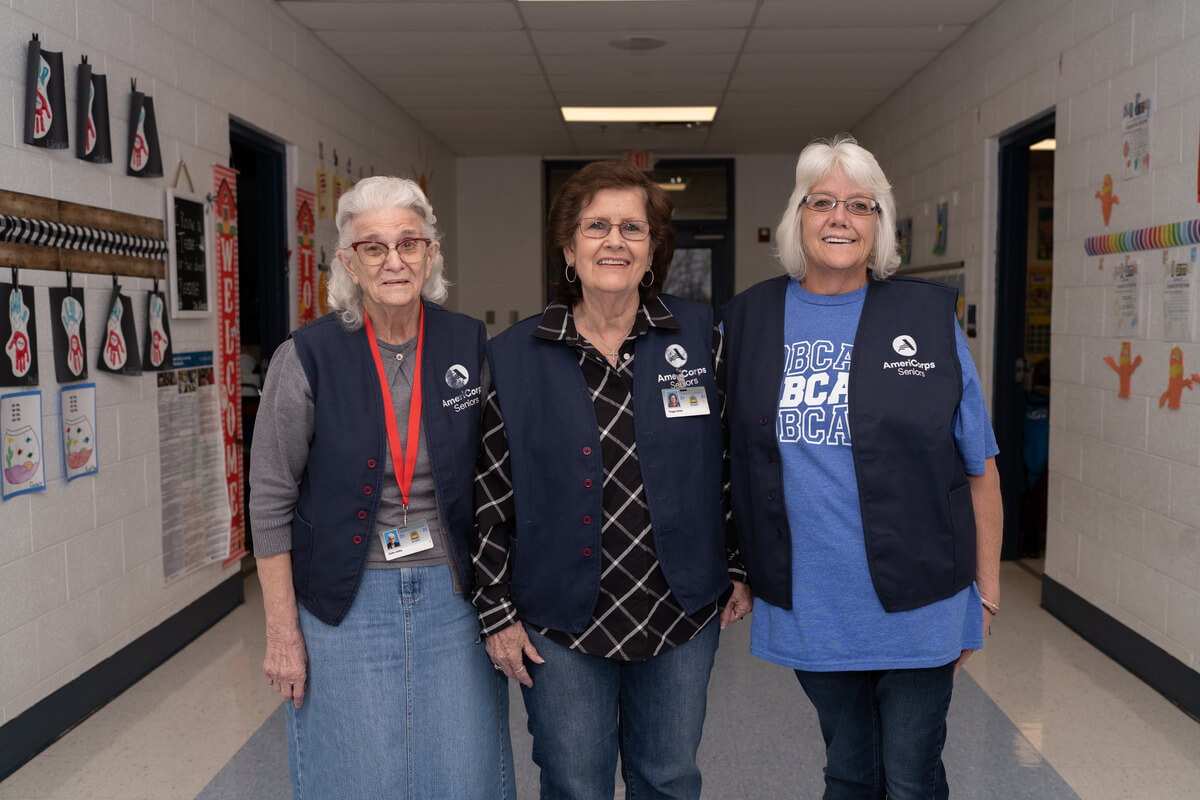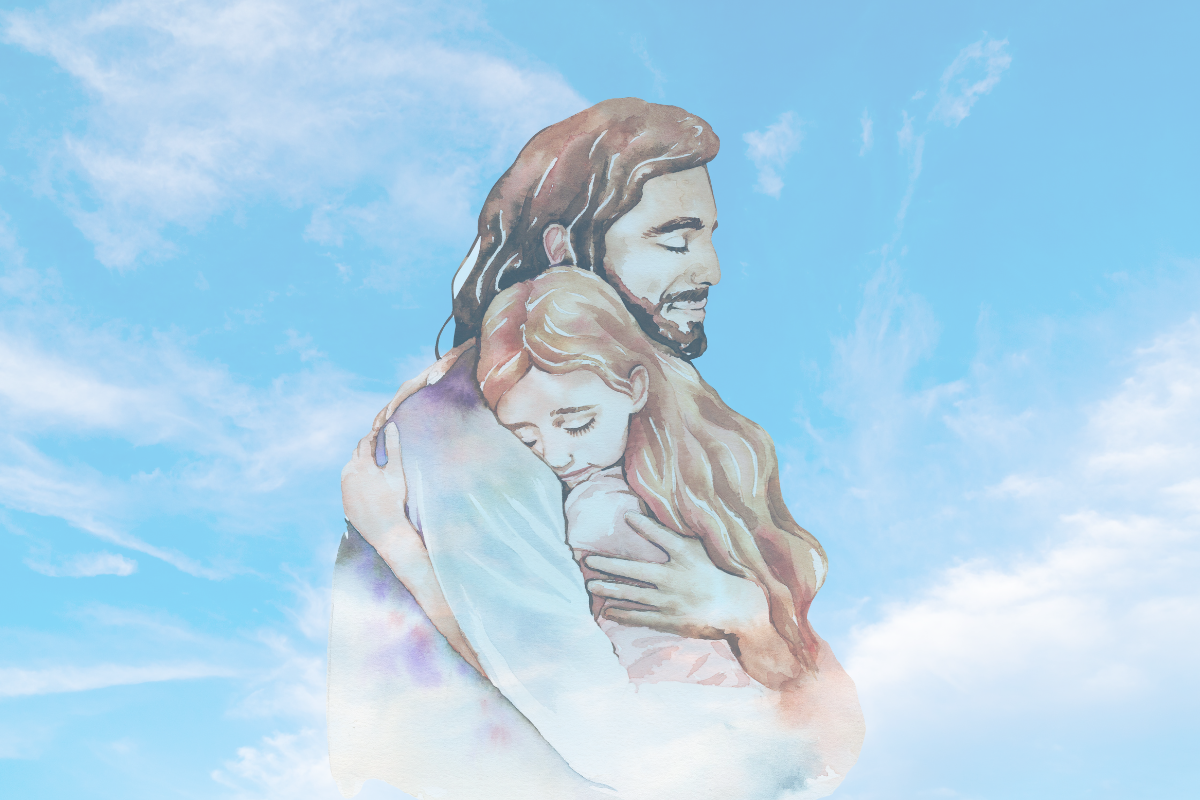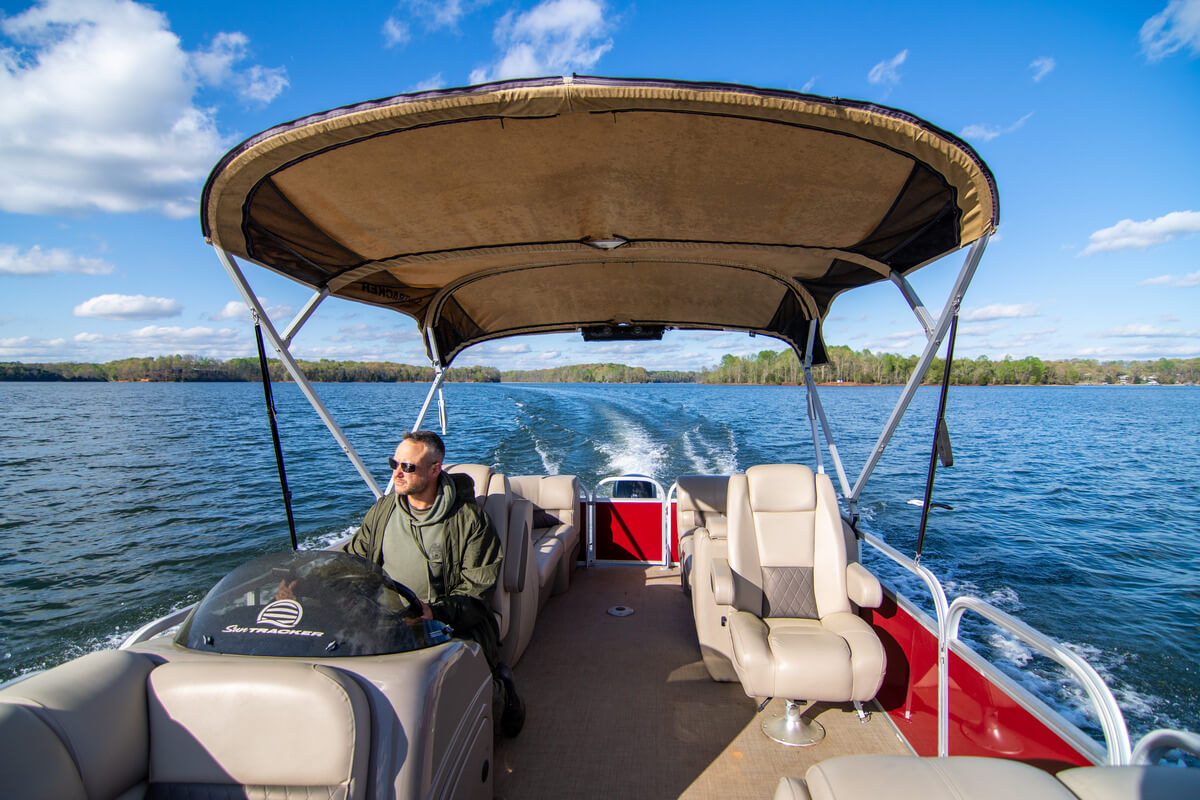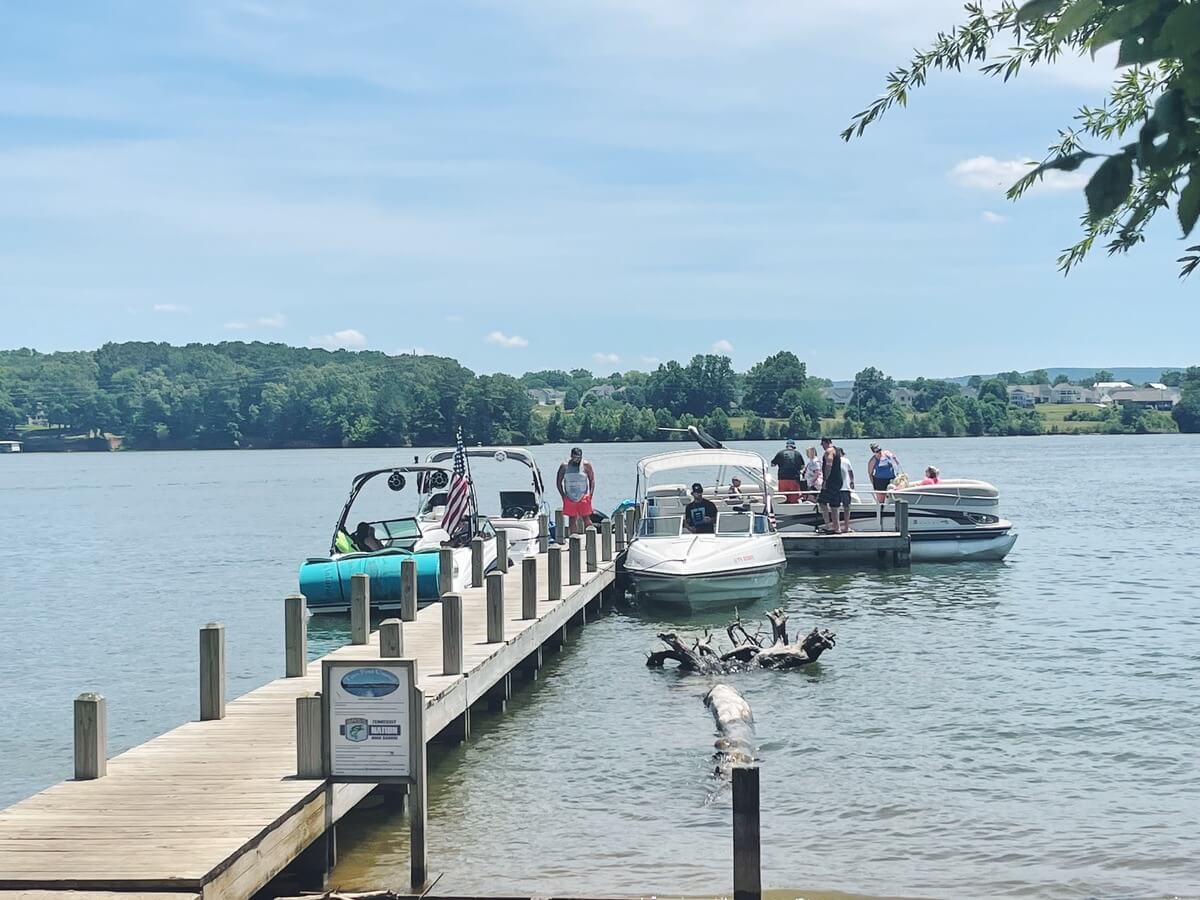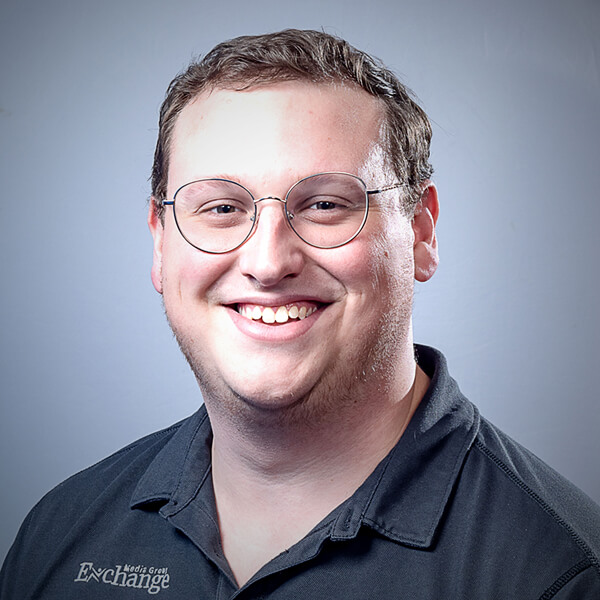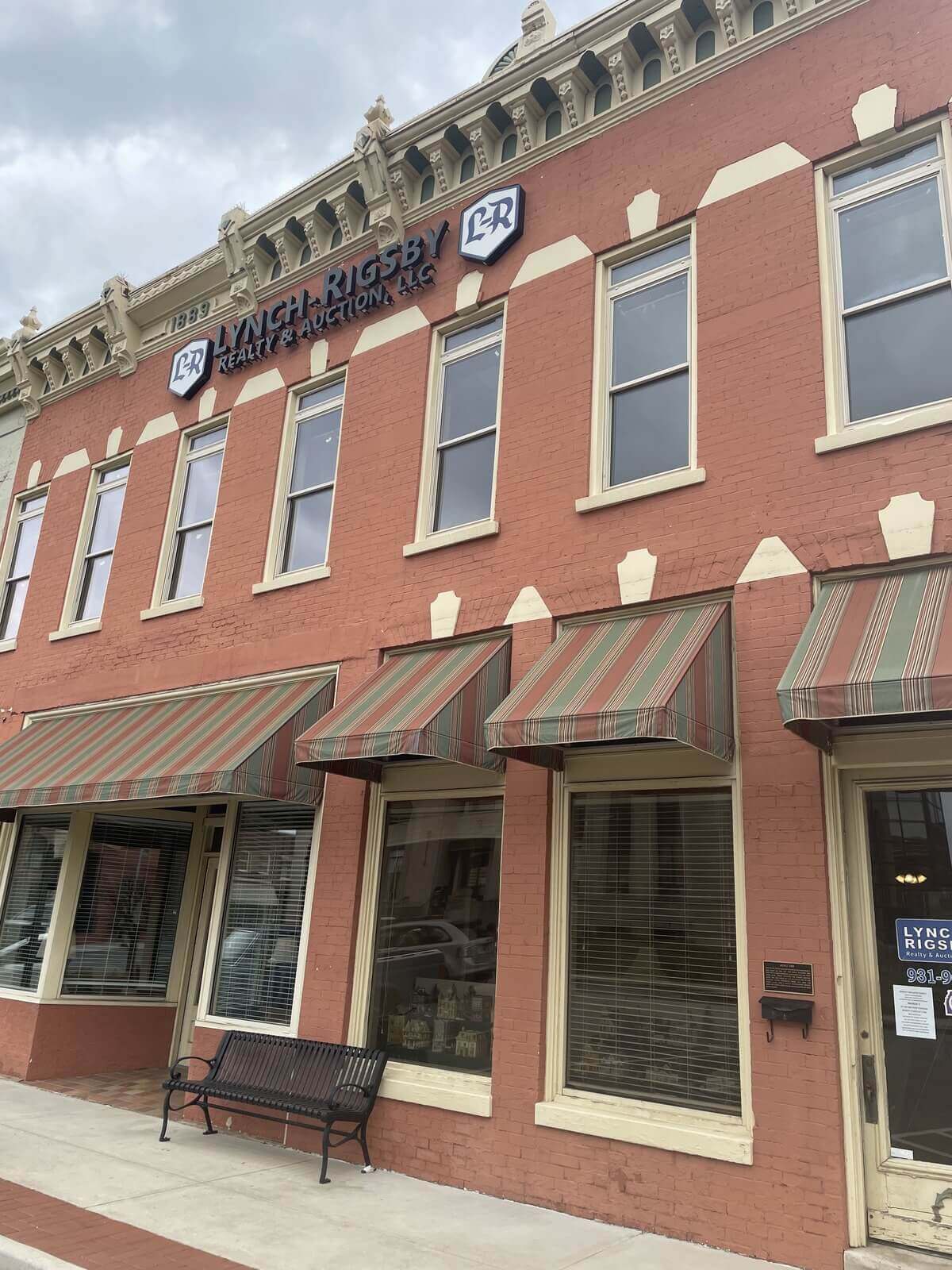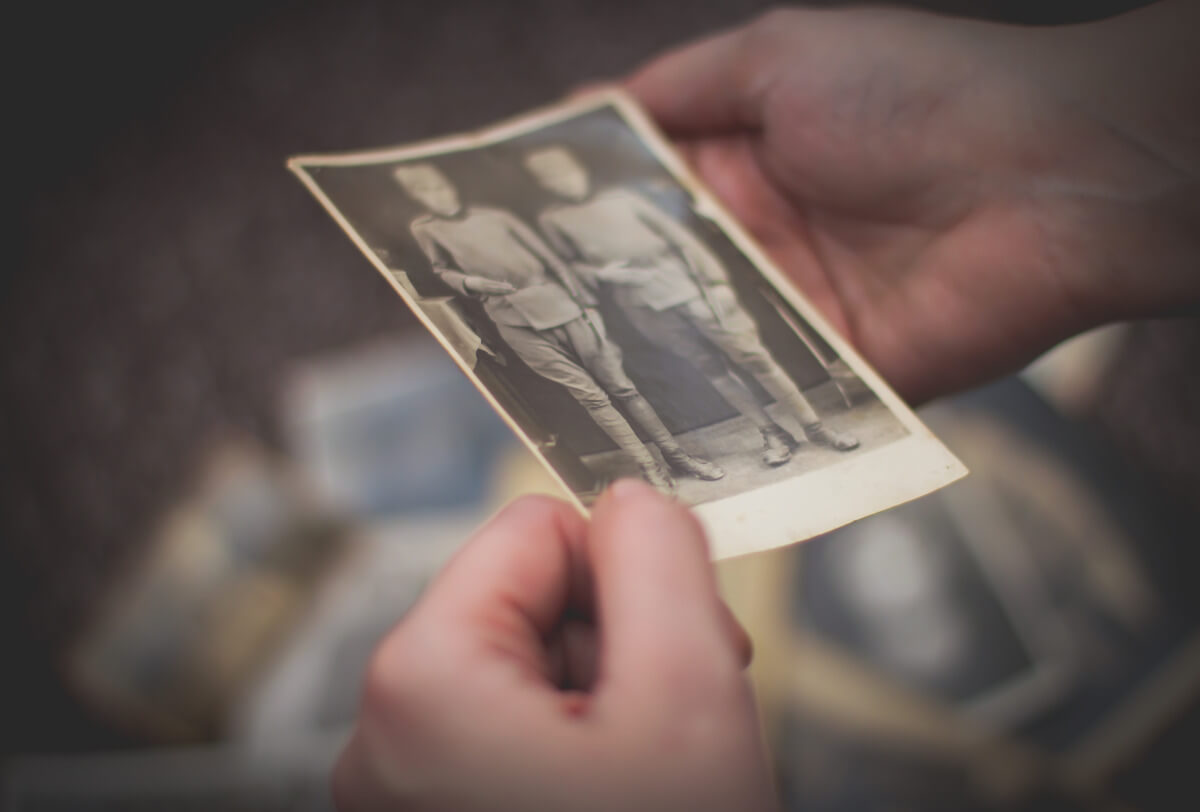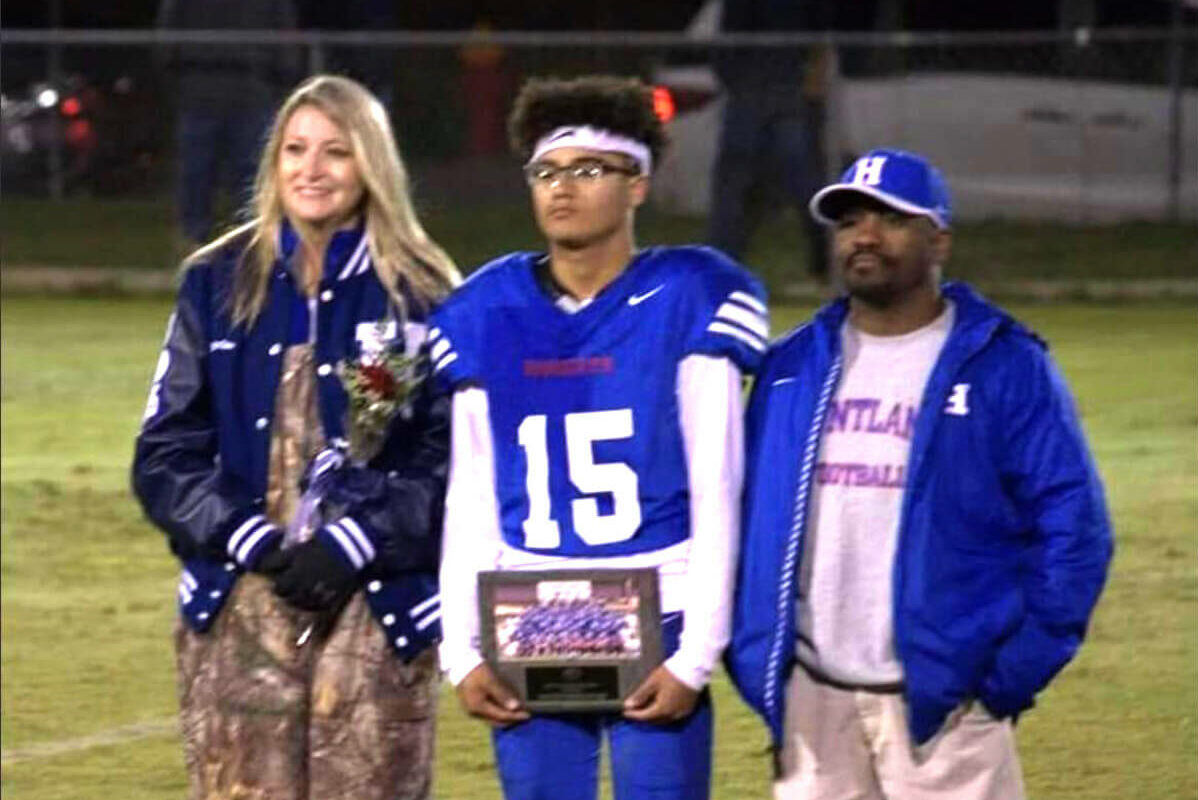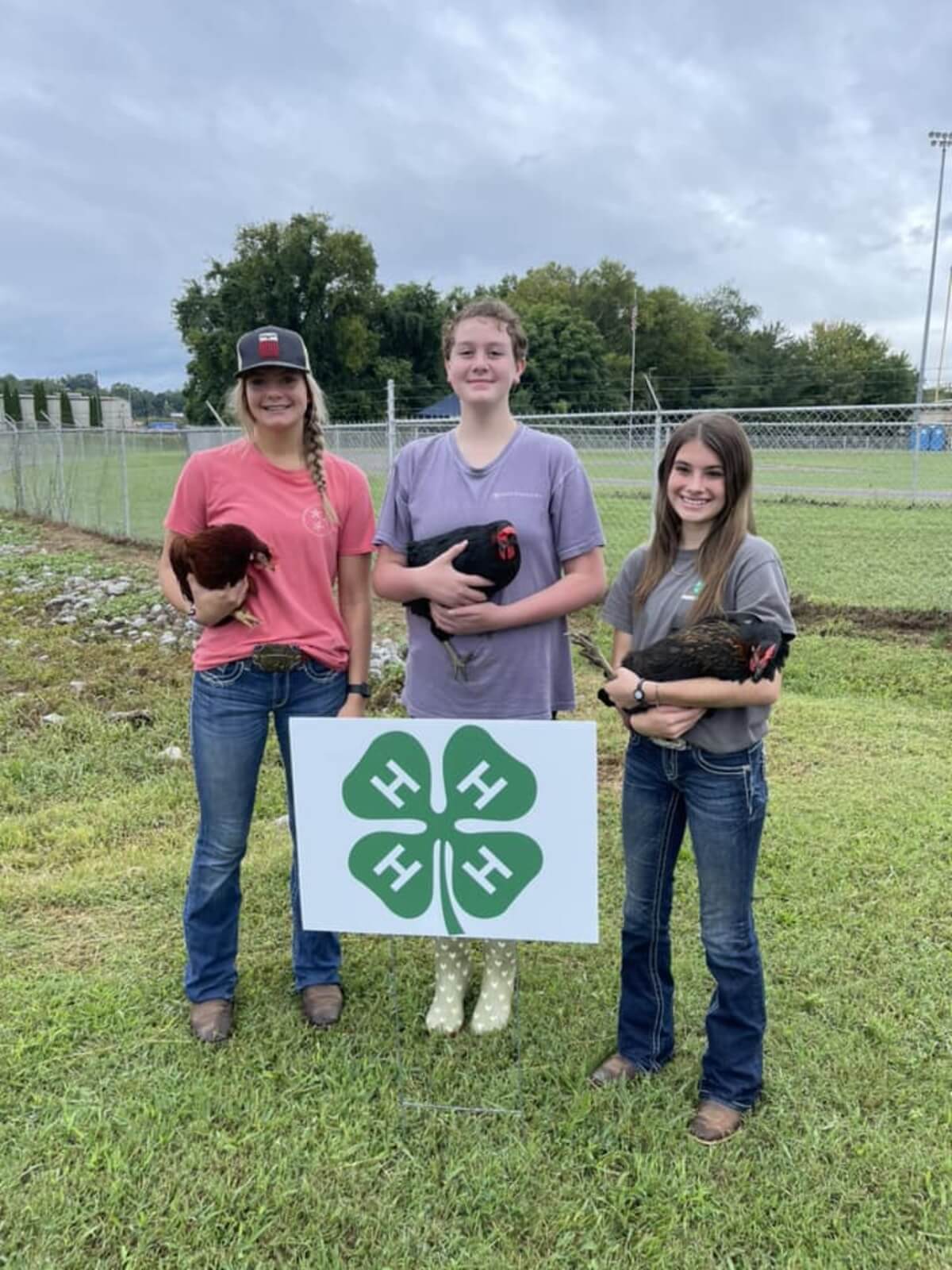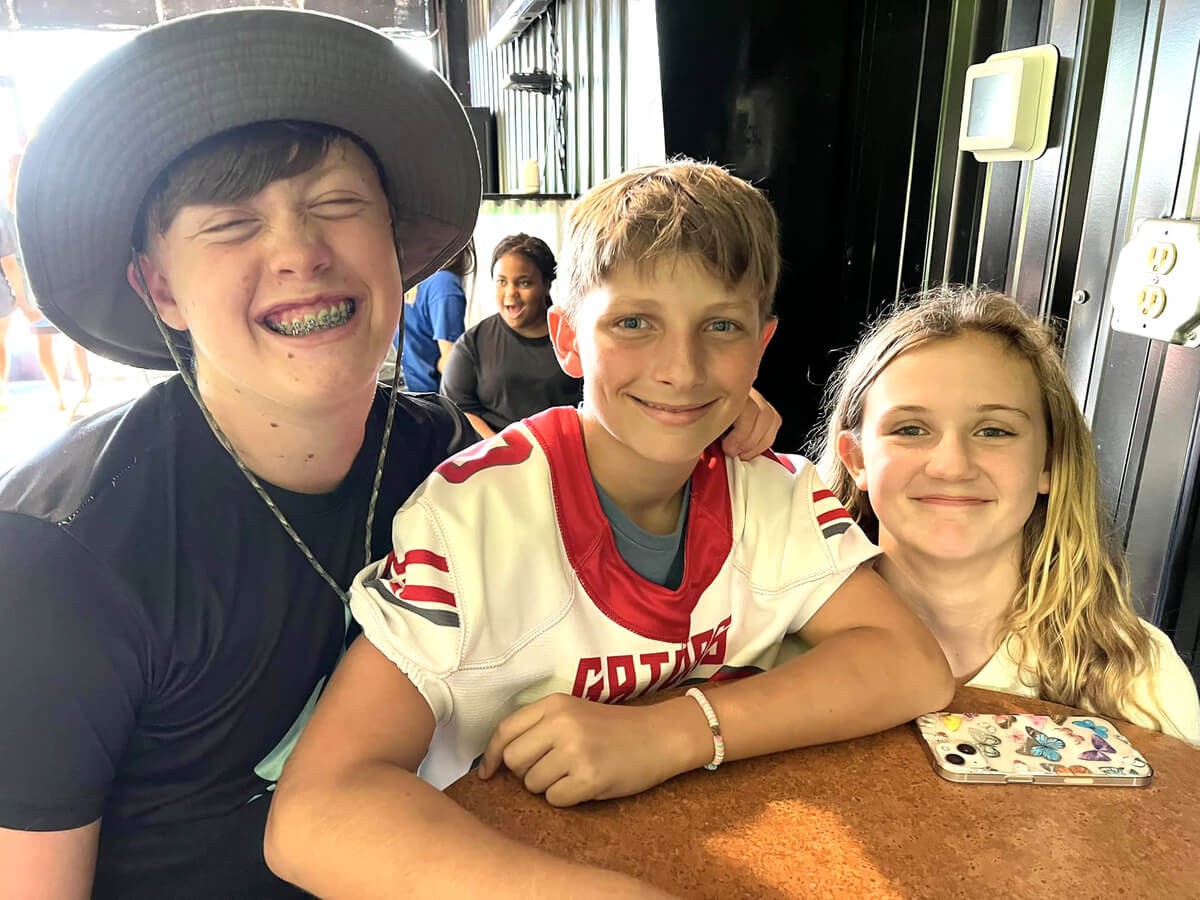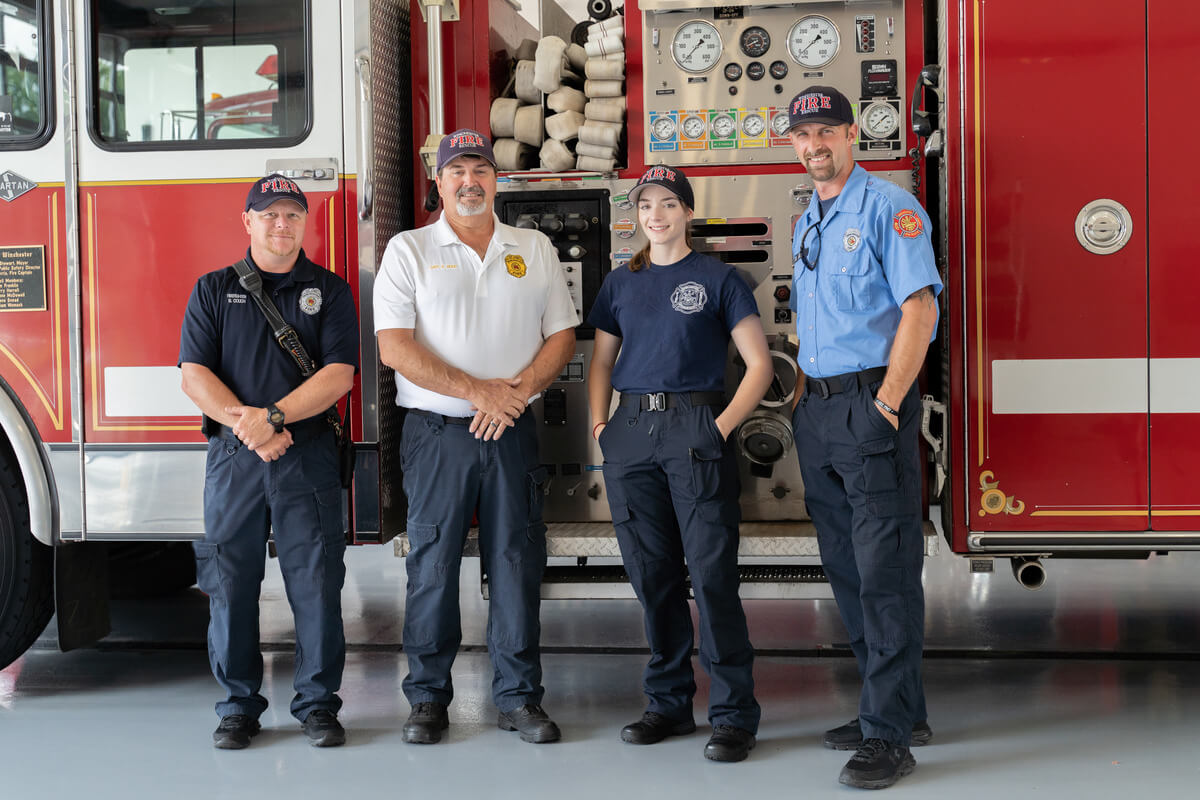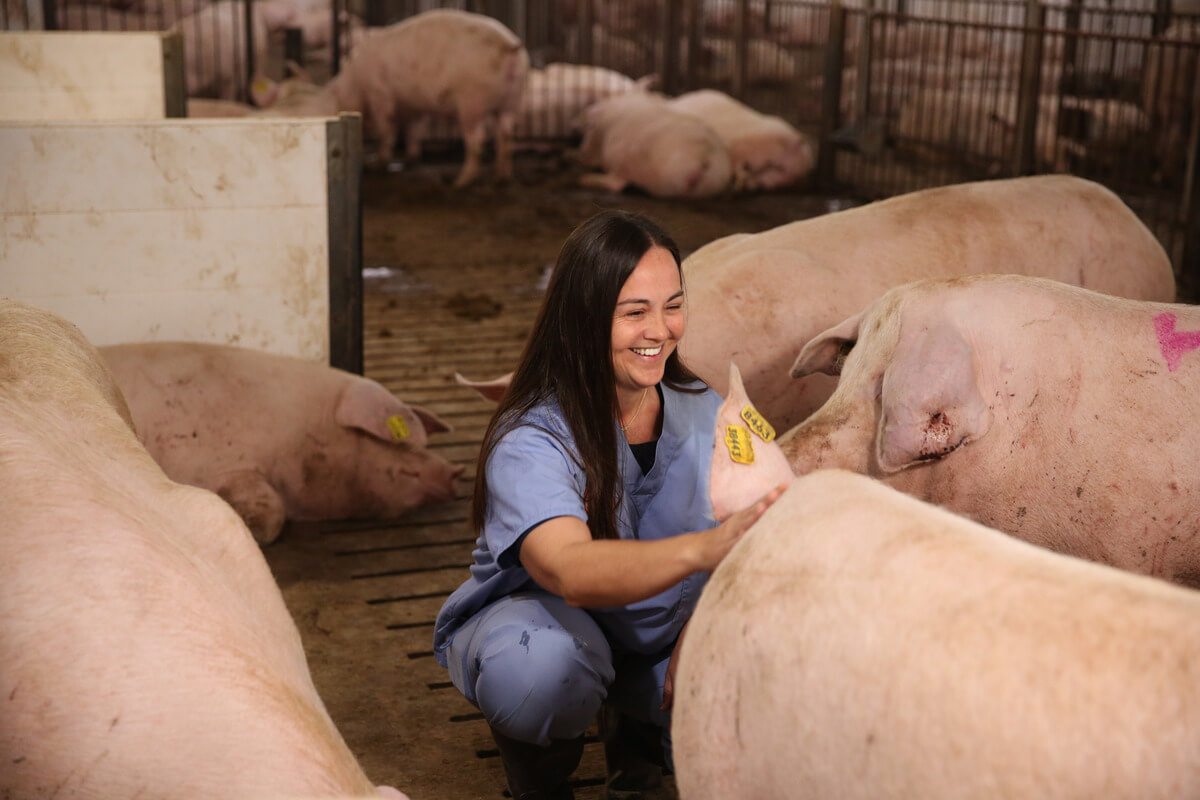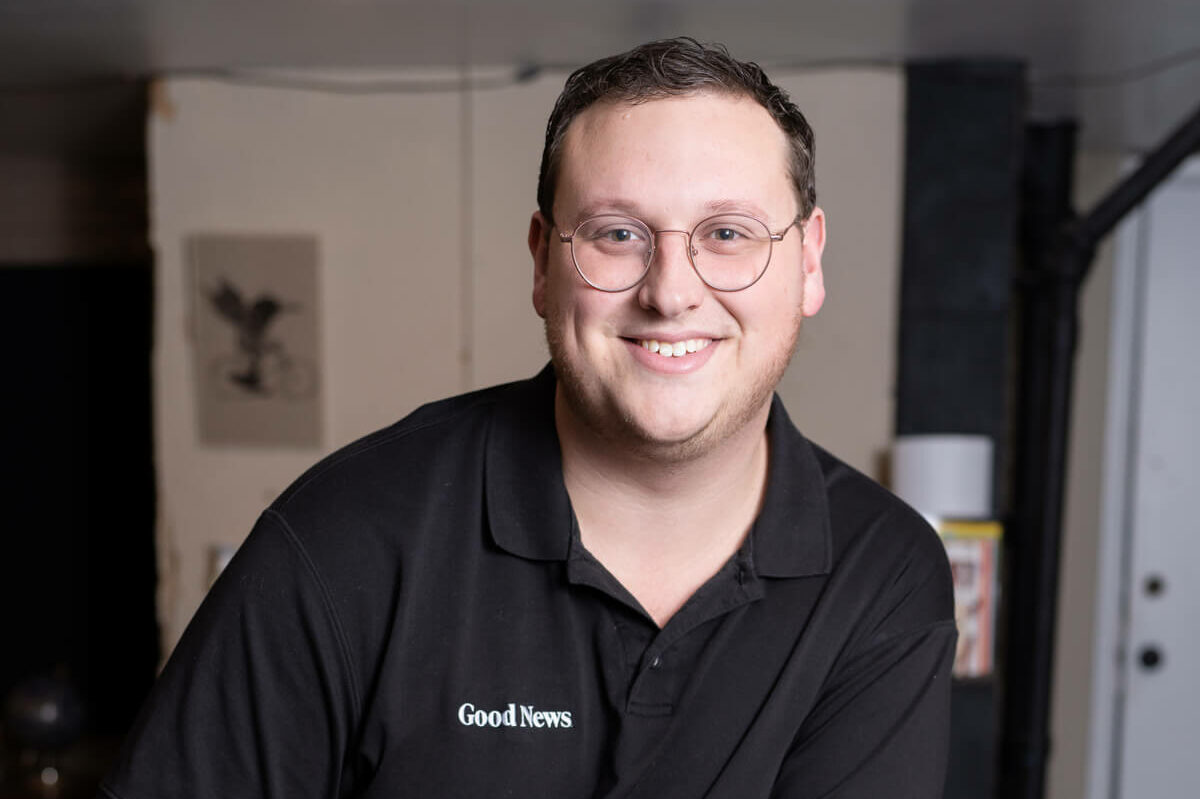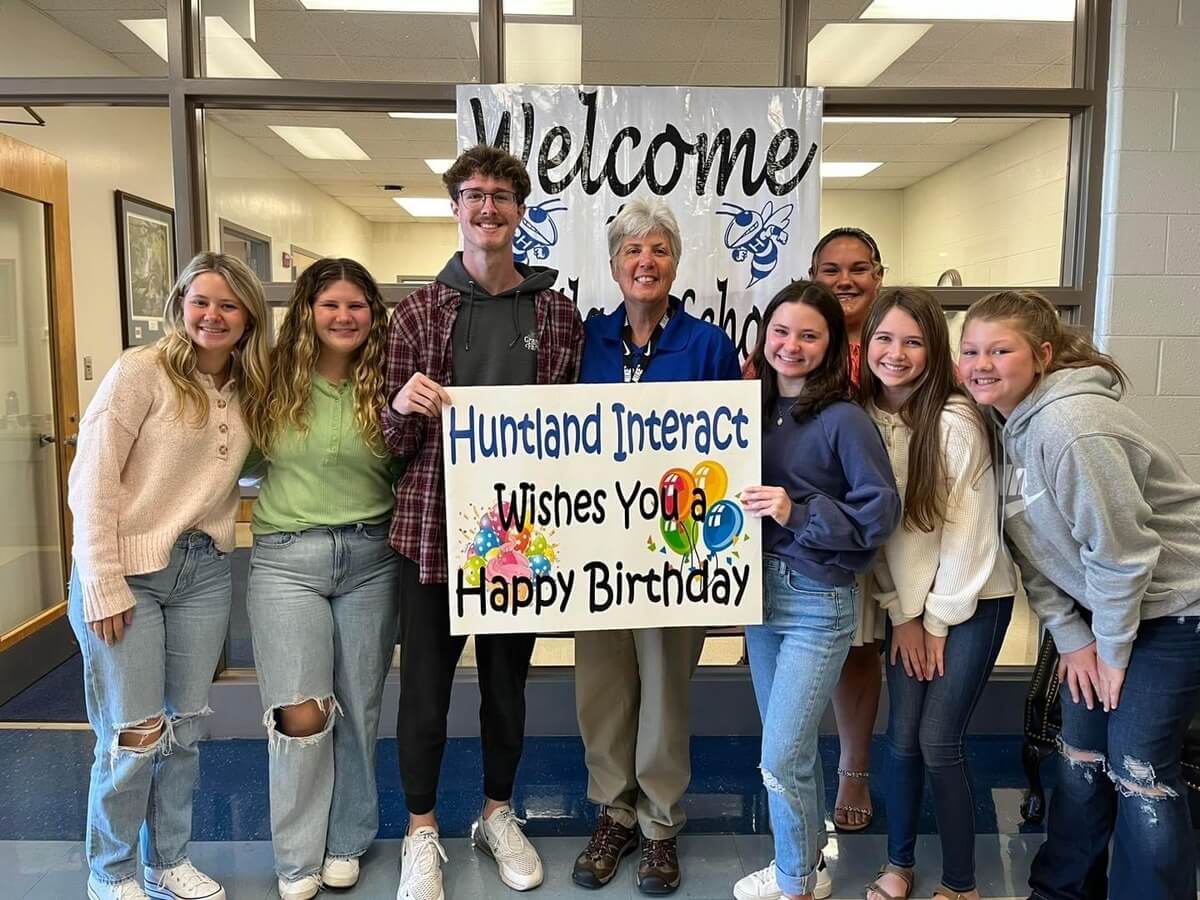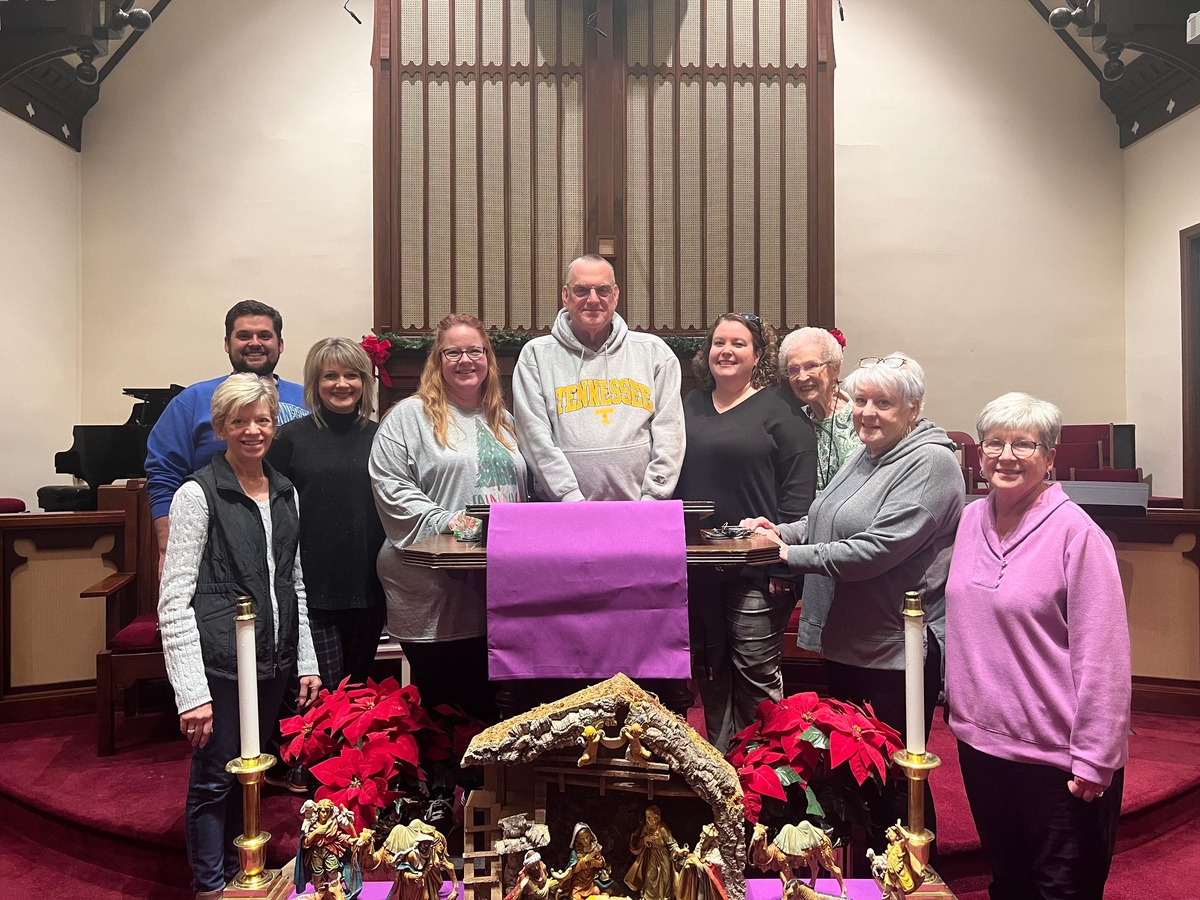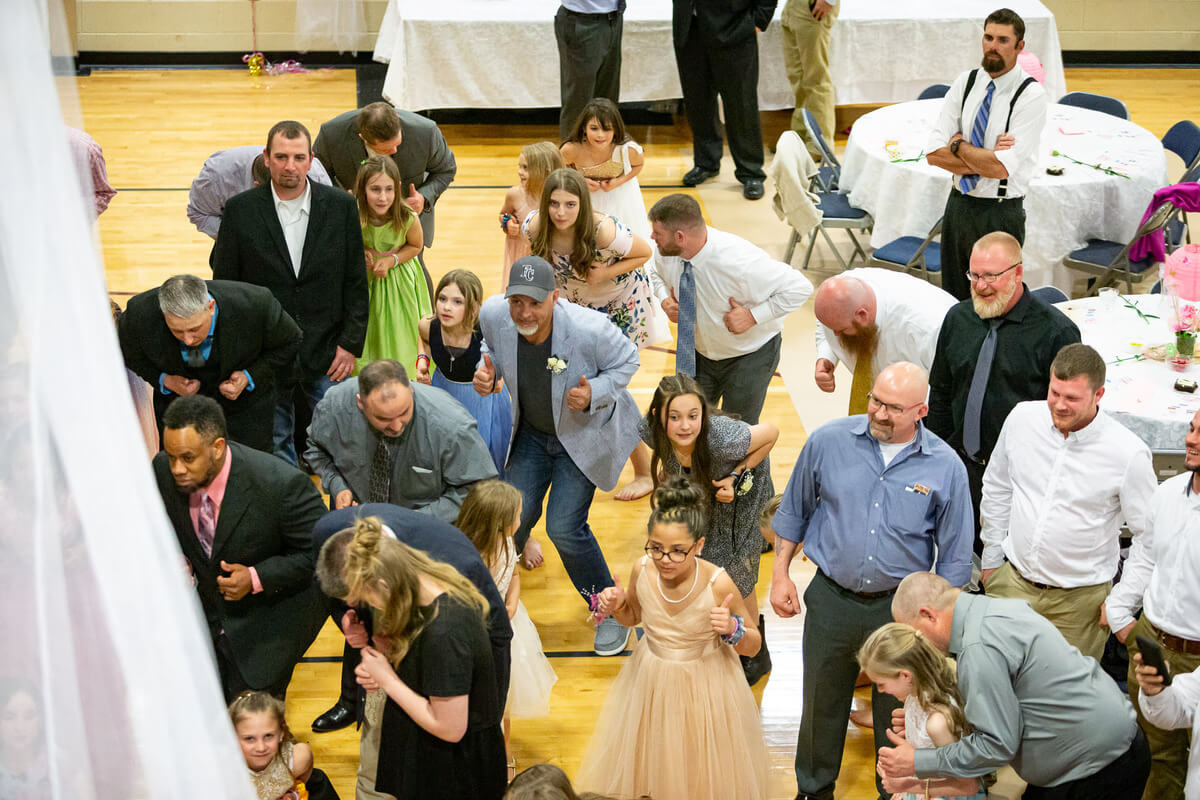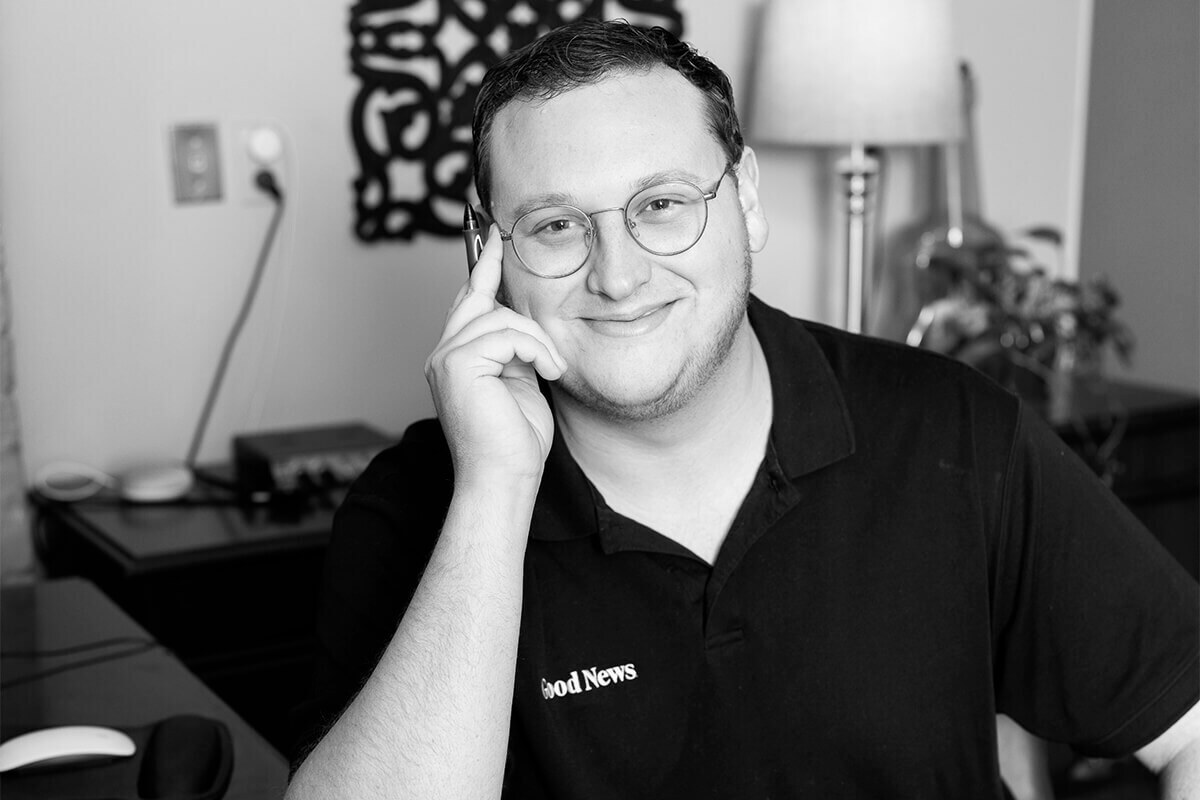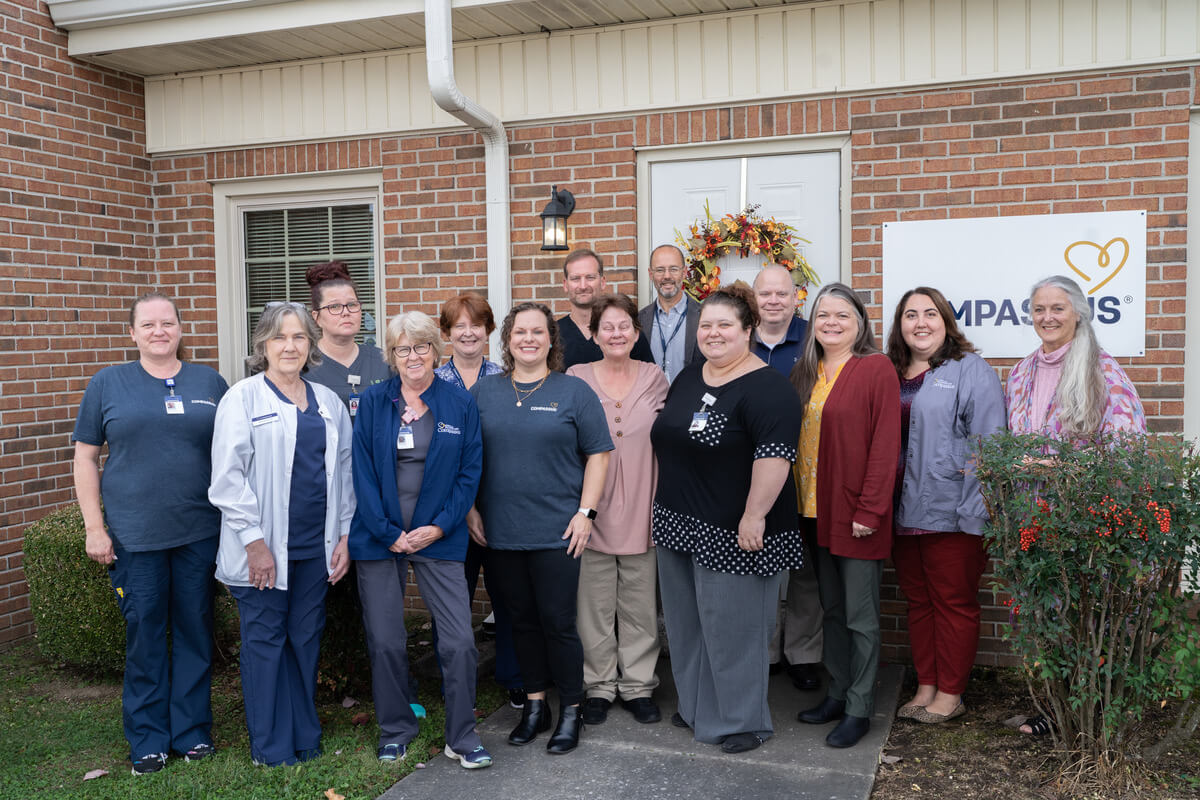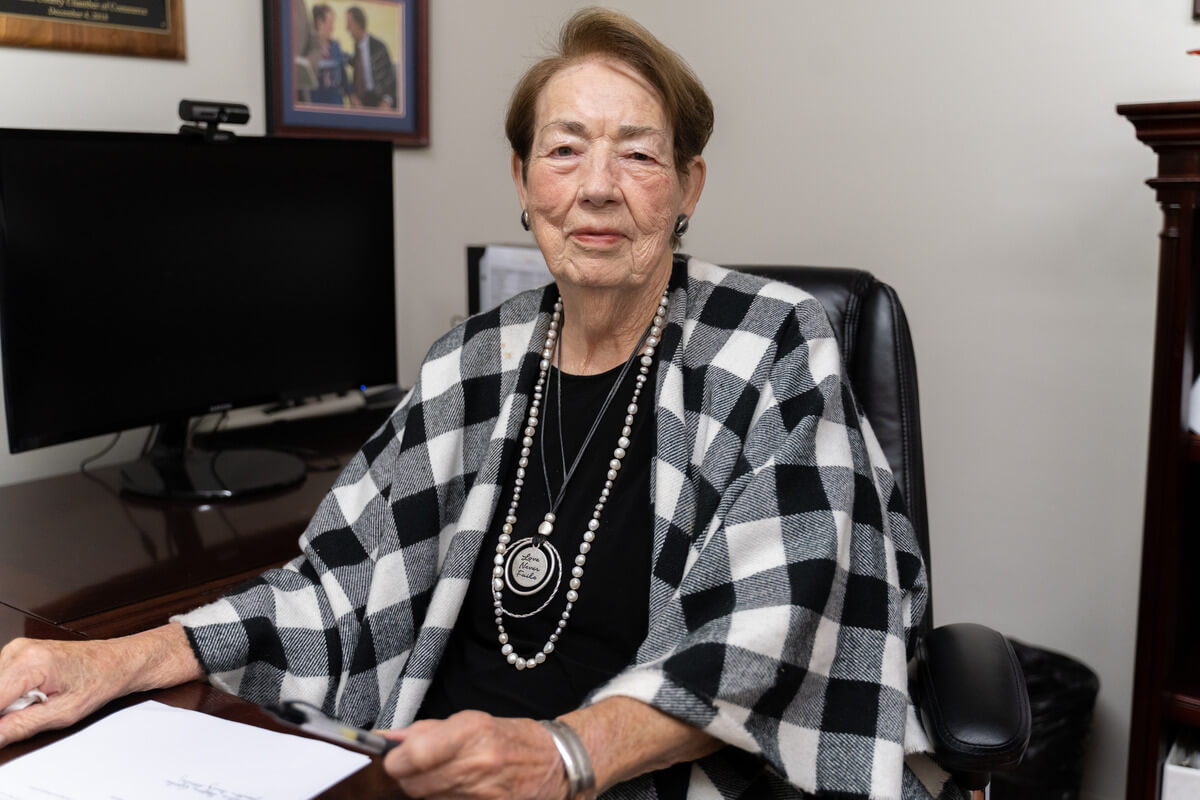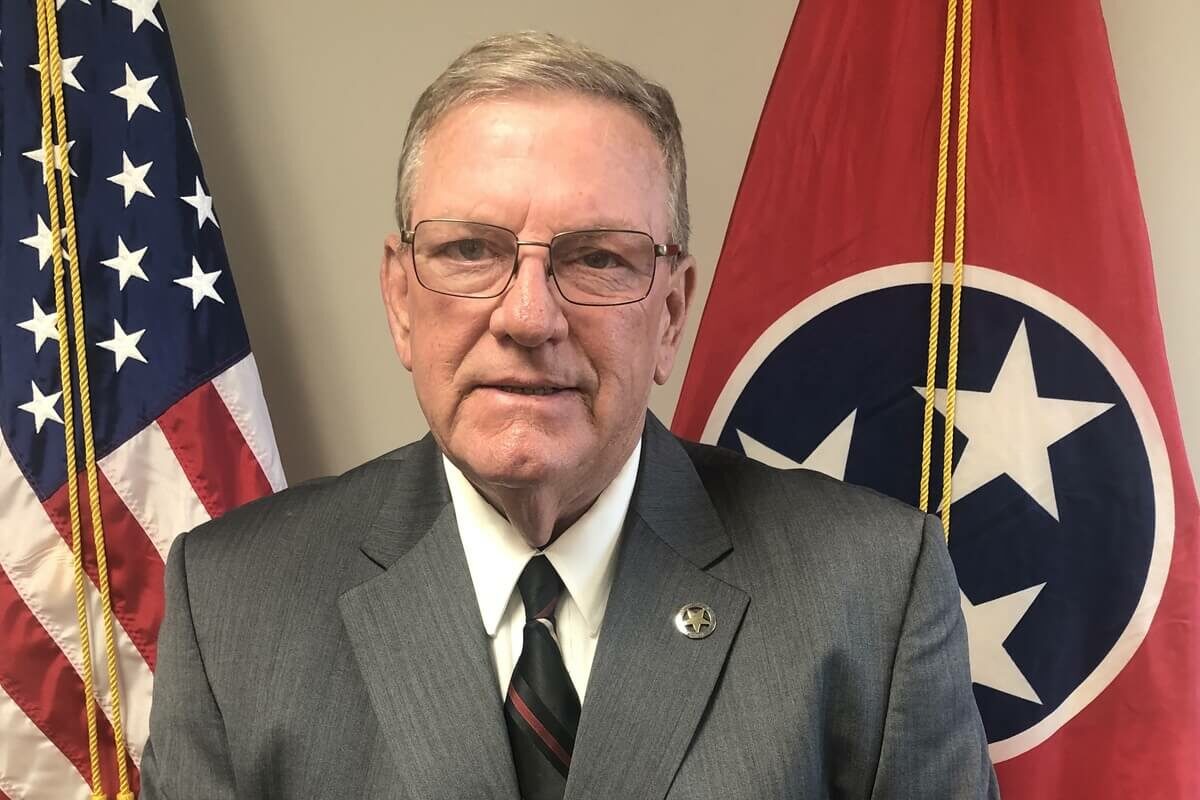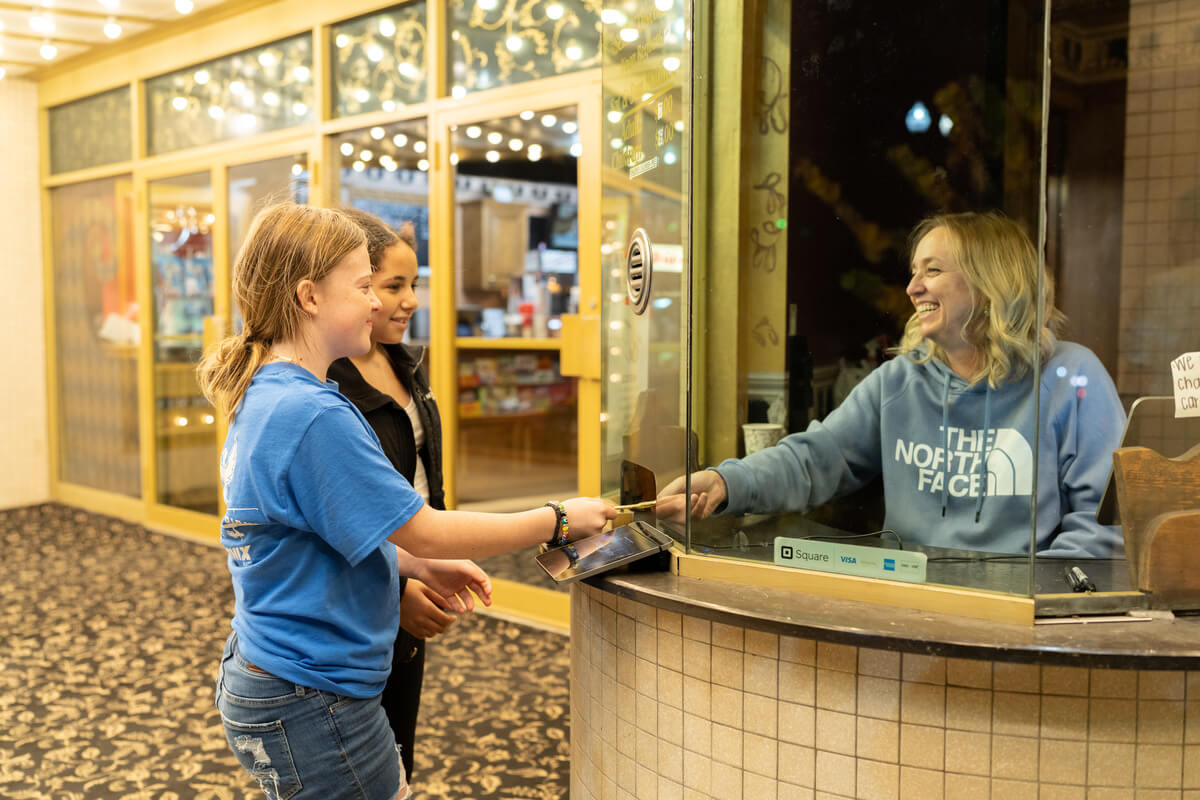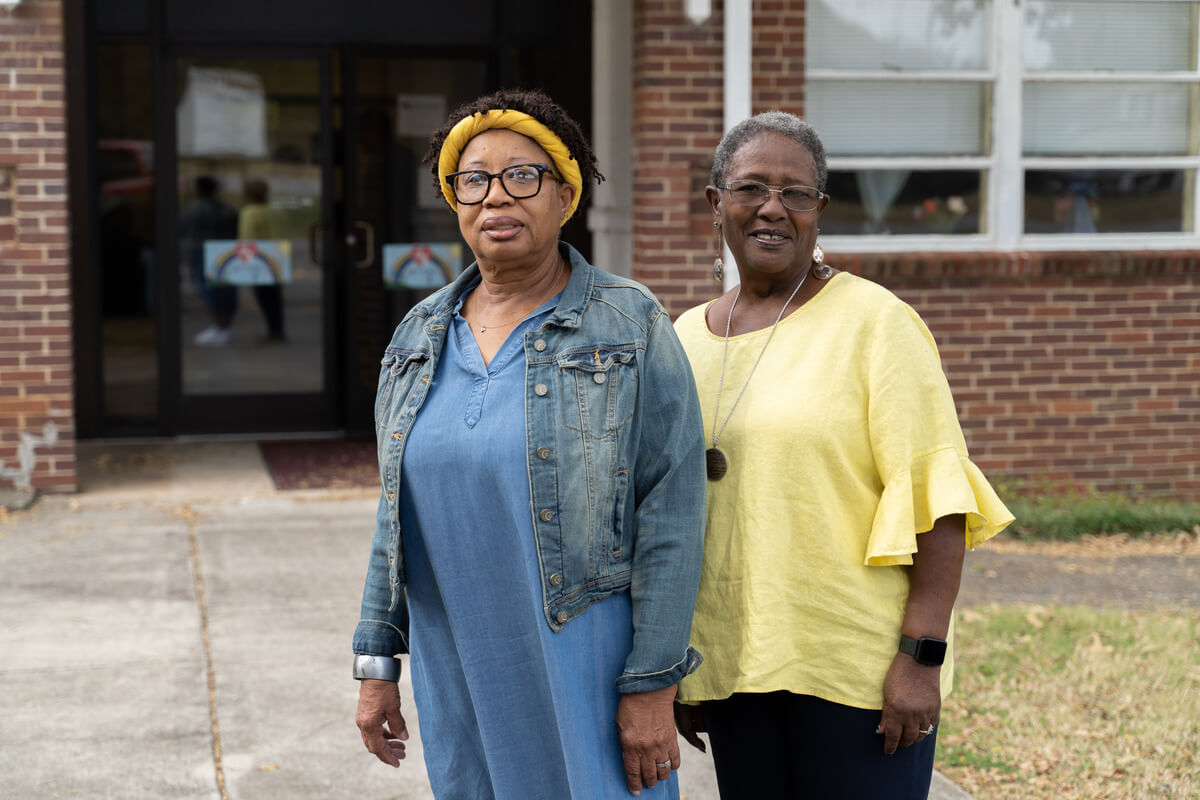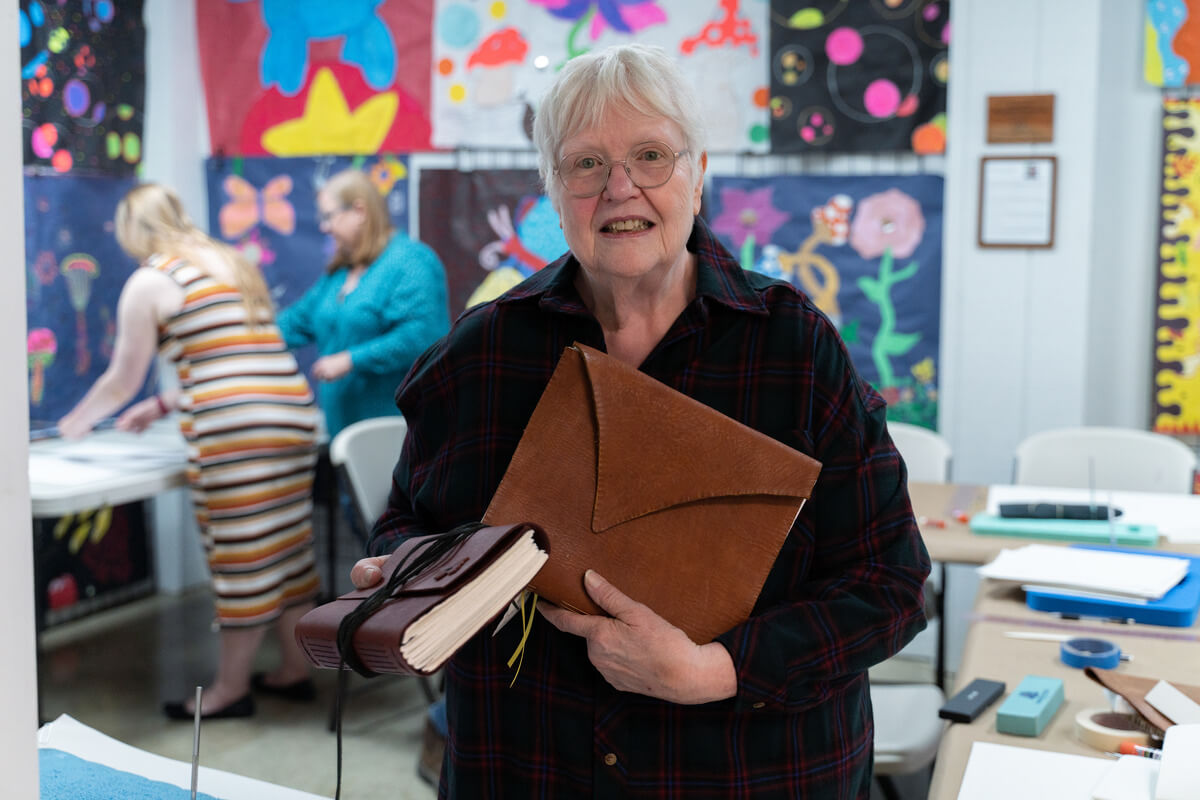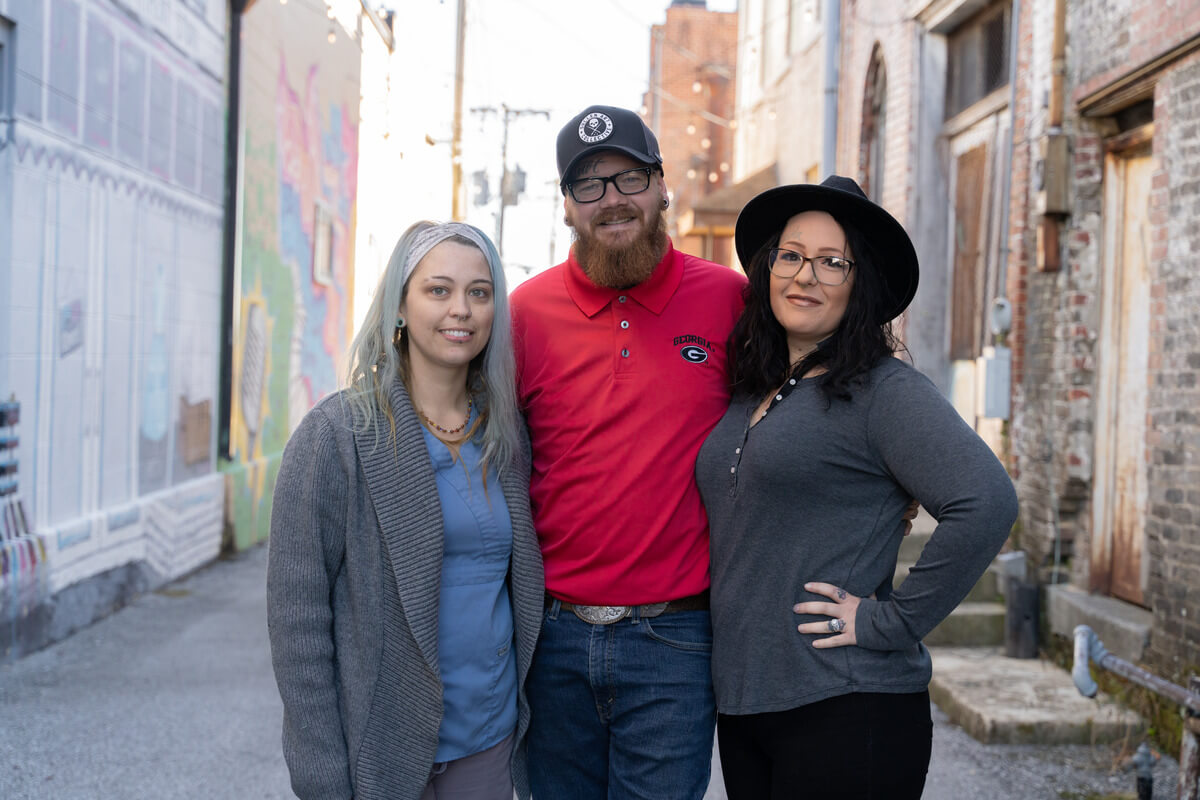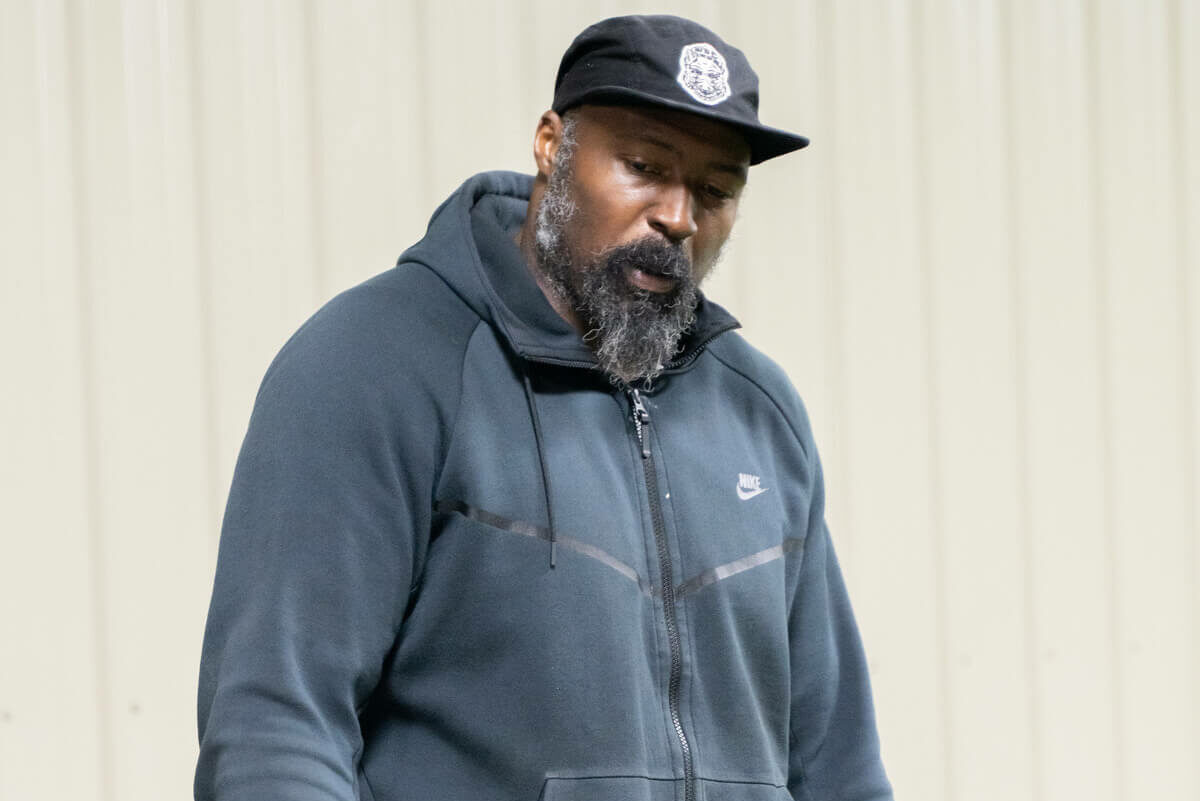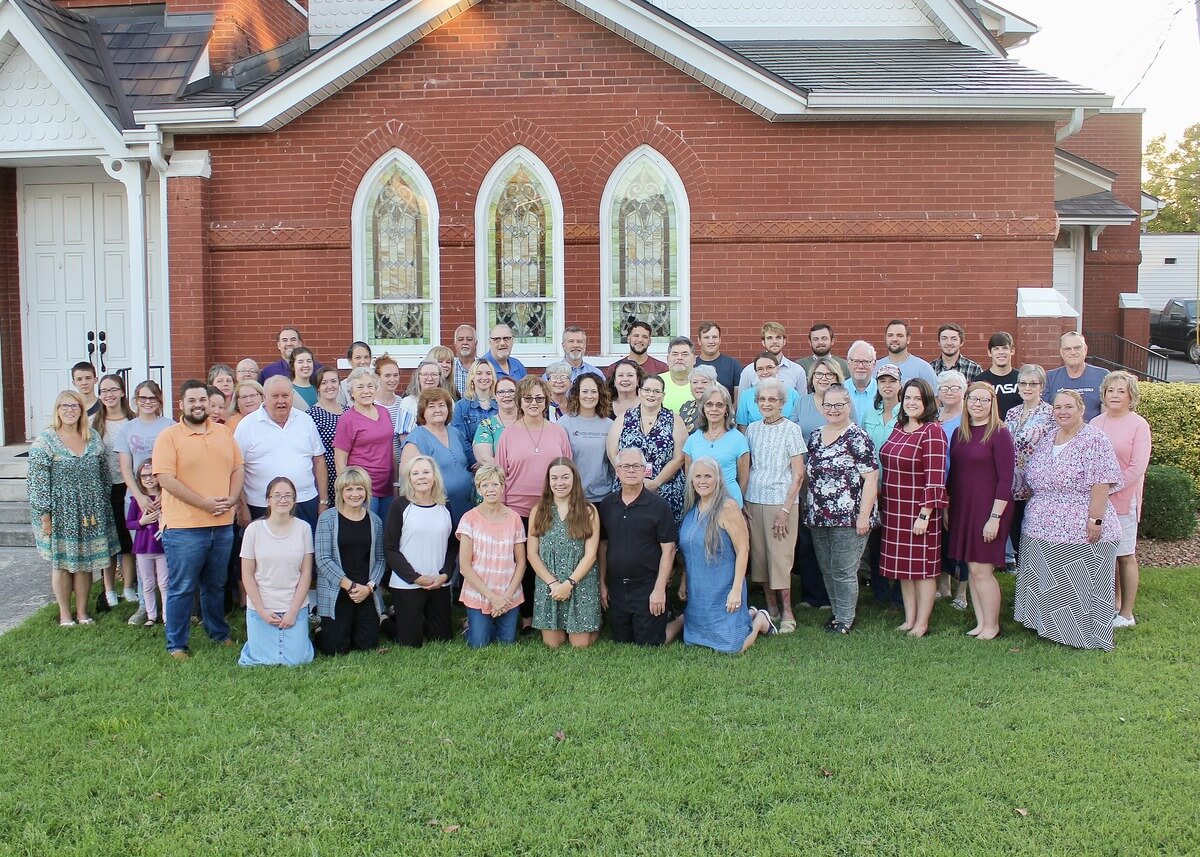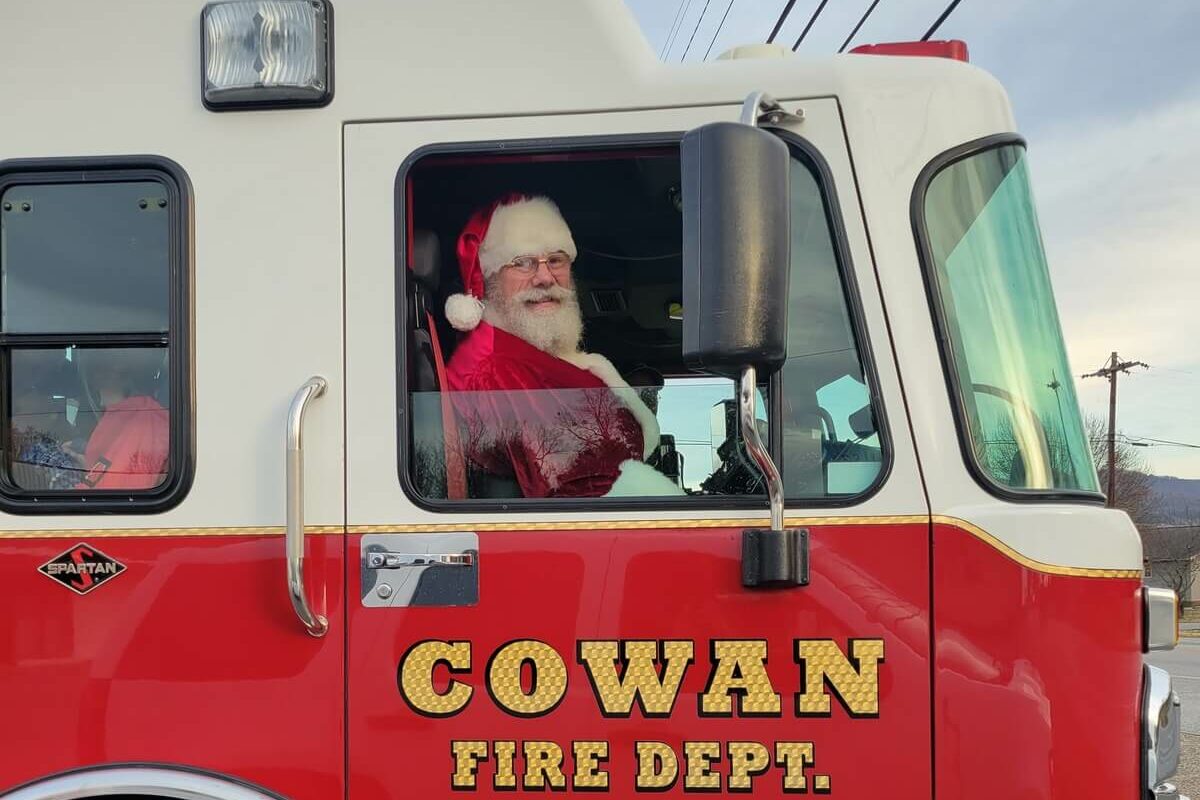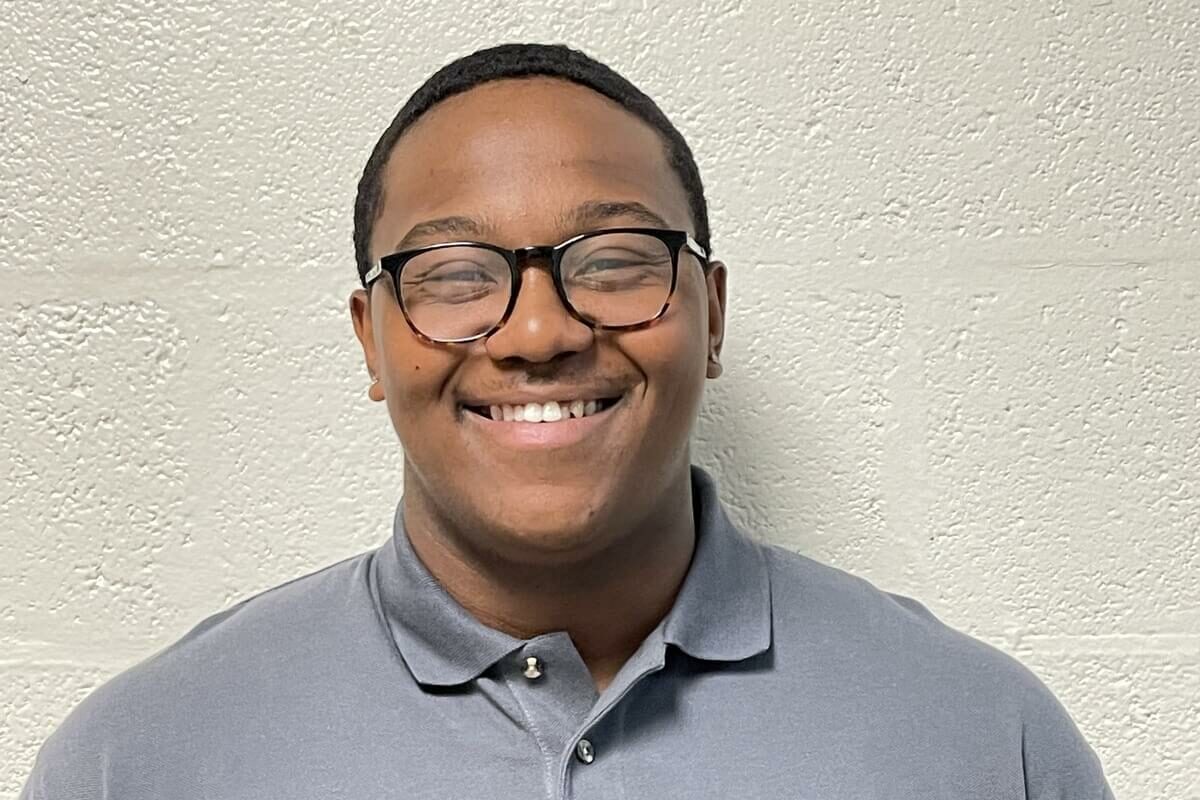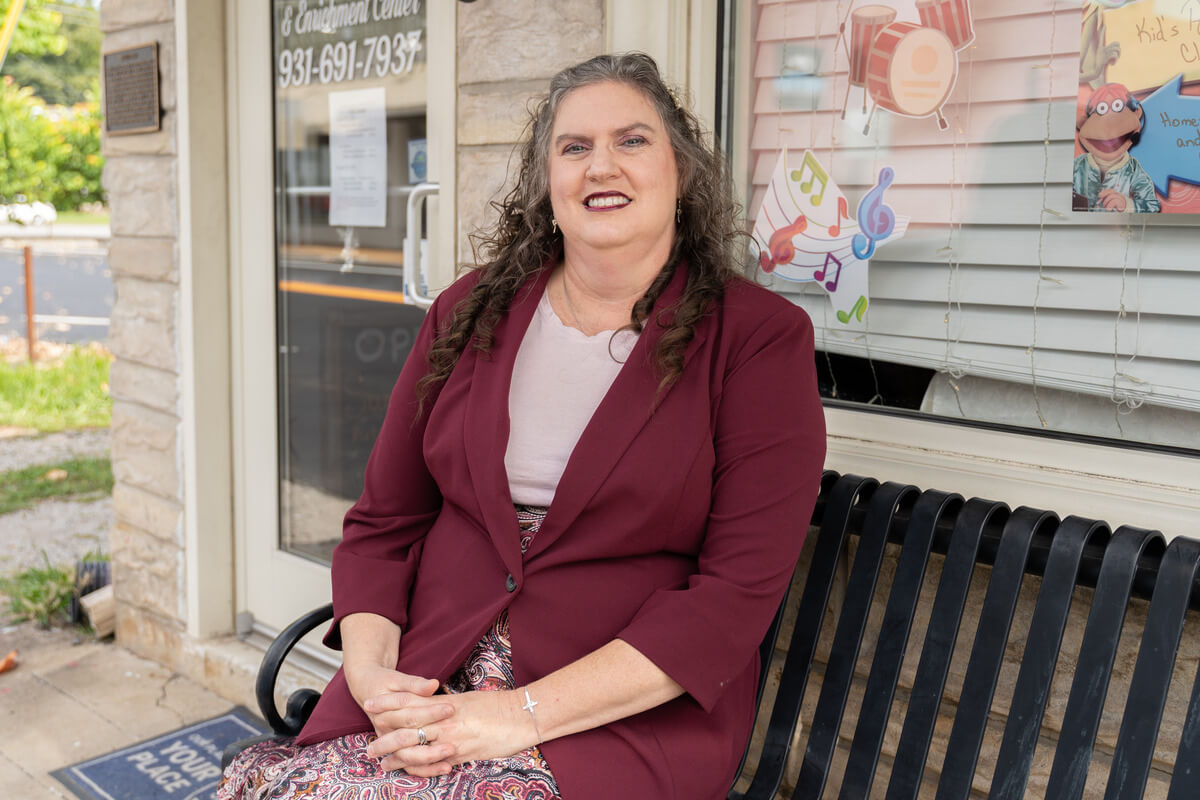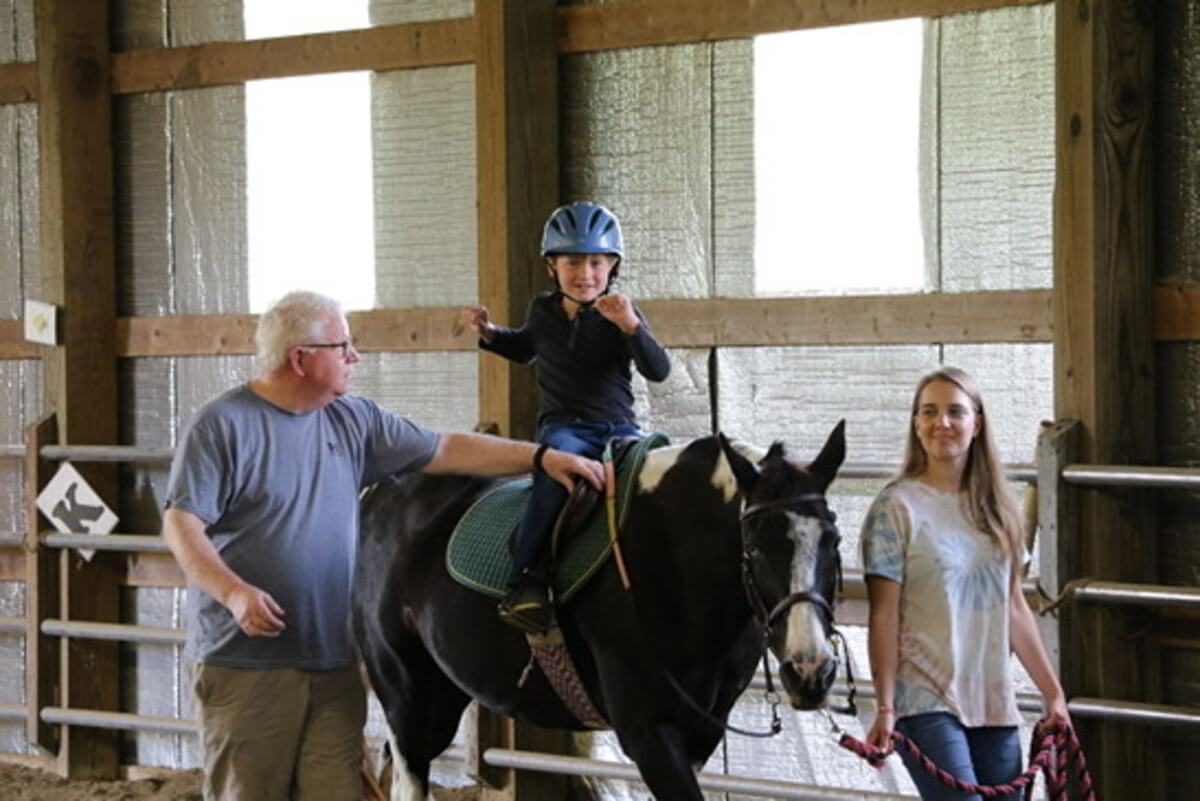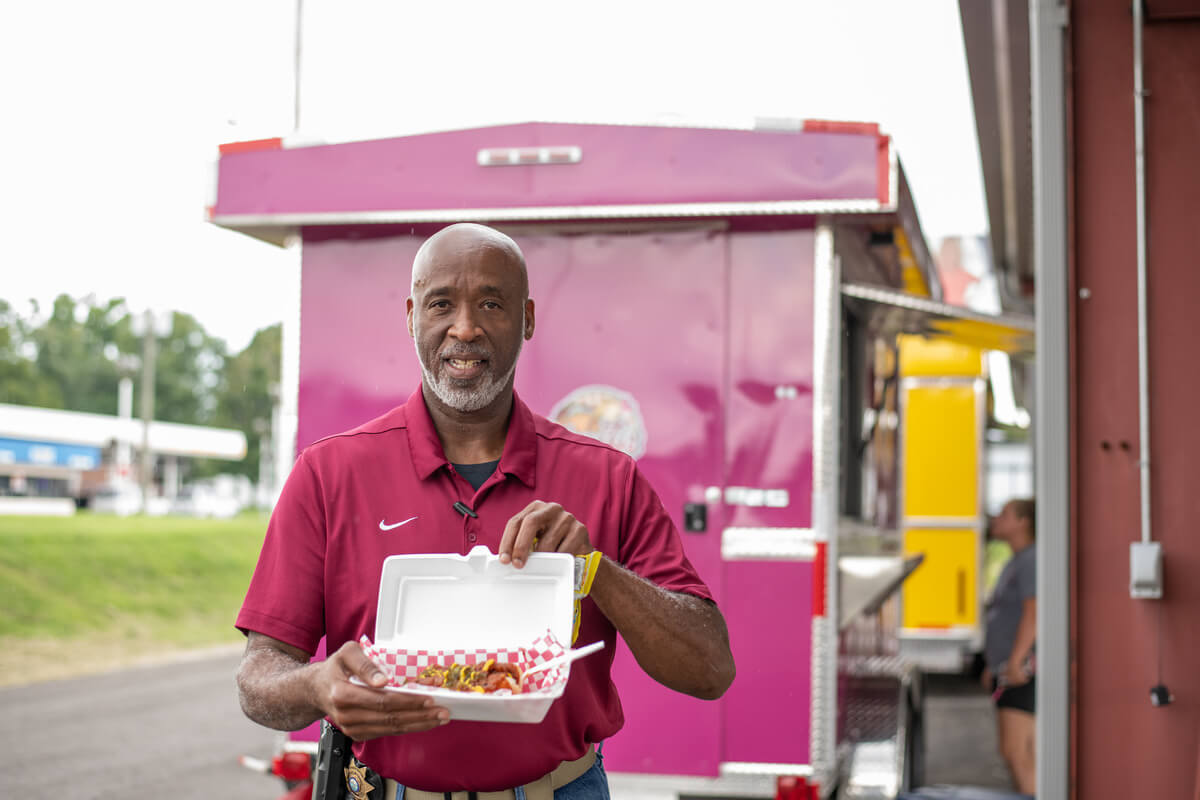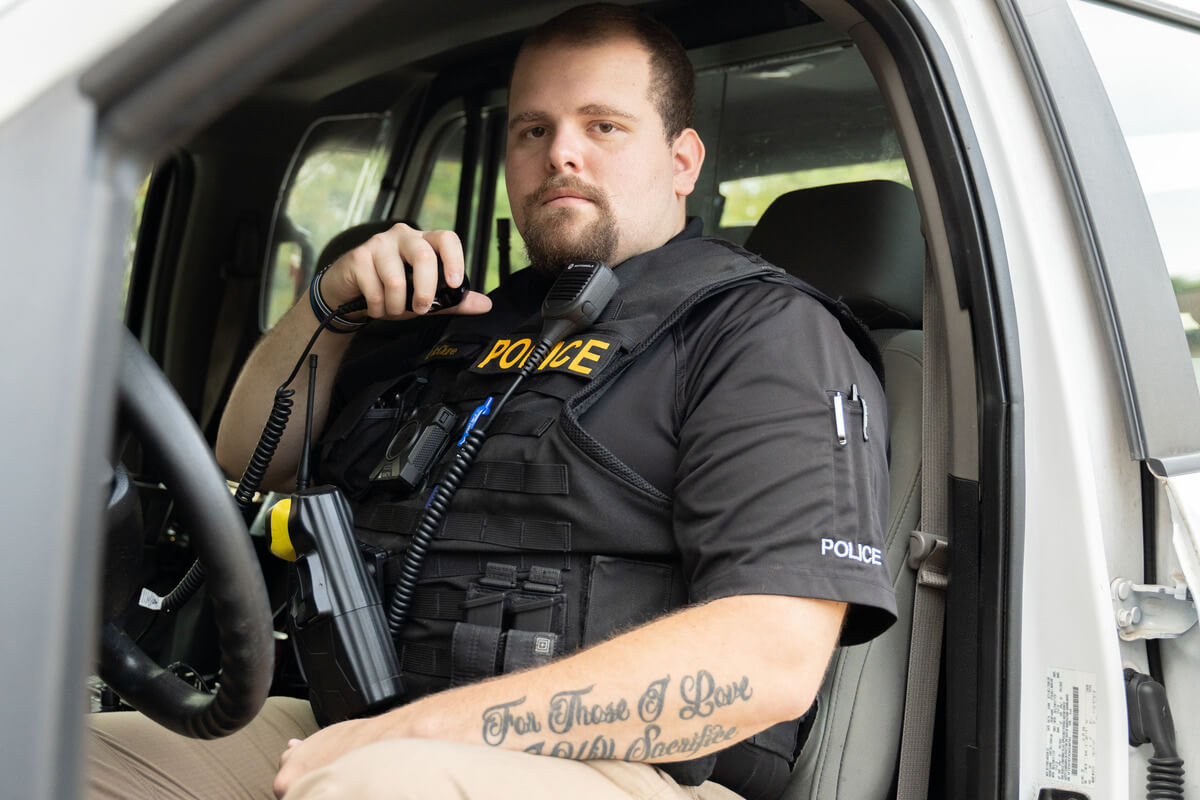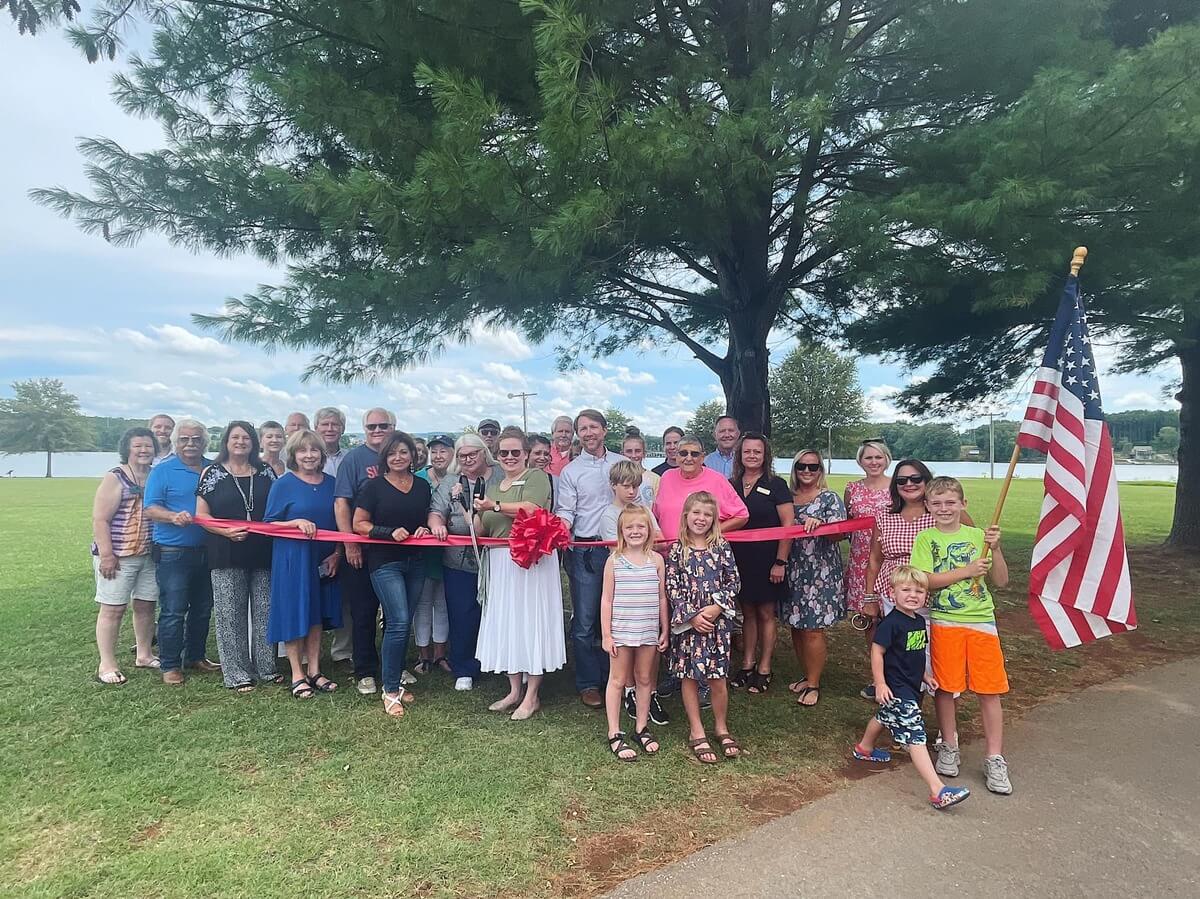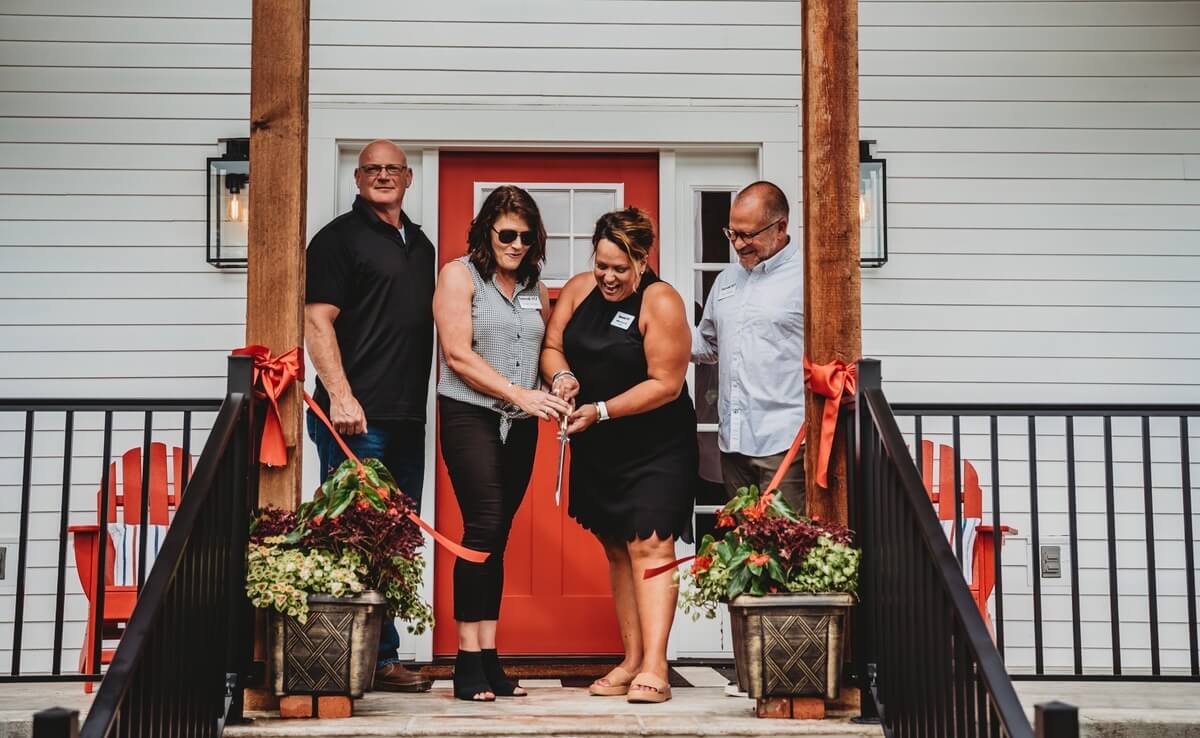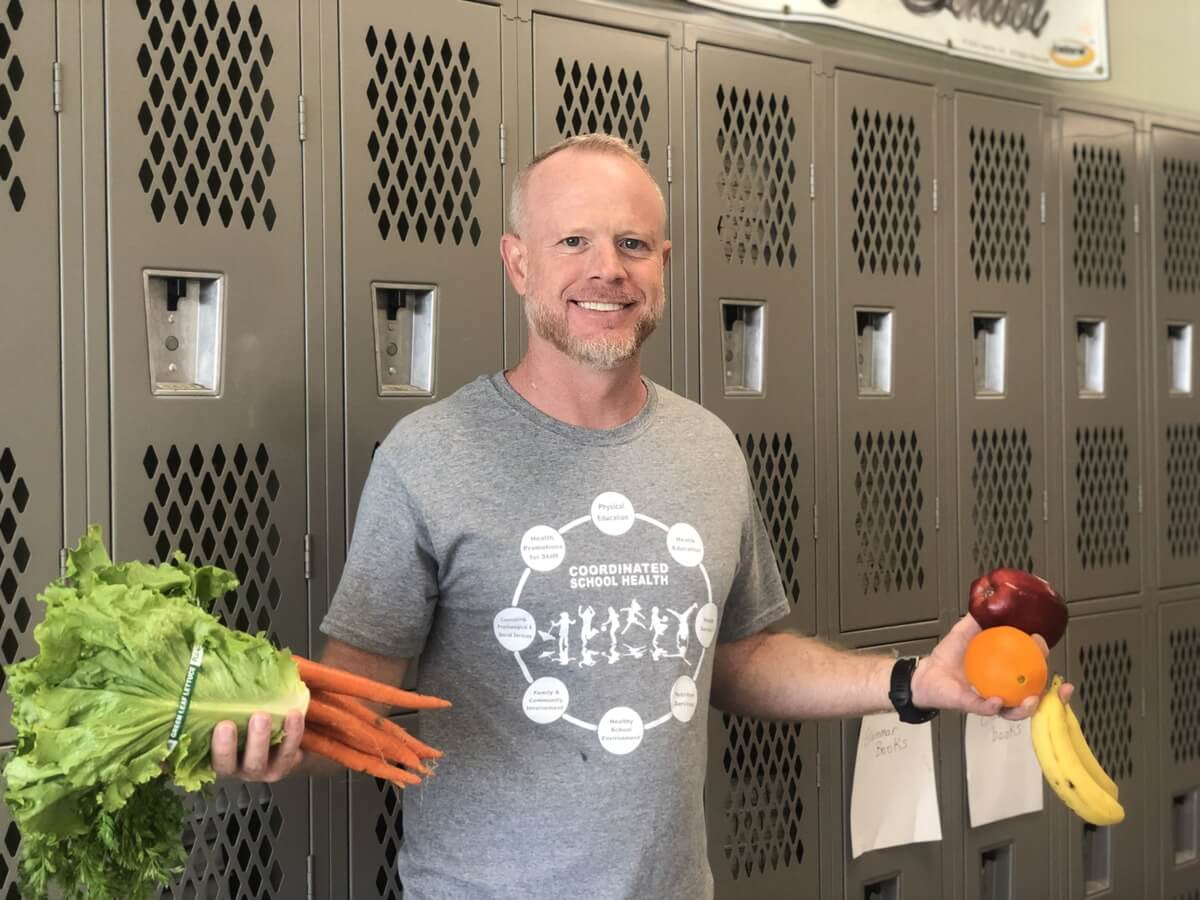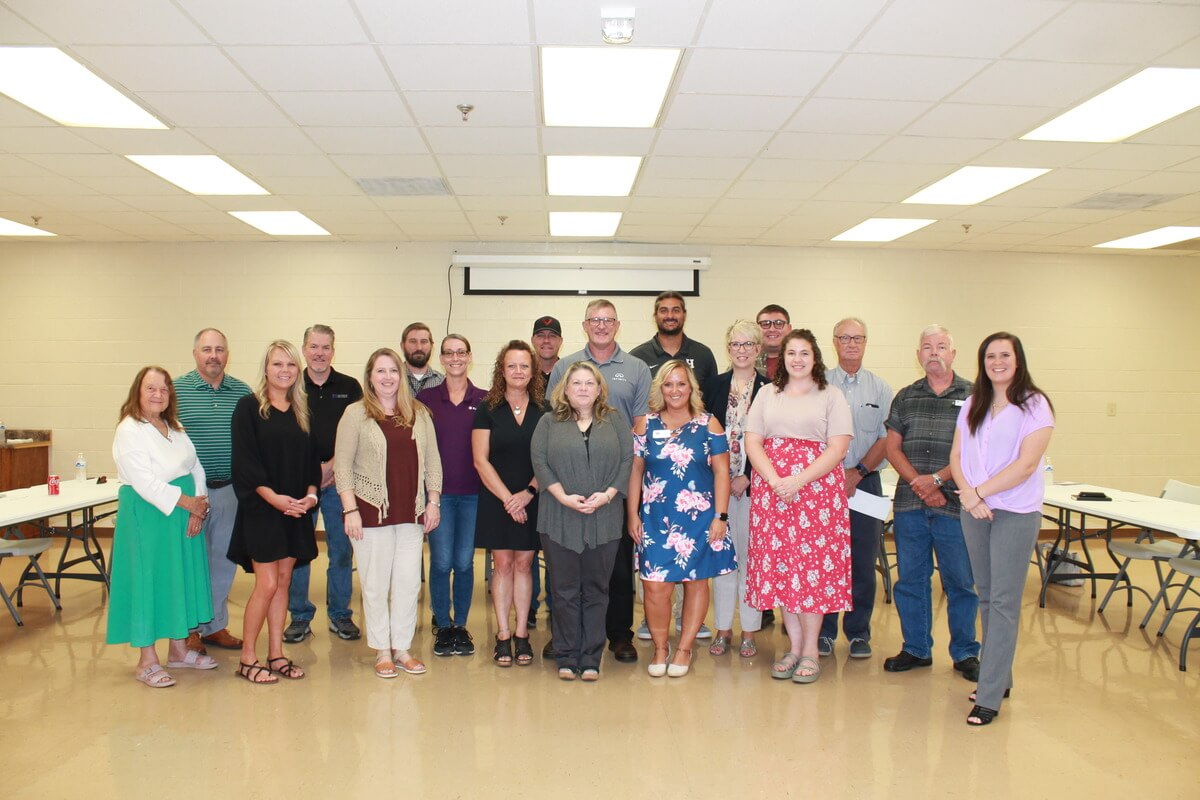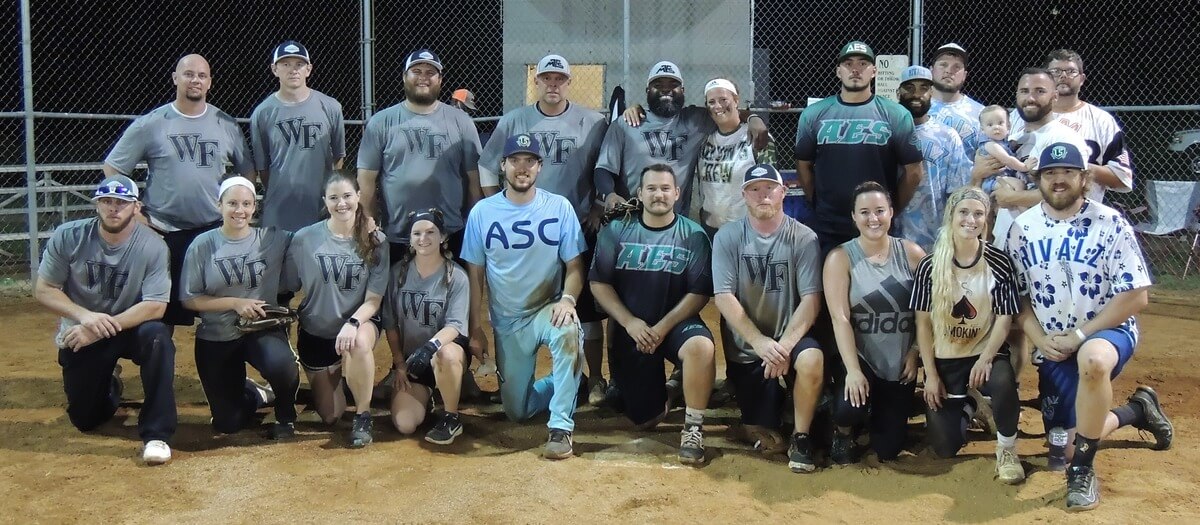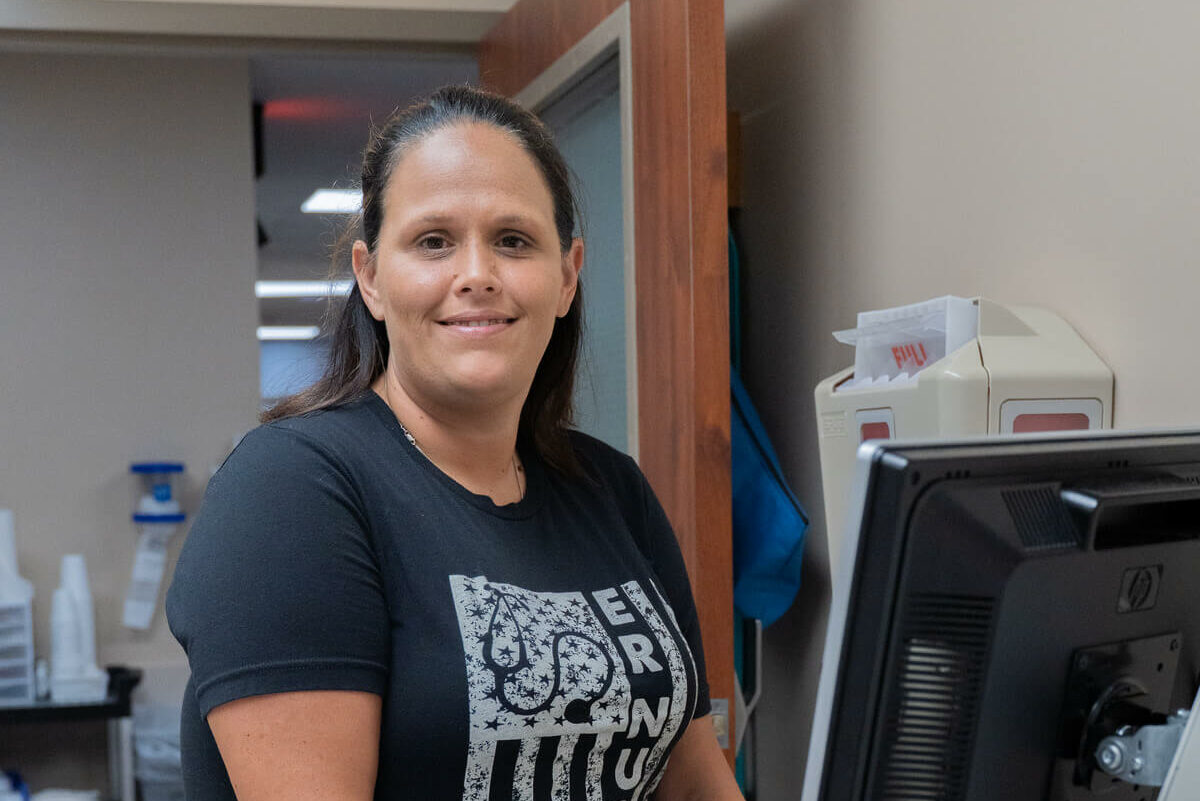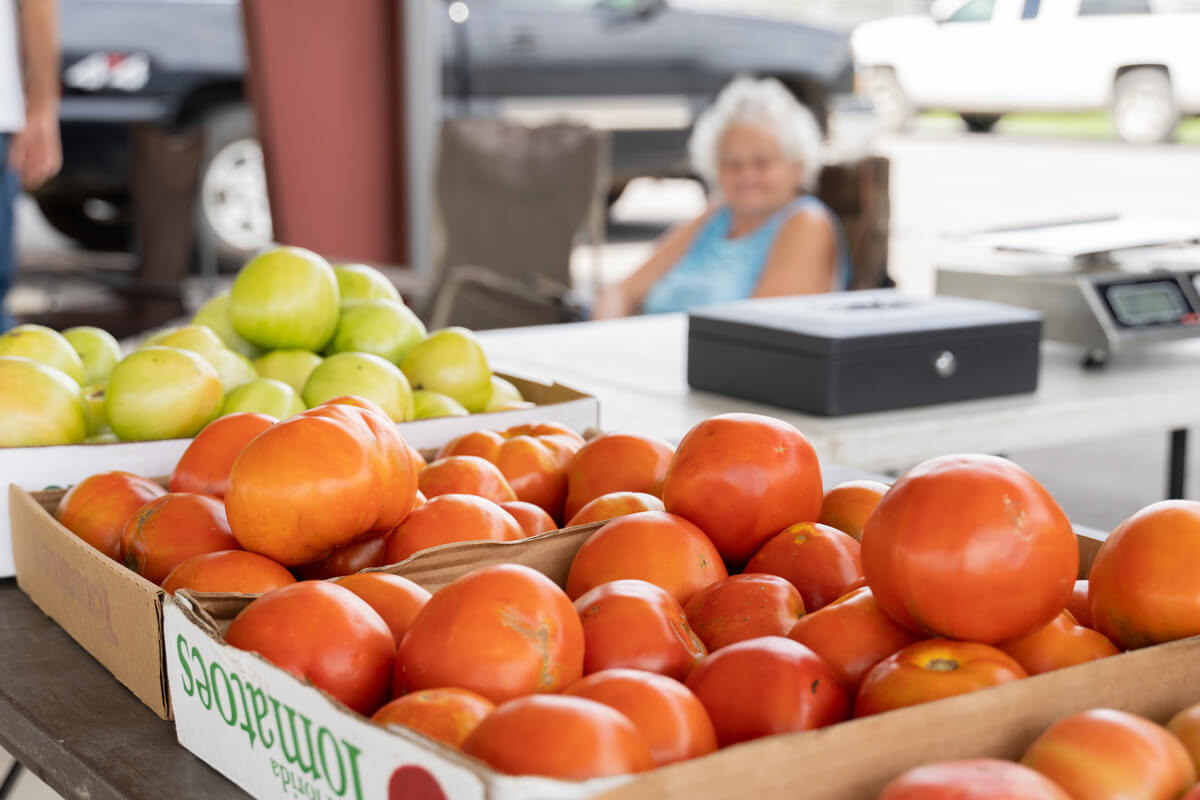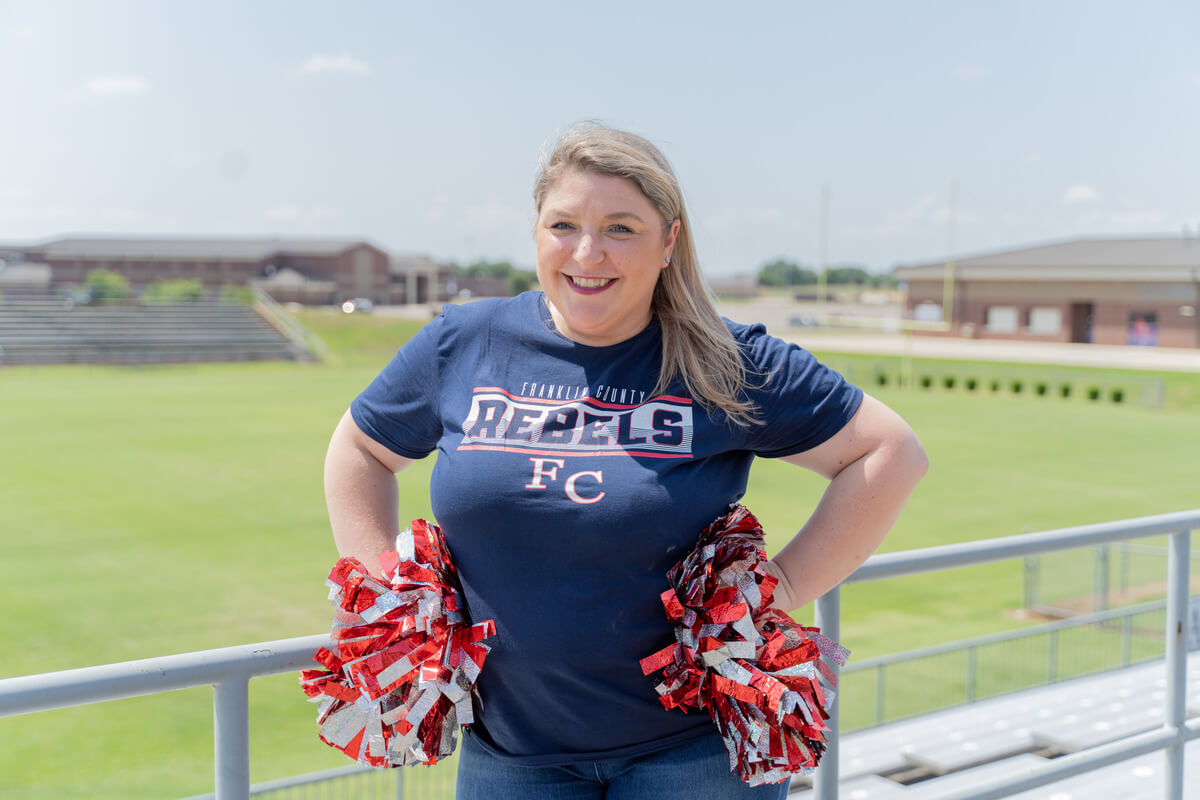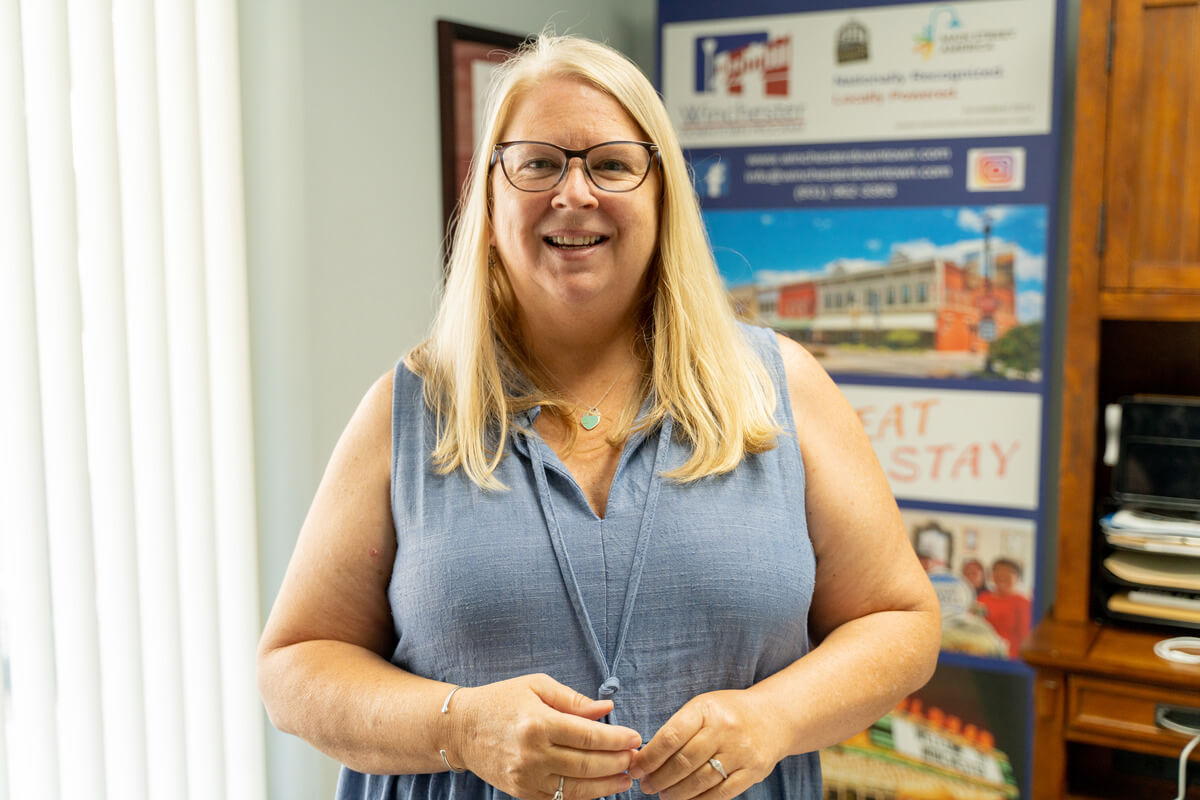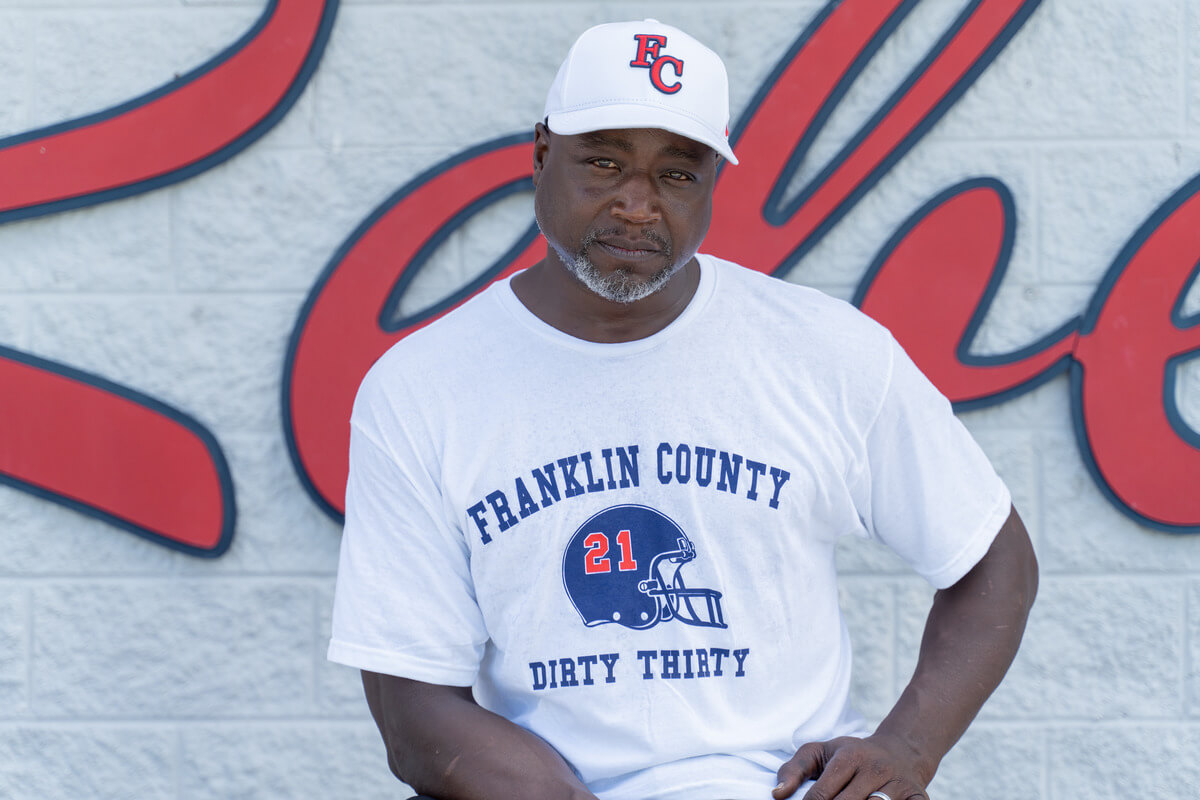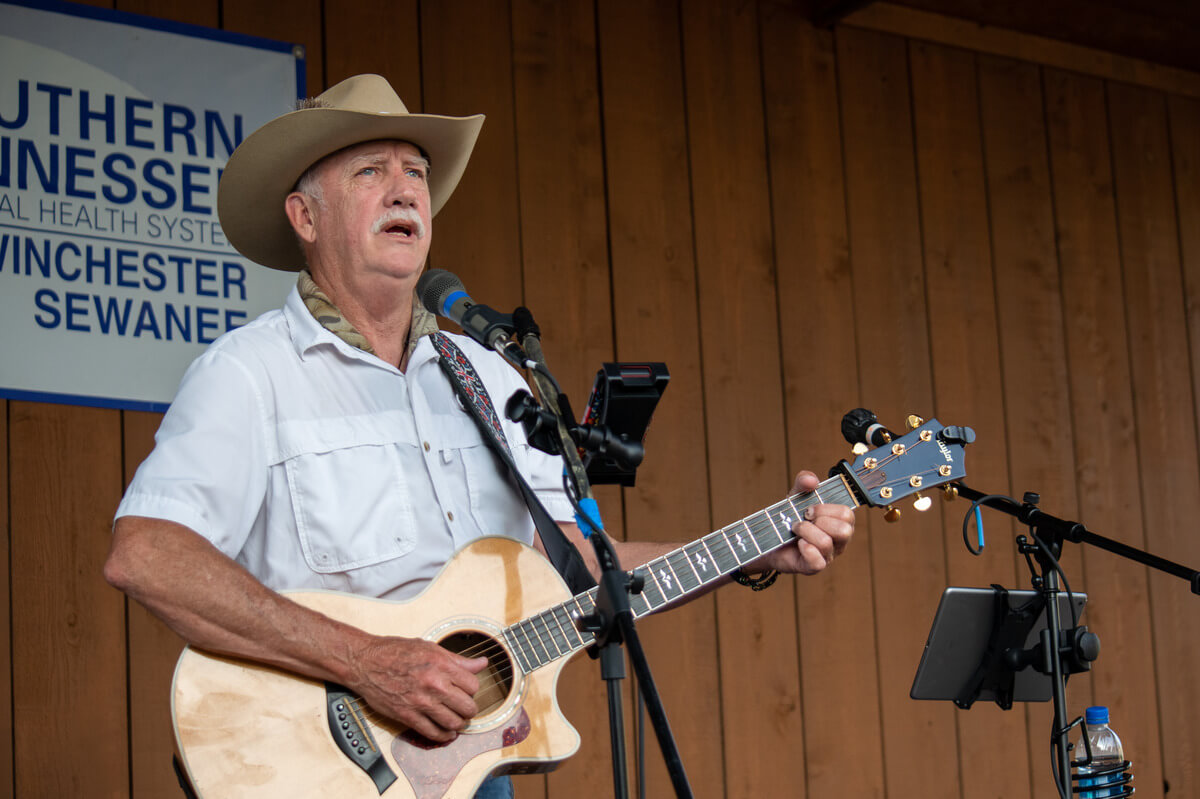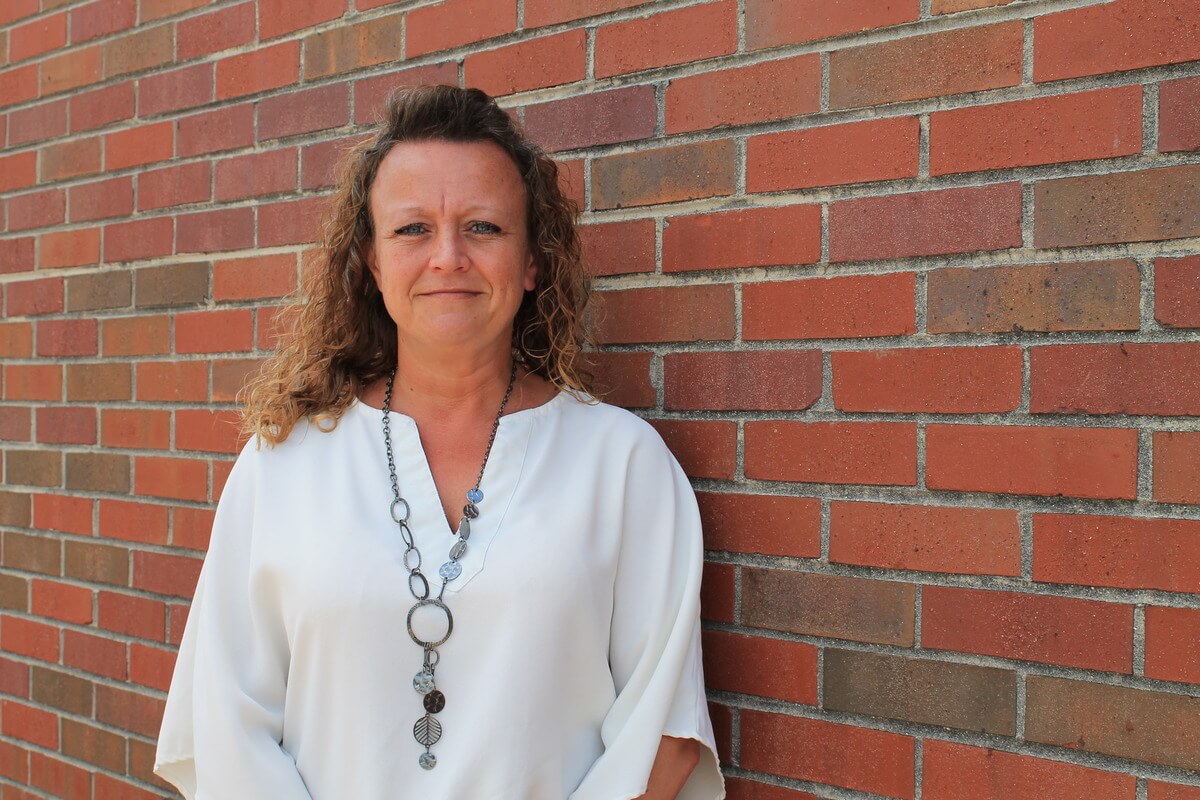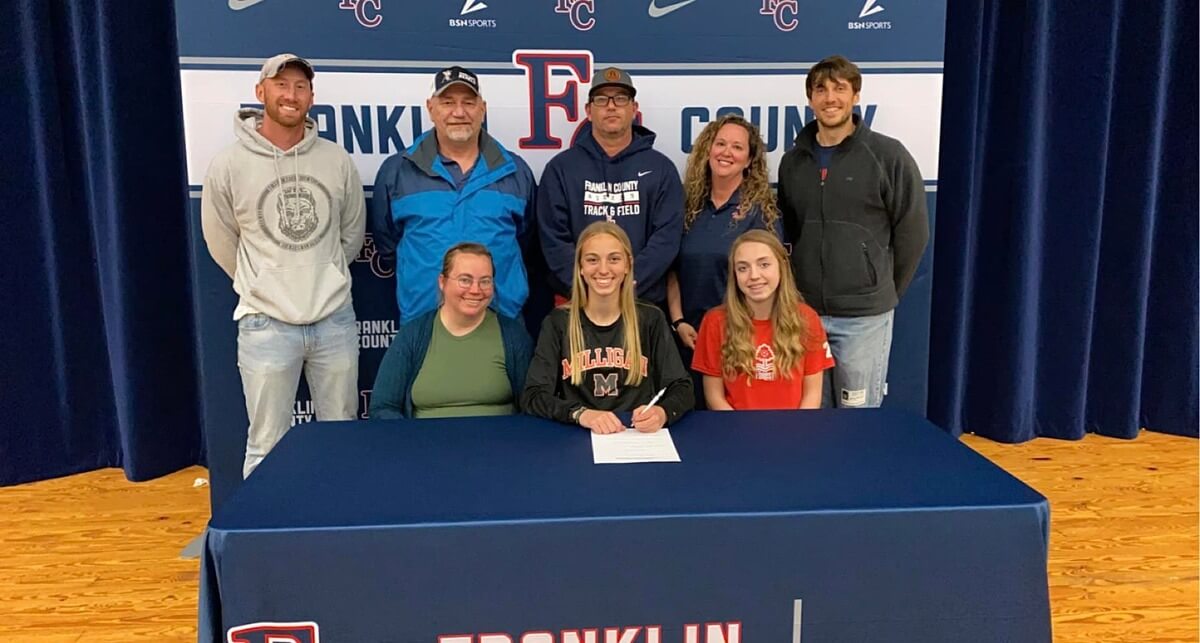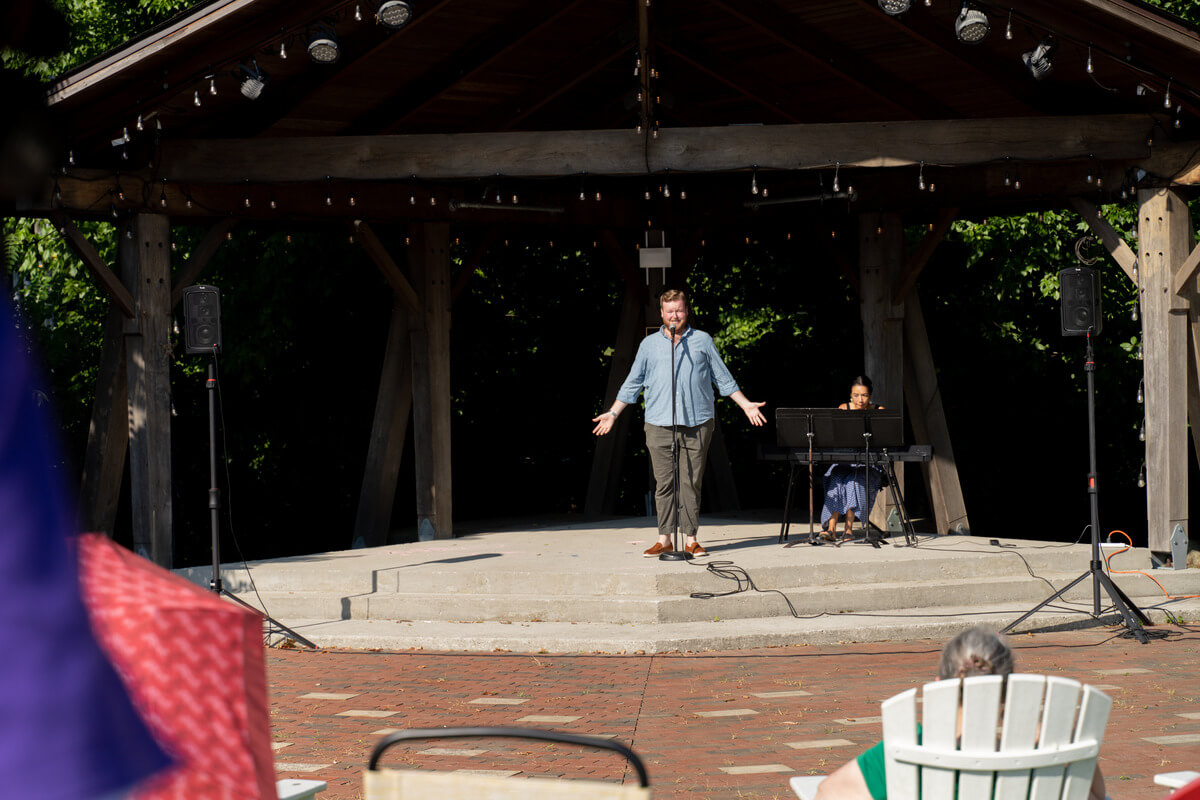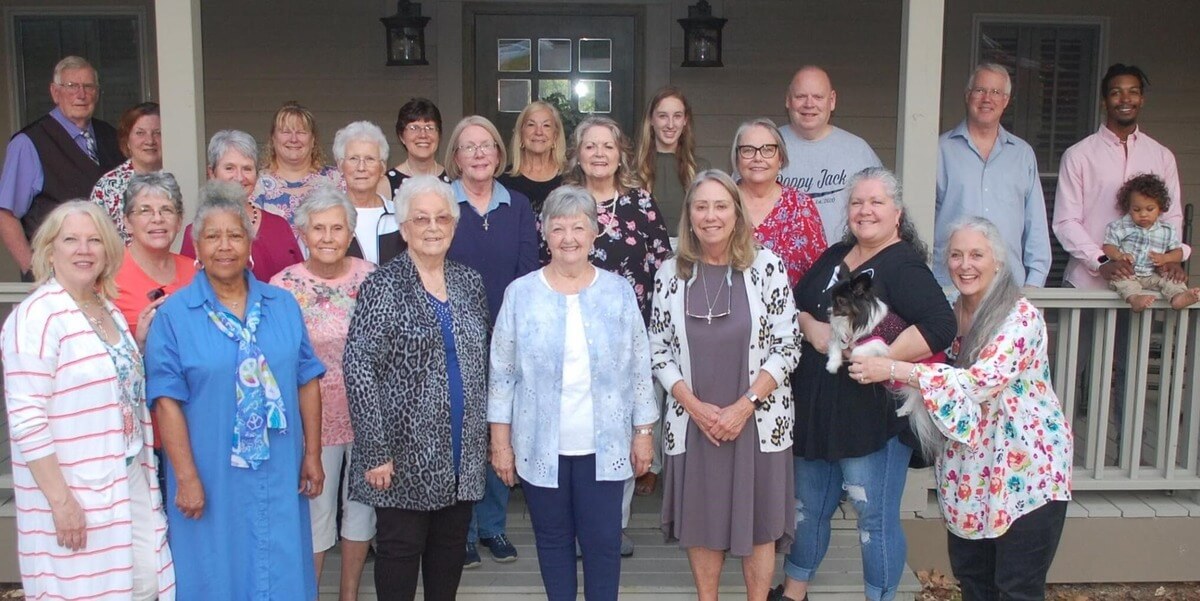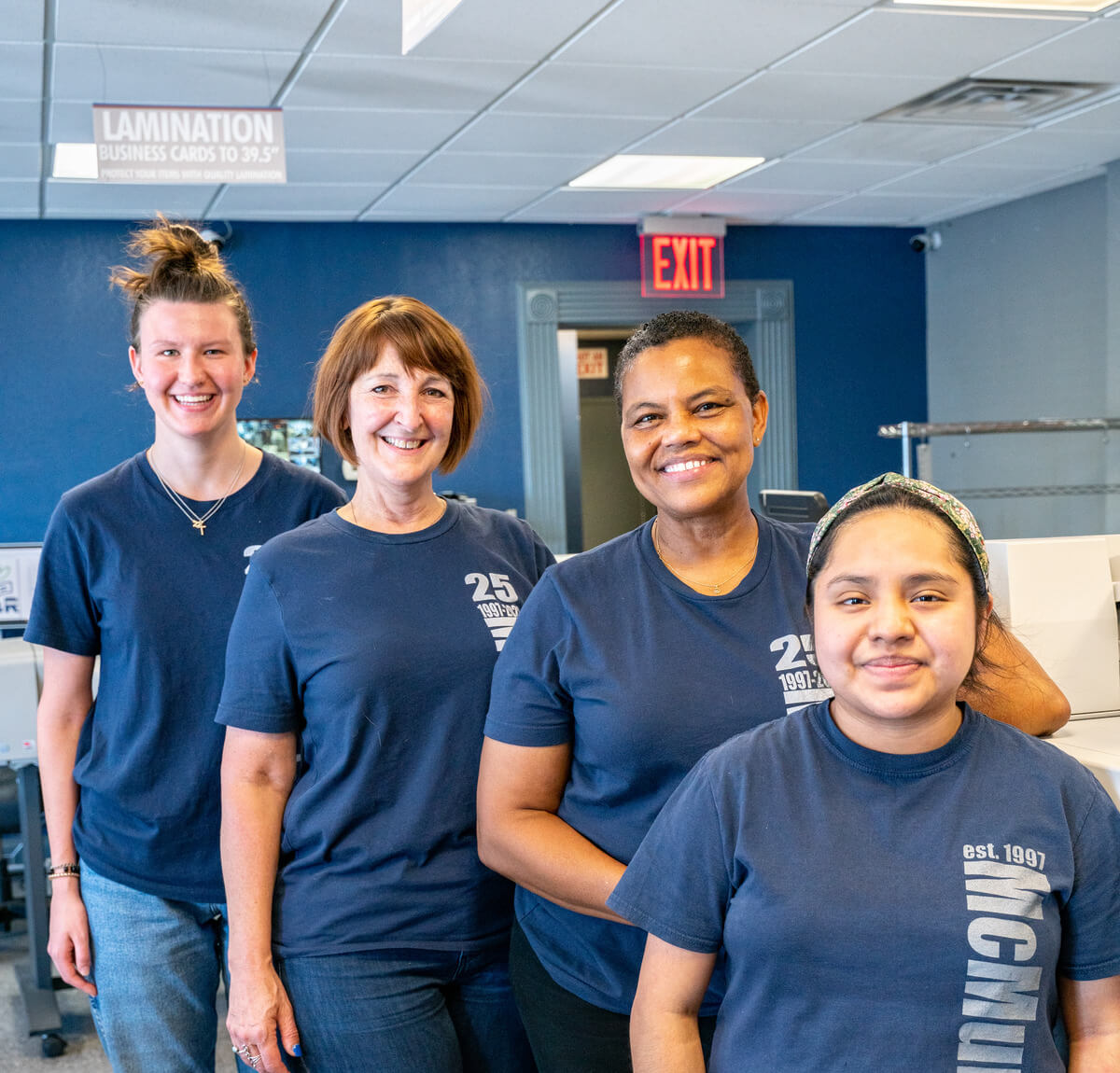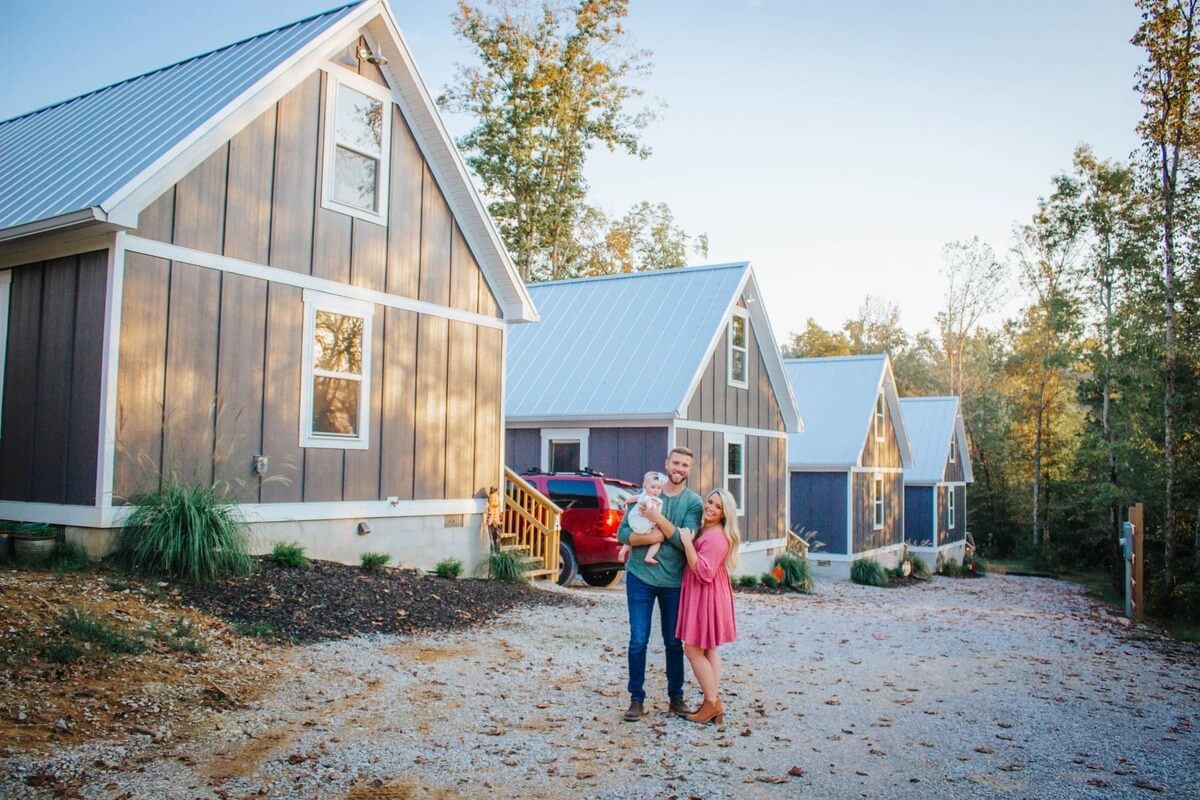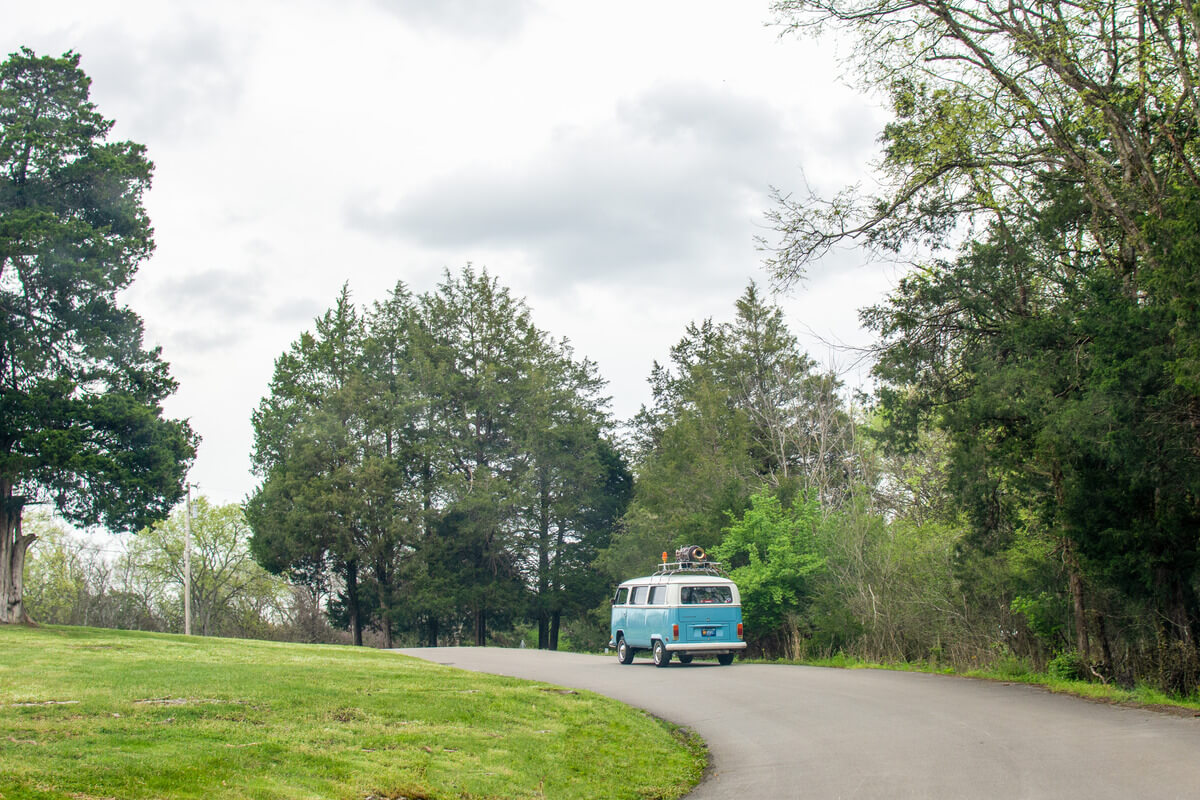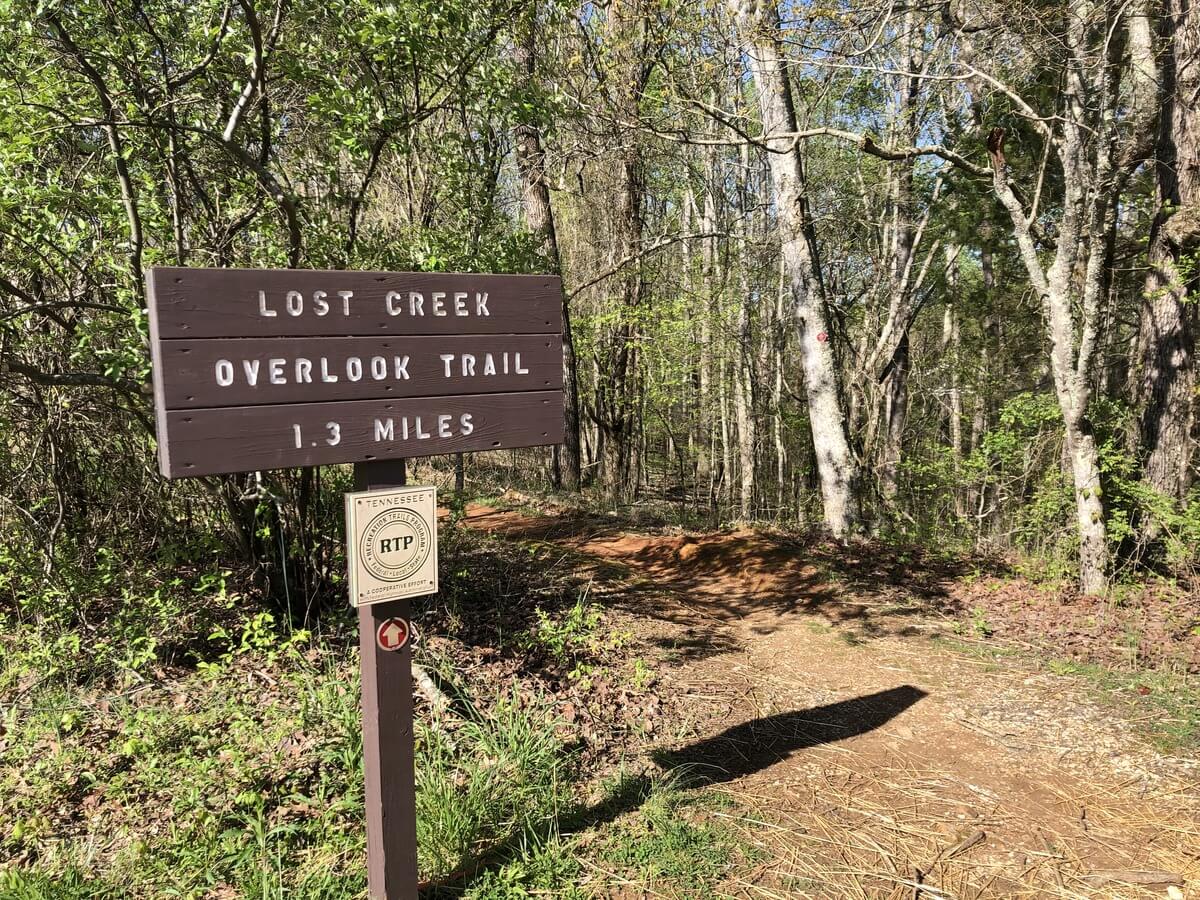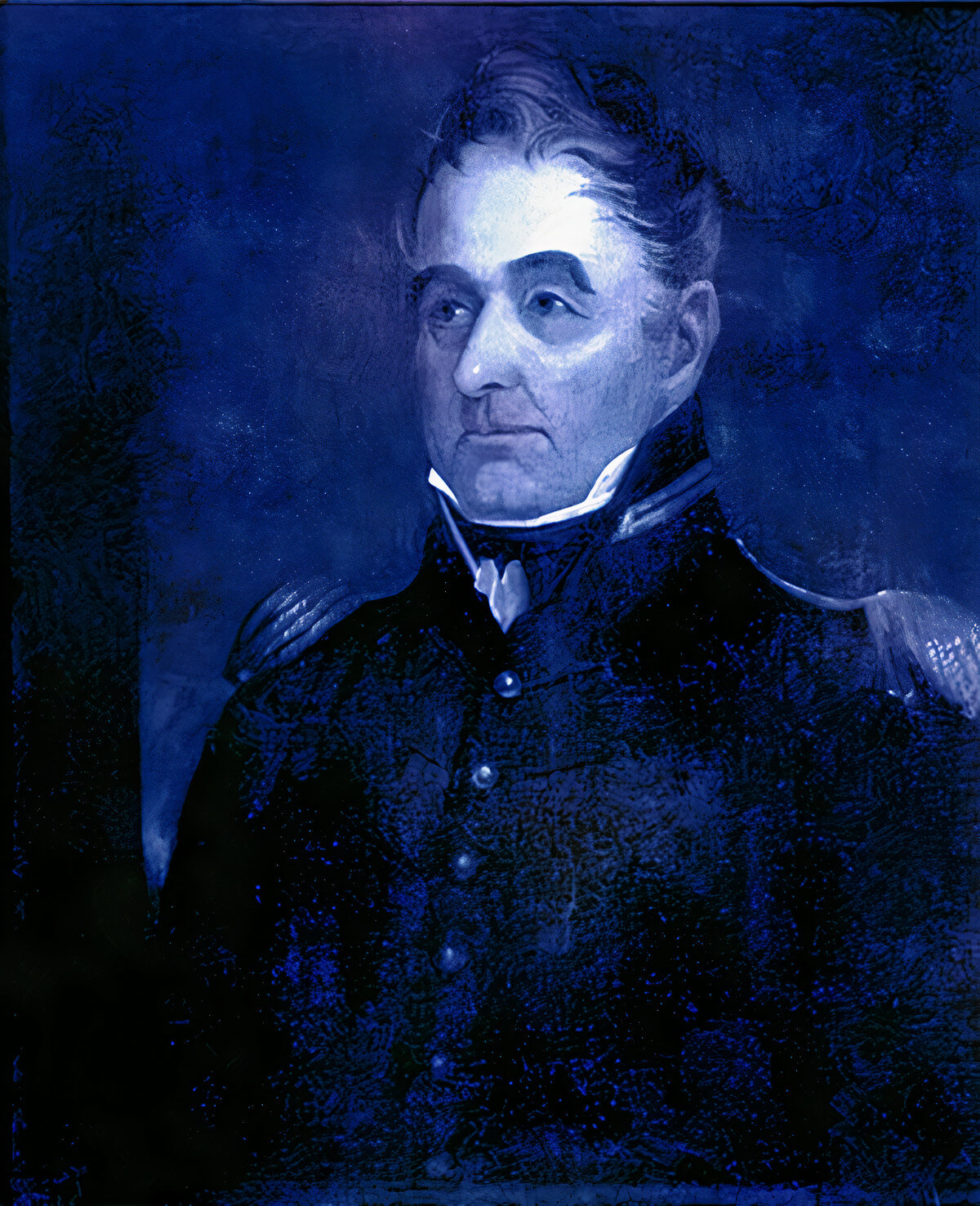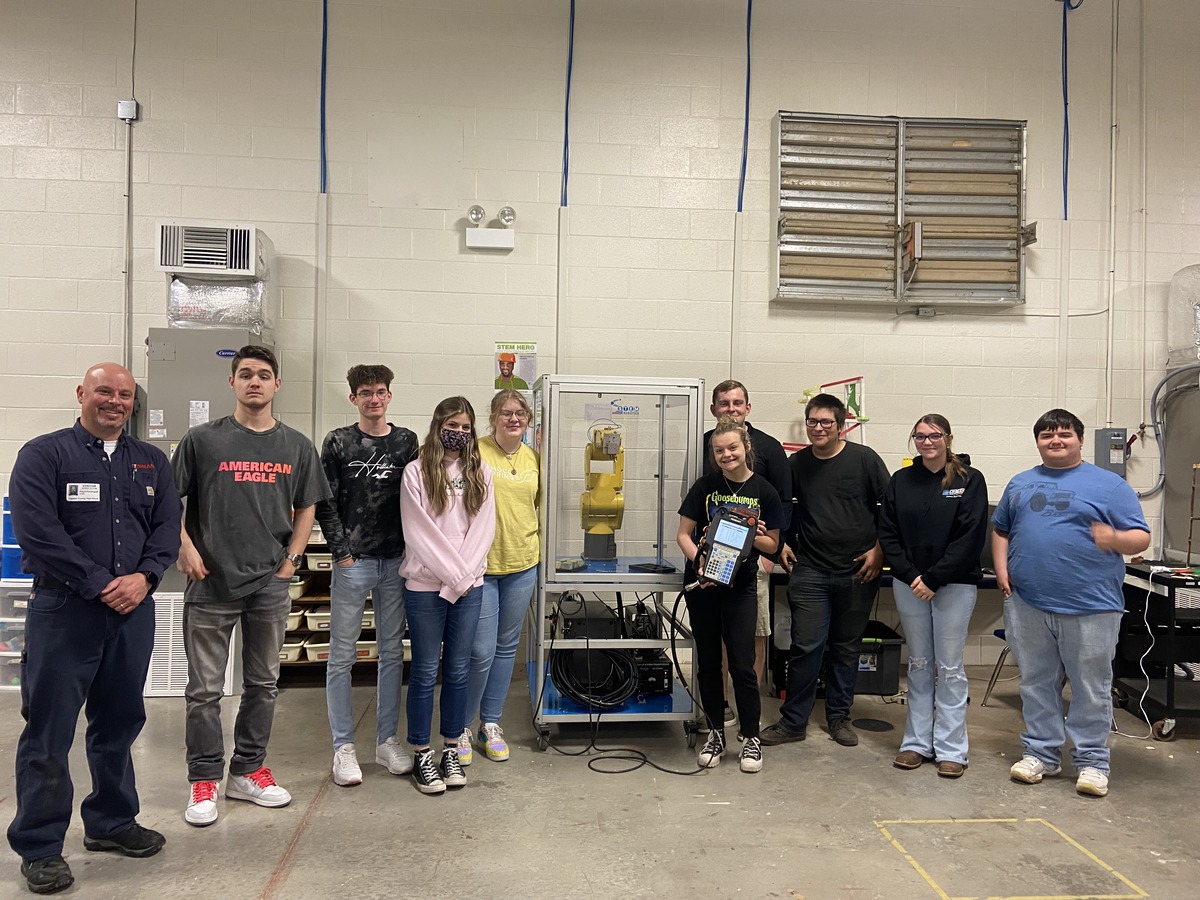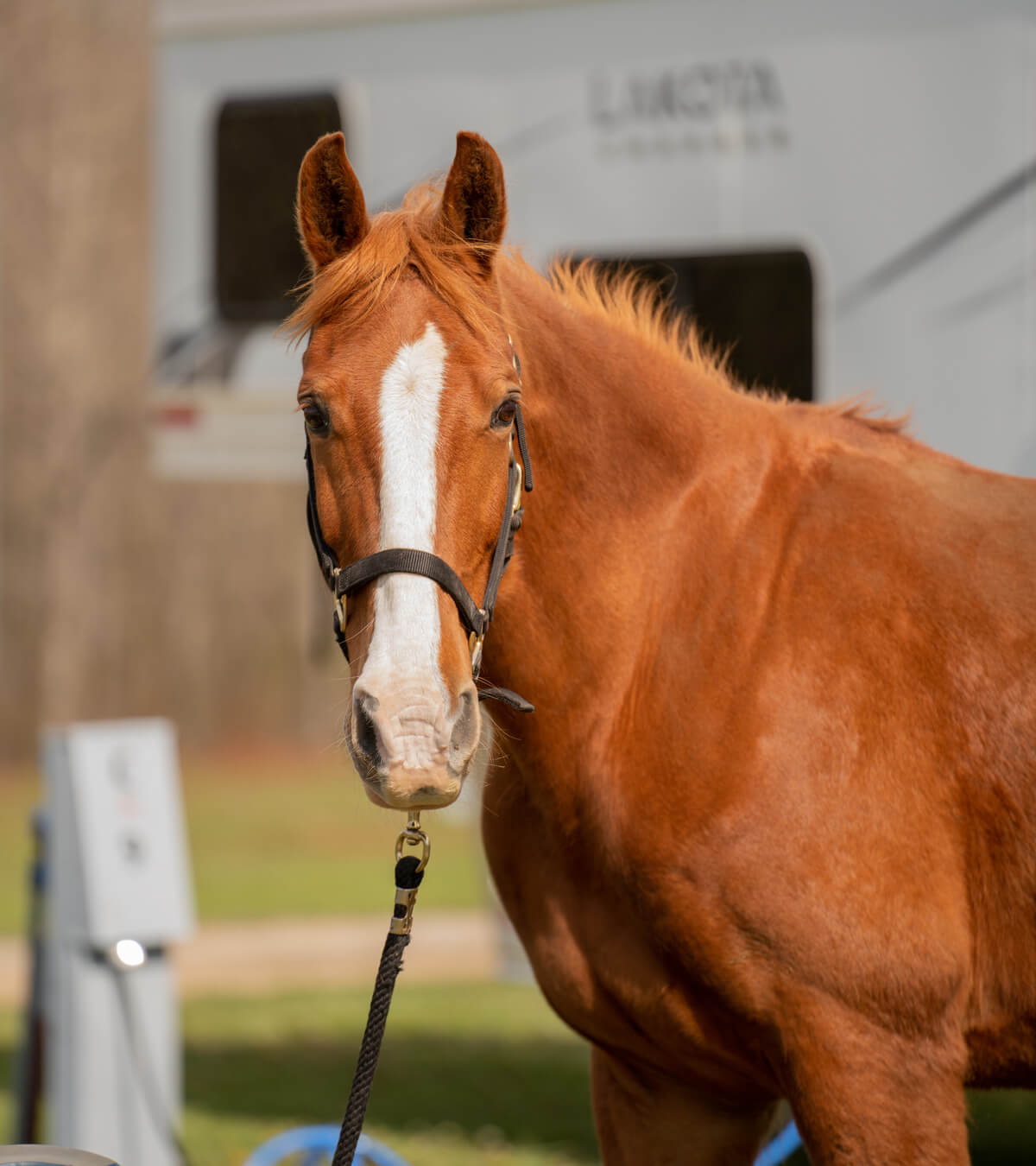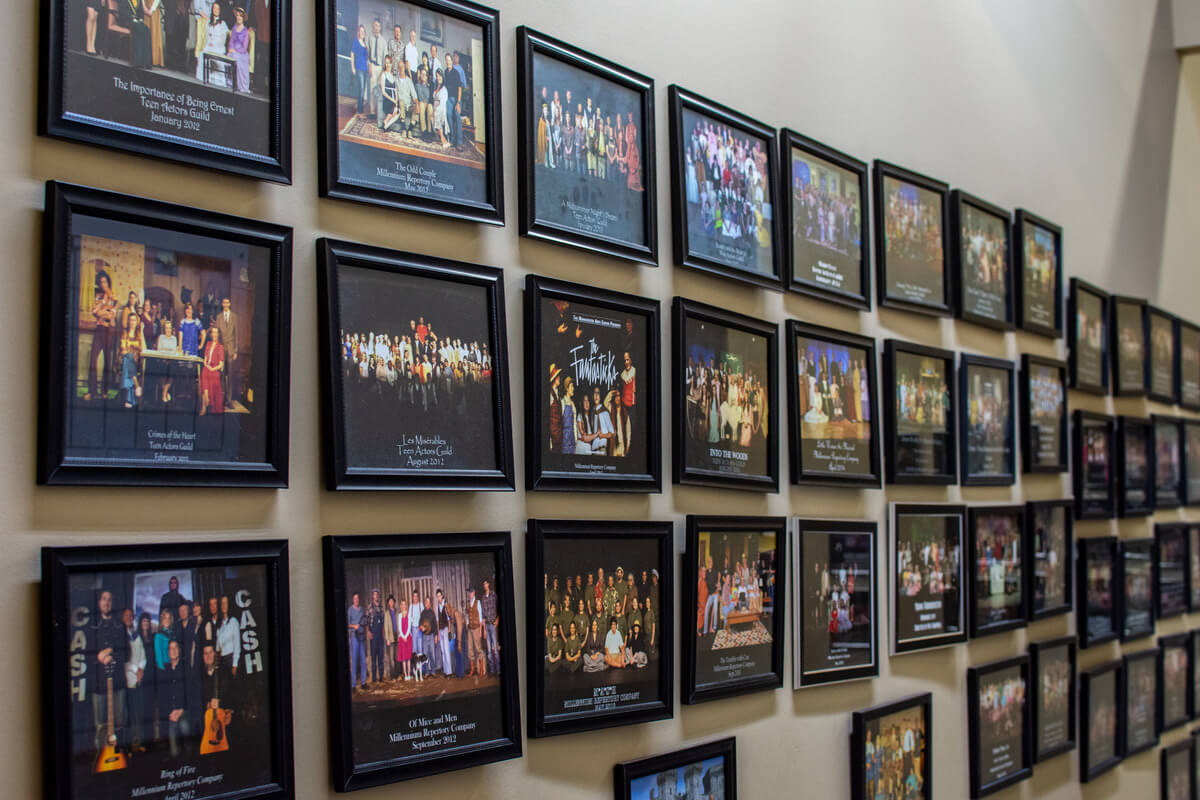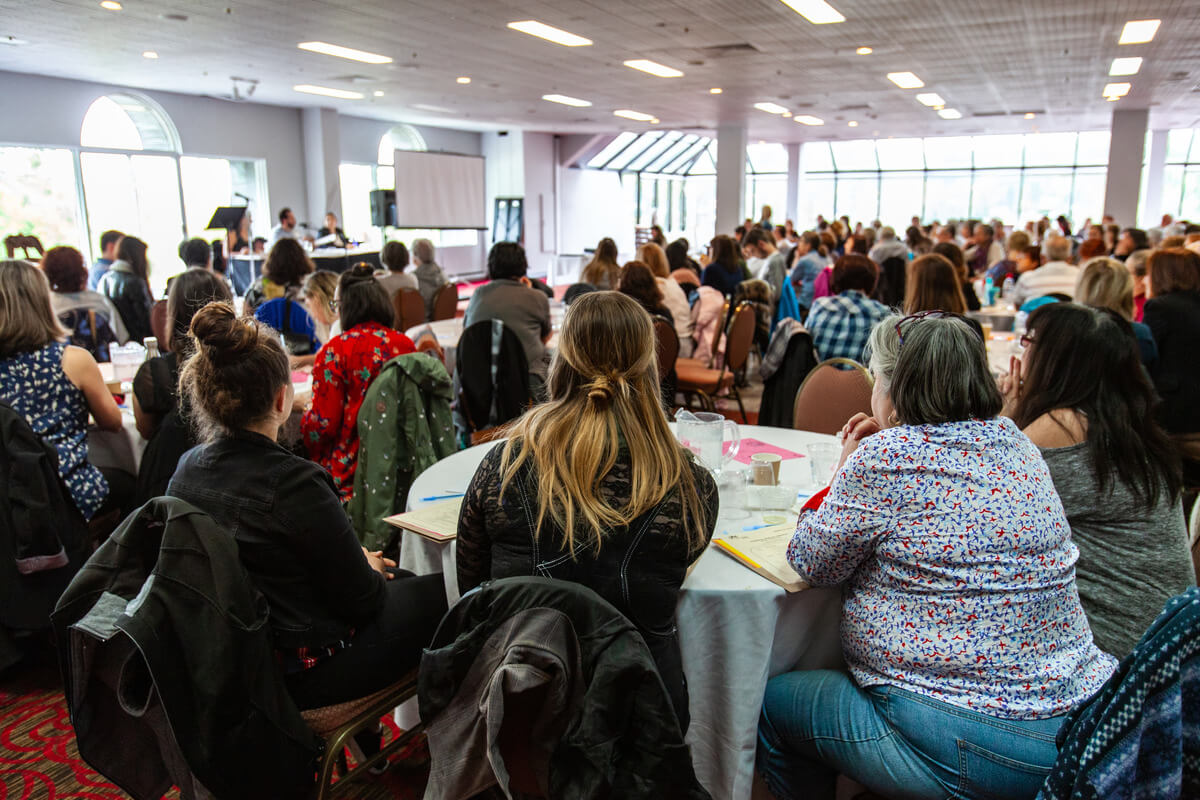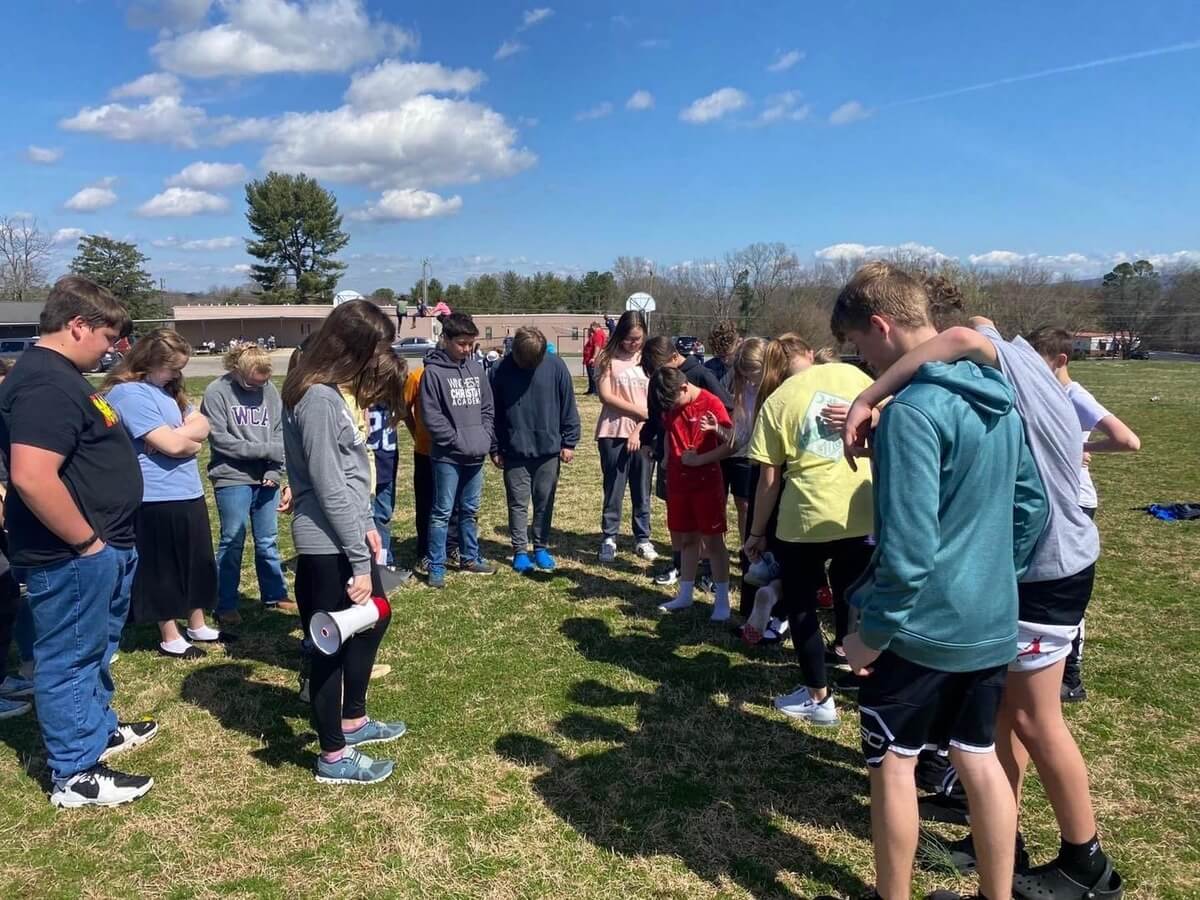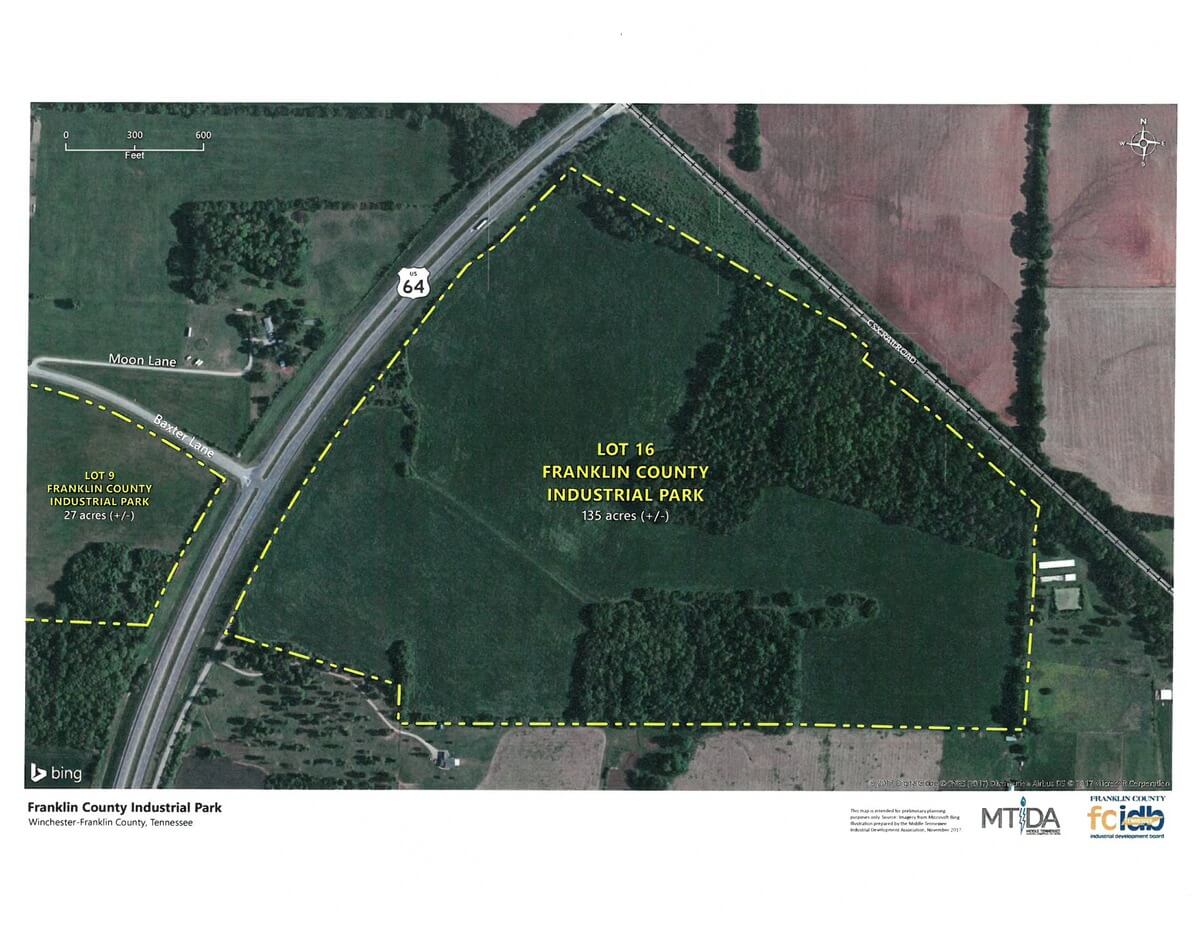IN EARLY 2020, Jordan Atkisson and his wife found themselves at a pastor’s conference in Louisiana, where a person who had recovered from a drug addiction shared a powerful message. This moment sparked a vision to address a common tragedy in many churches — the struggle to help broken individuals find their way back.
“The Lord began to deal with me about a problem that’s in a lot of churches where they don’t know how to put broken people back together. With that, we decided to get out of our comfort zone and start a recovery ministry called R3, and doors just began to open from there,” he said.
The name R3 signifies the three crucial phases of the recovery journey. Revived spirits, restored relationships, and recovered lives form the foundation of this transformative initiative. The program’s name speaks to its purpose, but the mission put into action speaks even louder.
From the beginning, the community rallied behind the R3 program. As word spread, doors swung open, and opportunities abounded. What began as a simple vision for a recovery meeting in Franklin County soon evolved into a comprehensive year-long recovery program.

A simple idea spoken aloud led to action steps that ultimately opened the program’s doors.
“It all just really fell into place. And since then, we’ve had people give houses and vehicles. People’s lives have been revived, restored, and recovered,” Atkisson continued.
The program’s structure is carefully designed to address the holistic needs of participants. The initial 30 days offer a period of rest and reflection, allowing individuals to focus on personal growth and their relationship with a higher power. Following this, participants engage in employment, attend classes, and partake in various activities aimed at instilling discipline, purpose, and a sense of belonging.
“During this time, they’re building a community around themselves. They’re making friends at work, they’re making friends at church, and they’re building a community around them. We work with the drug coalition, and they help them as well,” Laura Verdine, the communications specialist at R3 Recovery, said.

But R3’s impact extends far beyond the structured framework. It’s about creating a supportive environment, a community that stands strong alongside those on their journey to recovery. The Franklin County community has proven instrumental in the program’s success, demonstrating an unwavering commitment to the cause.
“They’re getting themselves back on track. And it takes a village. So it can’t be just one person being supportive of them. They have to have that community around them, and that’s the biggest thing,” Verdine continued.
“From a pastor’s perspective, there’s been nothing that has changed the culture of our church greater than when we started reaching for drug and alcohol users. We have seen God move more since we started R3 than we had in the five years before that. People are the heartbeat of God, and when you reach for the ones that society has given up on, that’s when God shows up,” Atkisson added.
One example of this support comes from a local businessman who stepped forward to purchase a house when circumstances threatened to leave program participants without a place to live. This act of kindness, among many others, showed program leadership the power of collective action in transforming lives.

R3 isn’t just a program; it represents the resilience and determination of individuals seeking recovery. Graduates of the program often choose to remain involved, becoming living proof that transformation is possible. Families once fractured by addiction are now reunited, testifying to the program’s profound impact.
At the heart of R3 lies a profound faith-based approach. The program emphasizes that proper recovery involves physical and emotional aspects and a spiritual awakening. By integrating faith into the recovery process, participants find strength and solace in knowing they are never alone in their journey.
They emphasize that everyone deserves a chance at recovery regardless of their background or struggles. The program invites all churches and individuals to join hands in this endeavor, recognizing that the heartbeat of God is found in every person in every community.
Atkisson also highlighted the importance of the program’s staff, two members in particular, Troy Johnson and Leif Plunkett, endearingly referred to as the “backbones” of the program.
Recovery is a universal journey. It transcends race, social status, and circumstance, emphasizing the innate need for human connection and support. With the right support and unwavering commitment, R3 will continue to rebuild lives, one step at a time. GN


